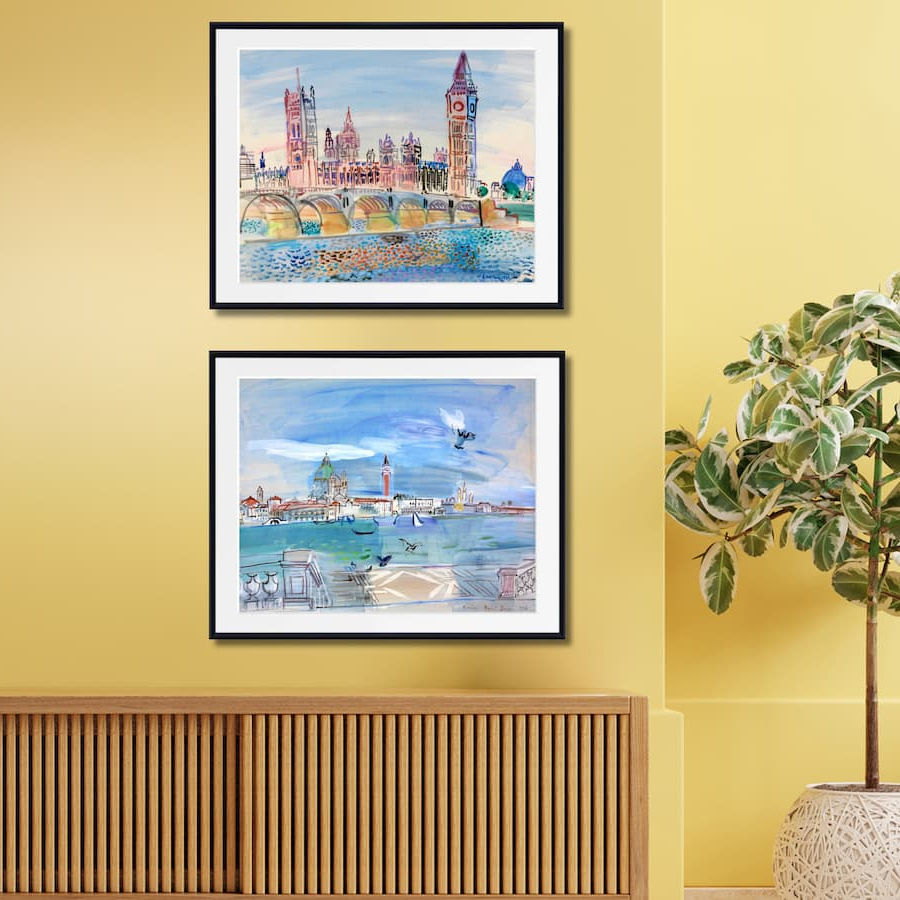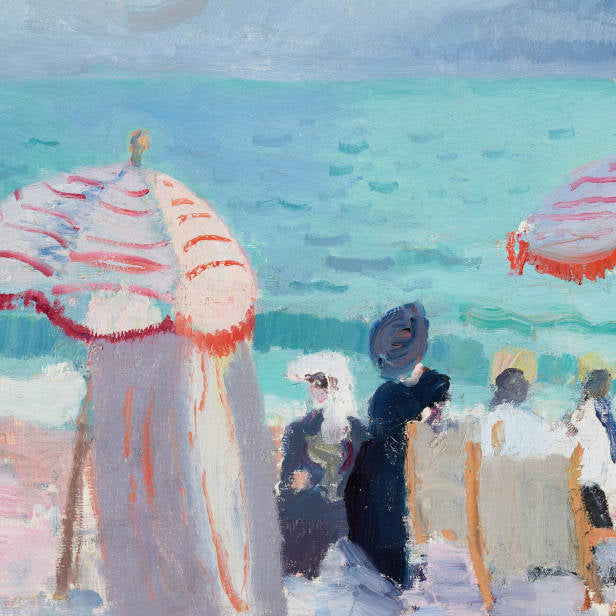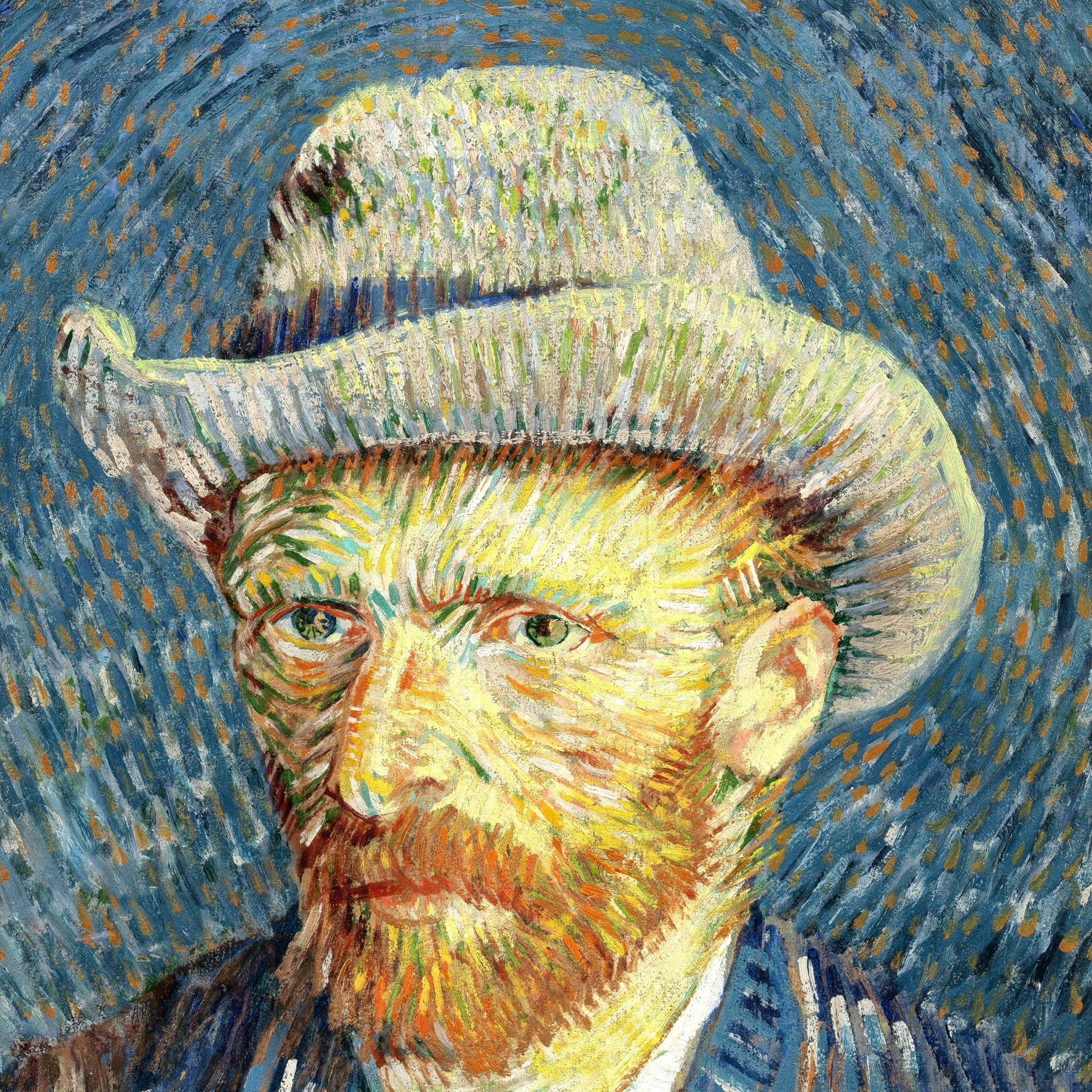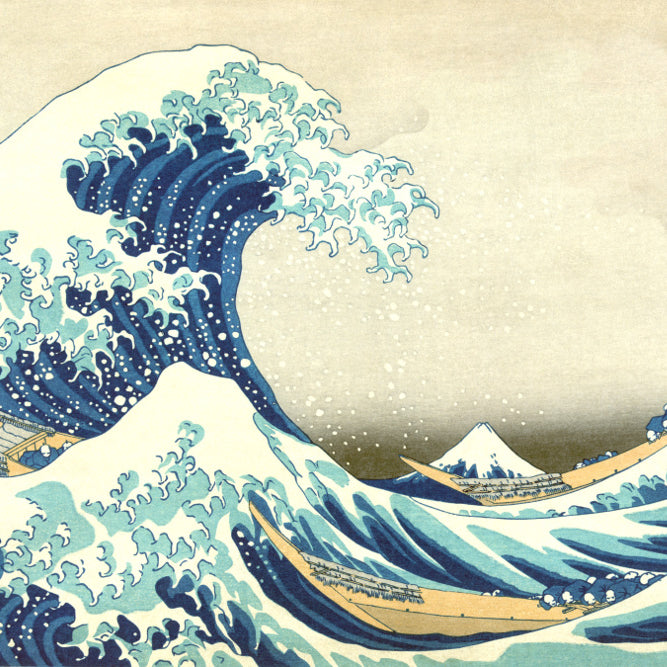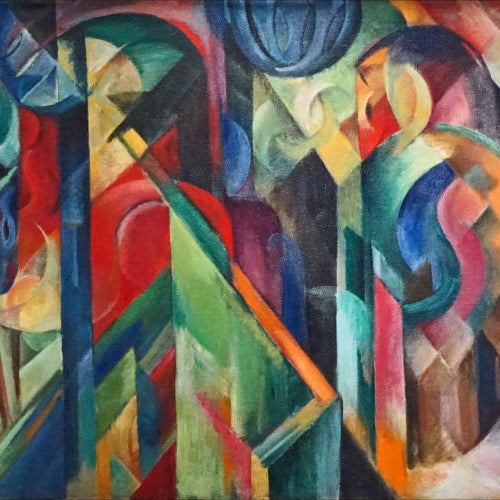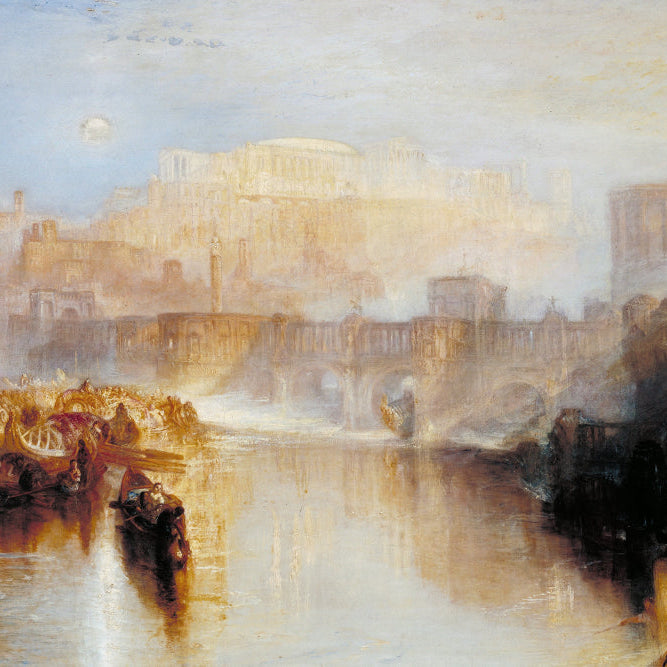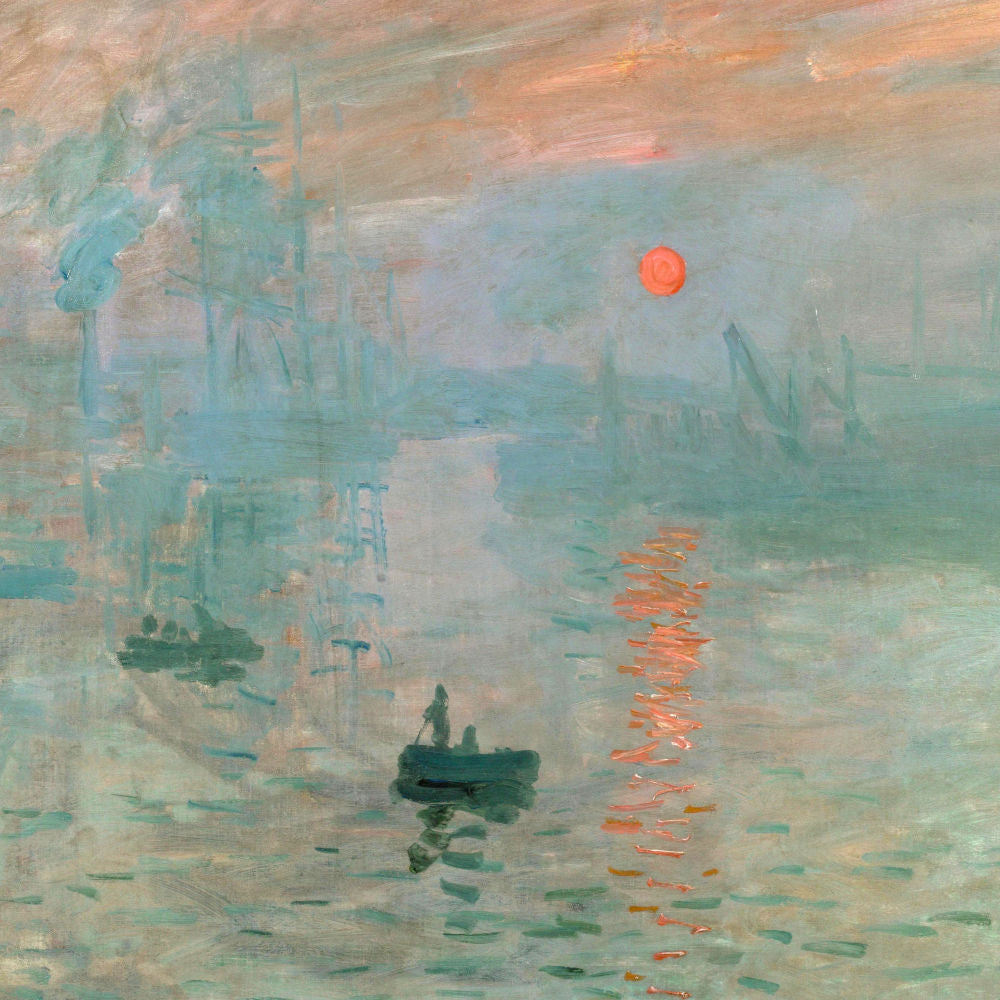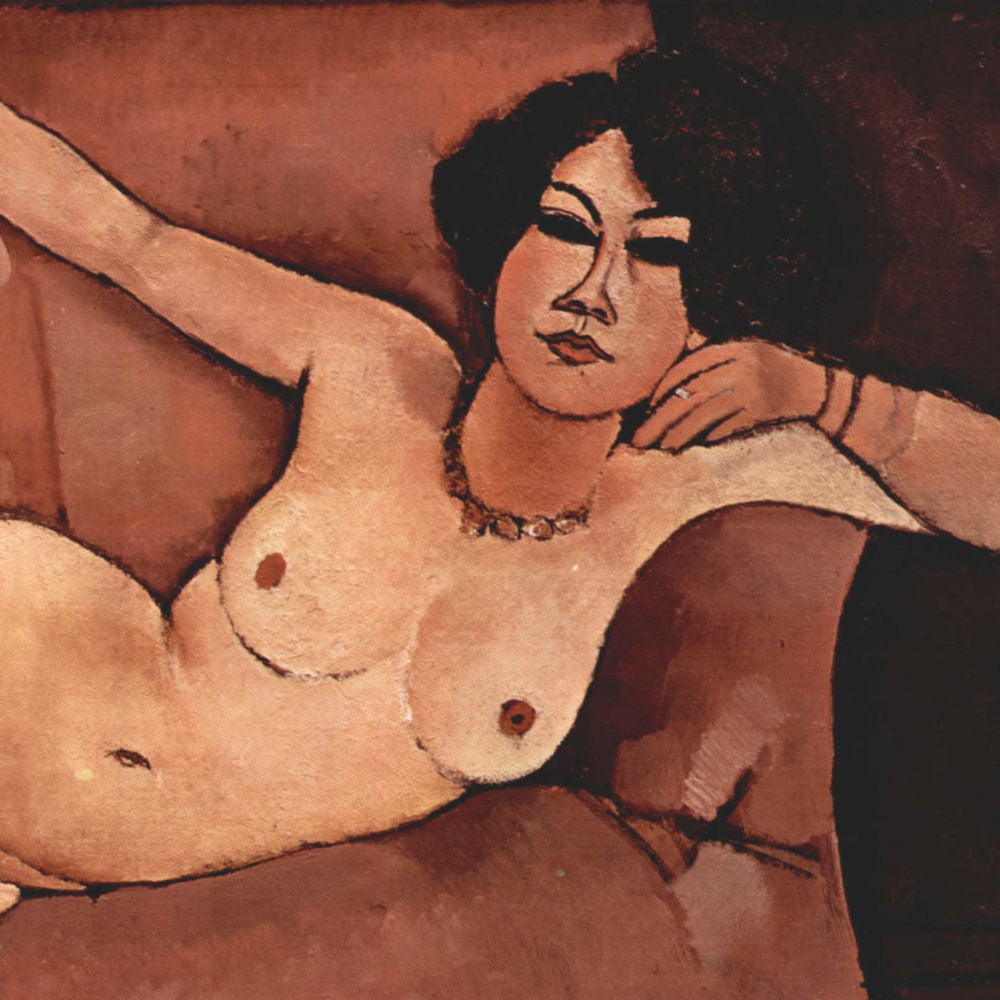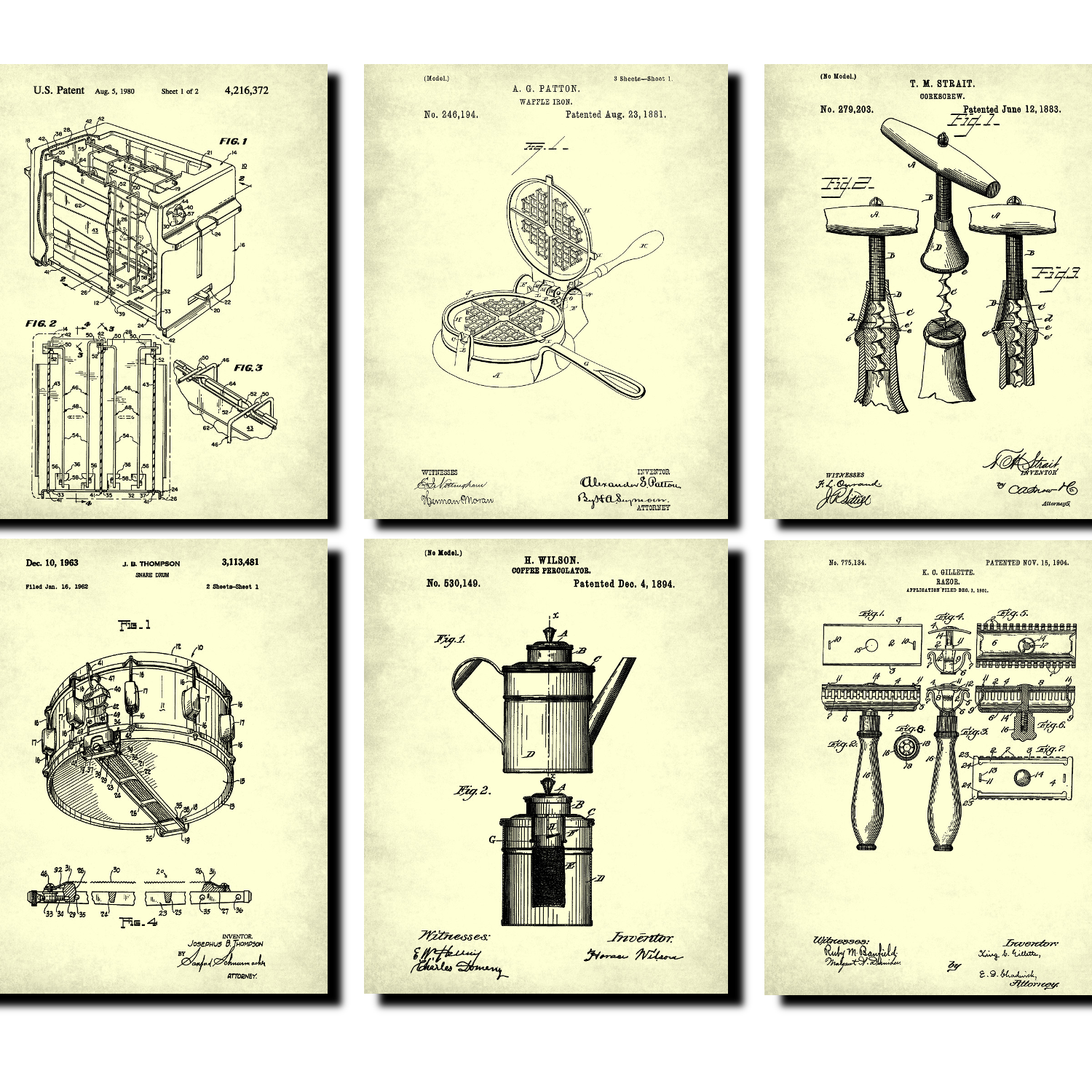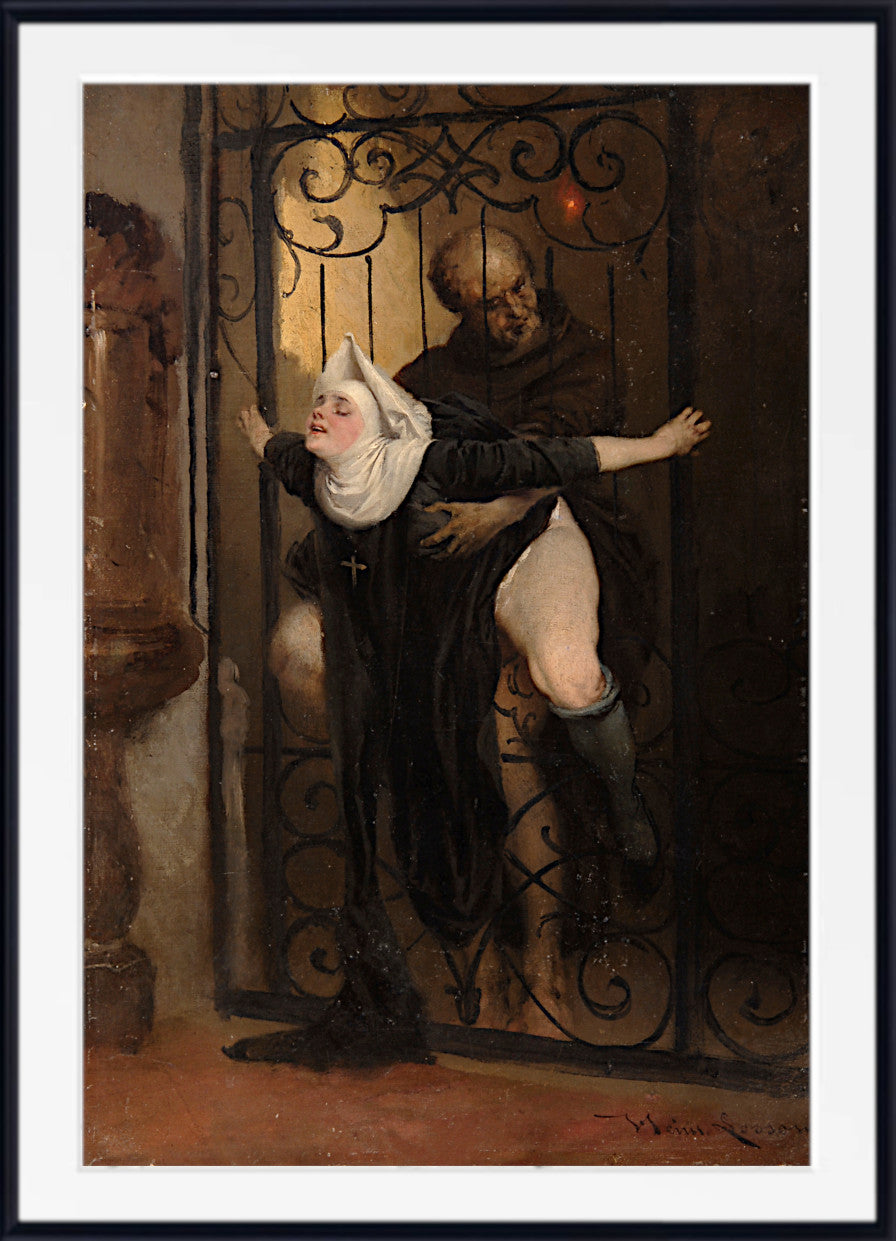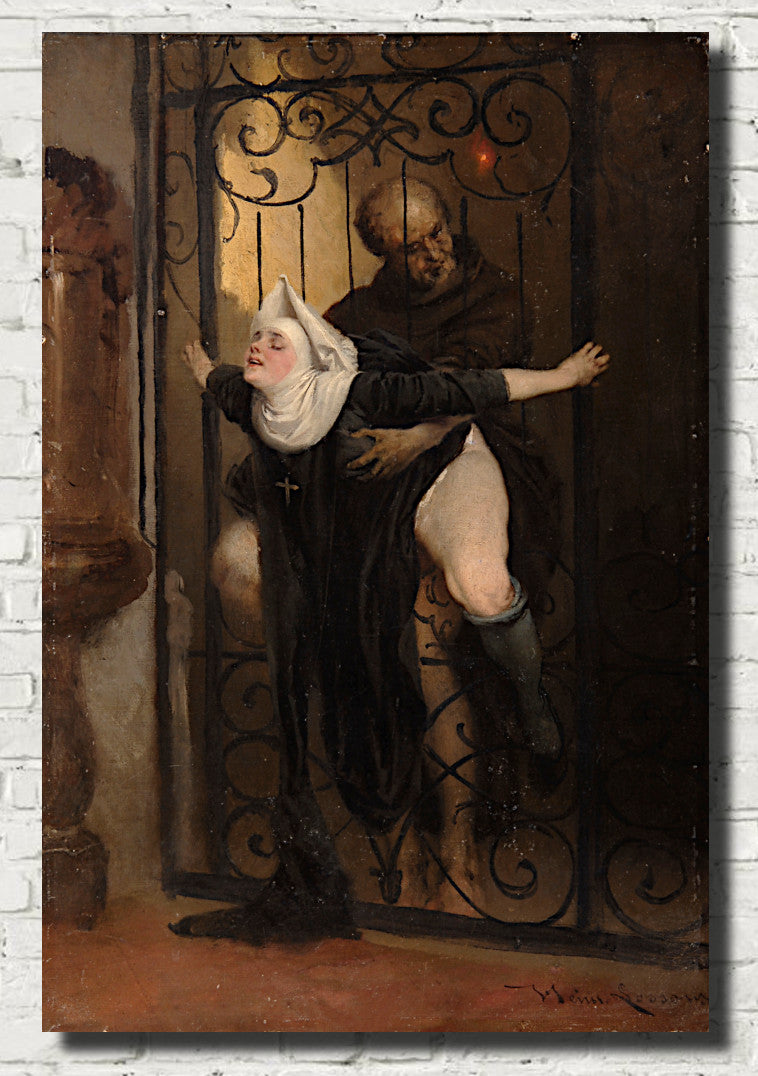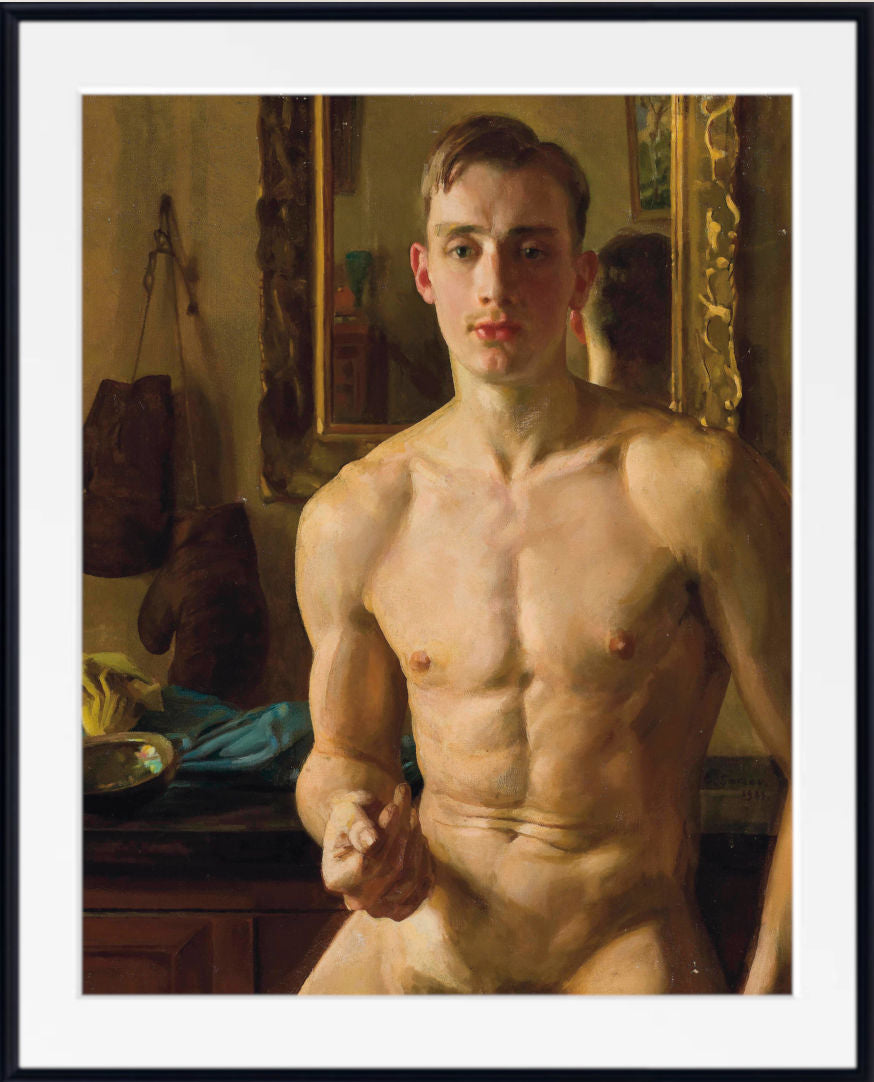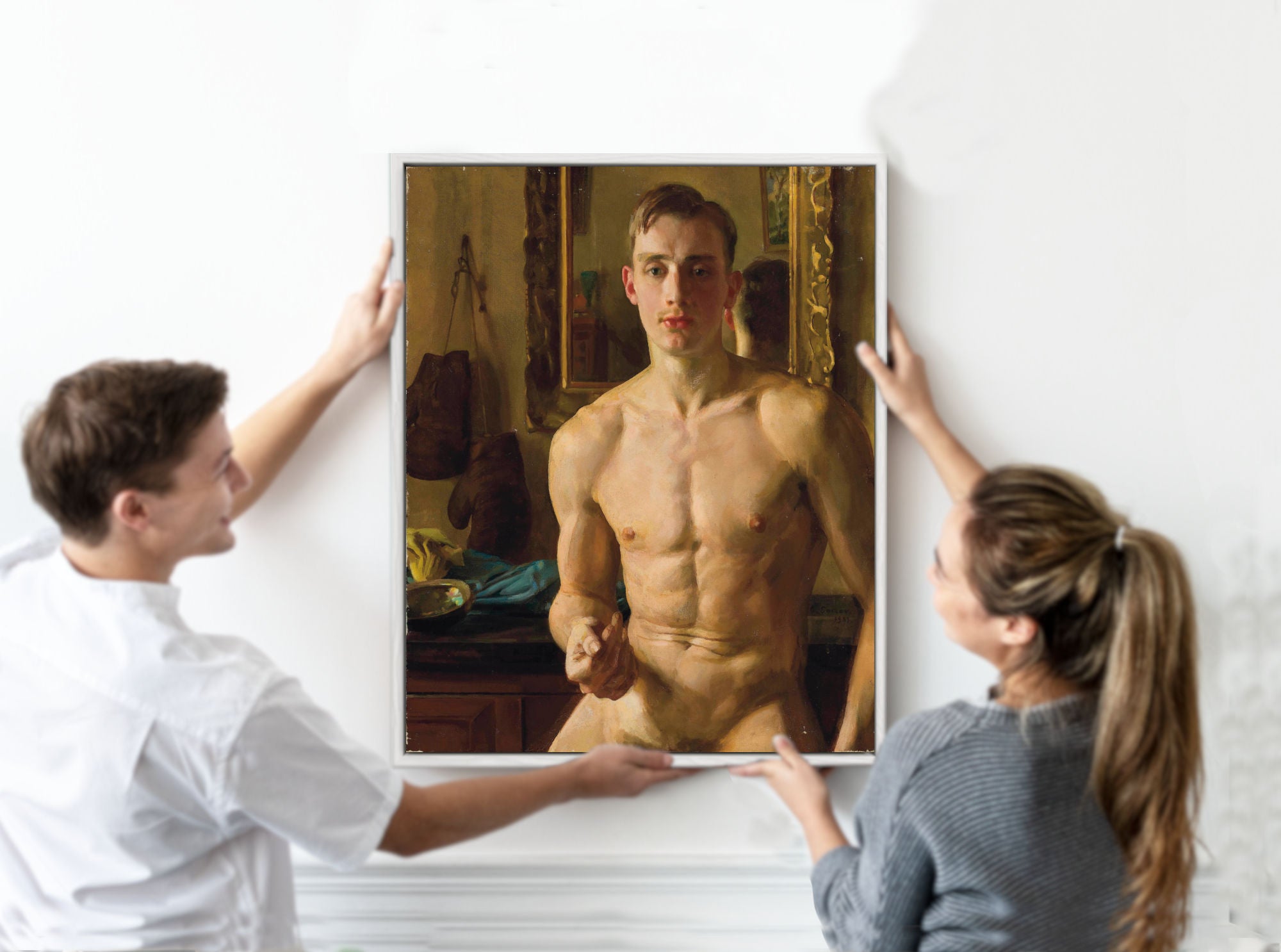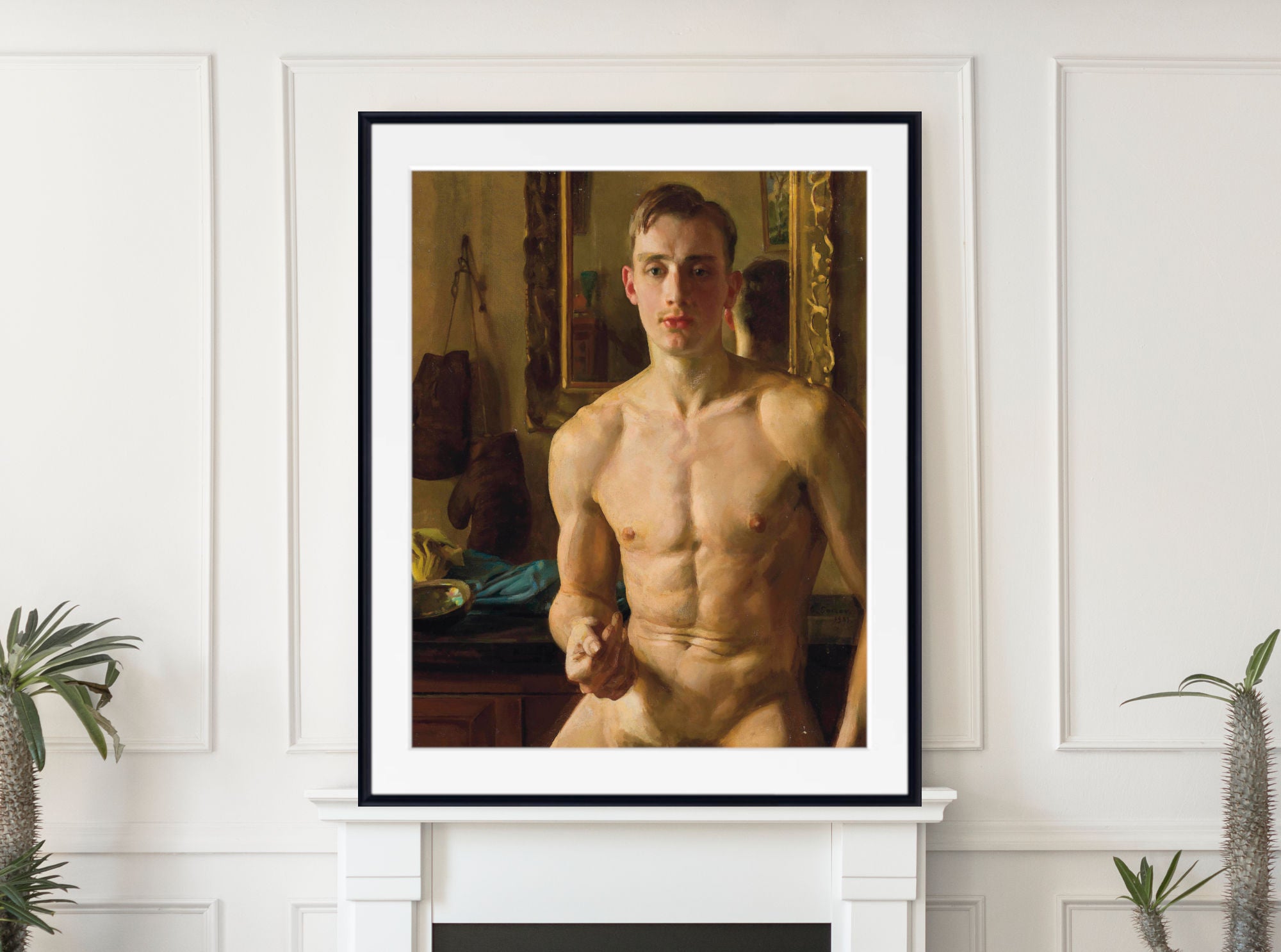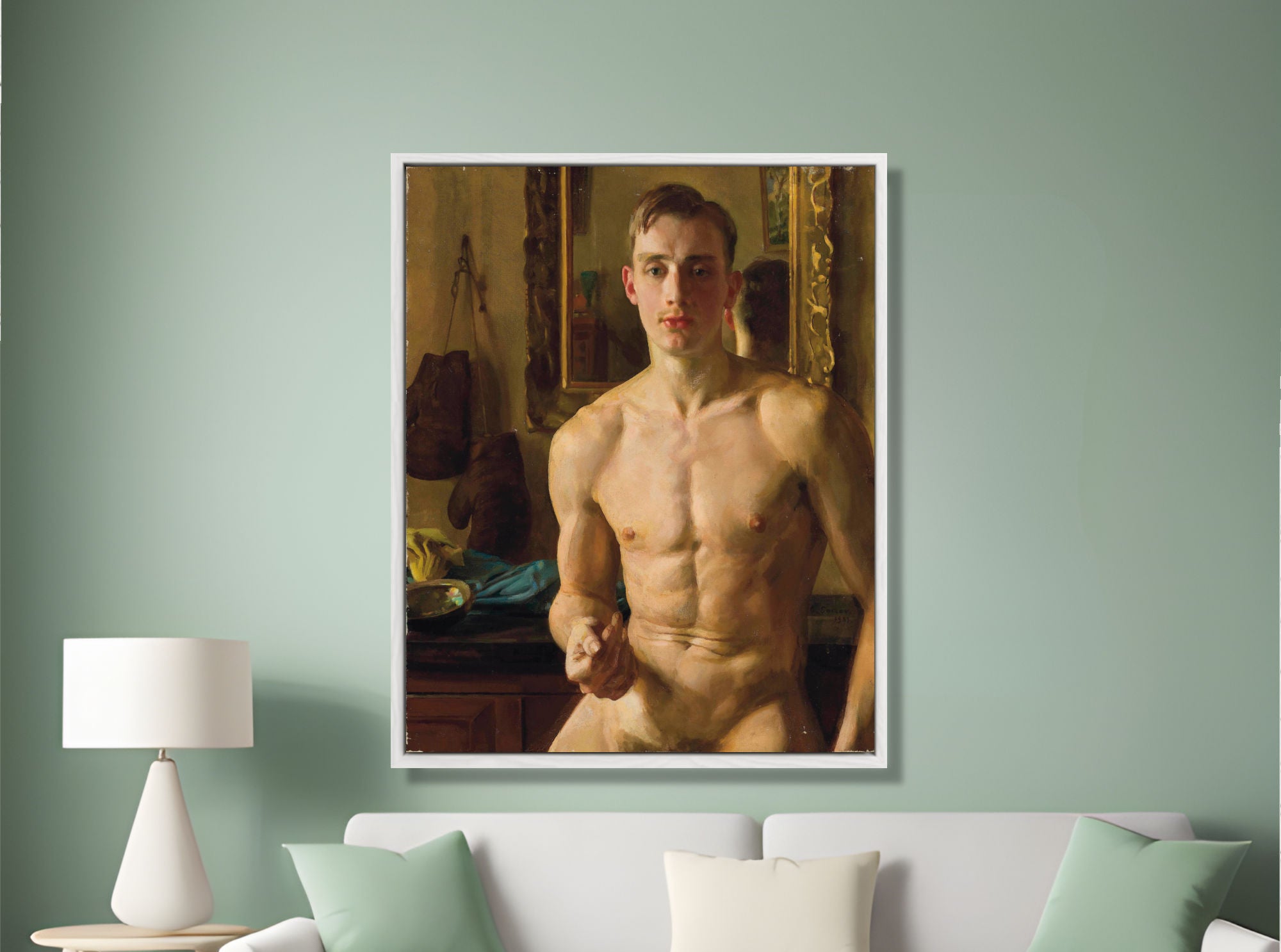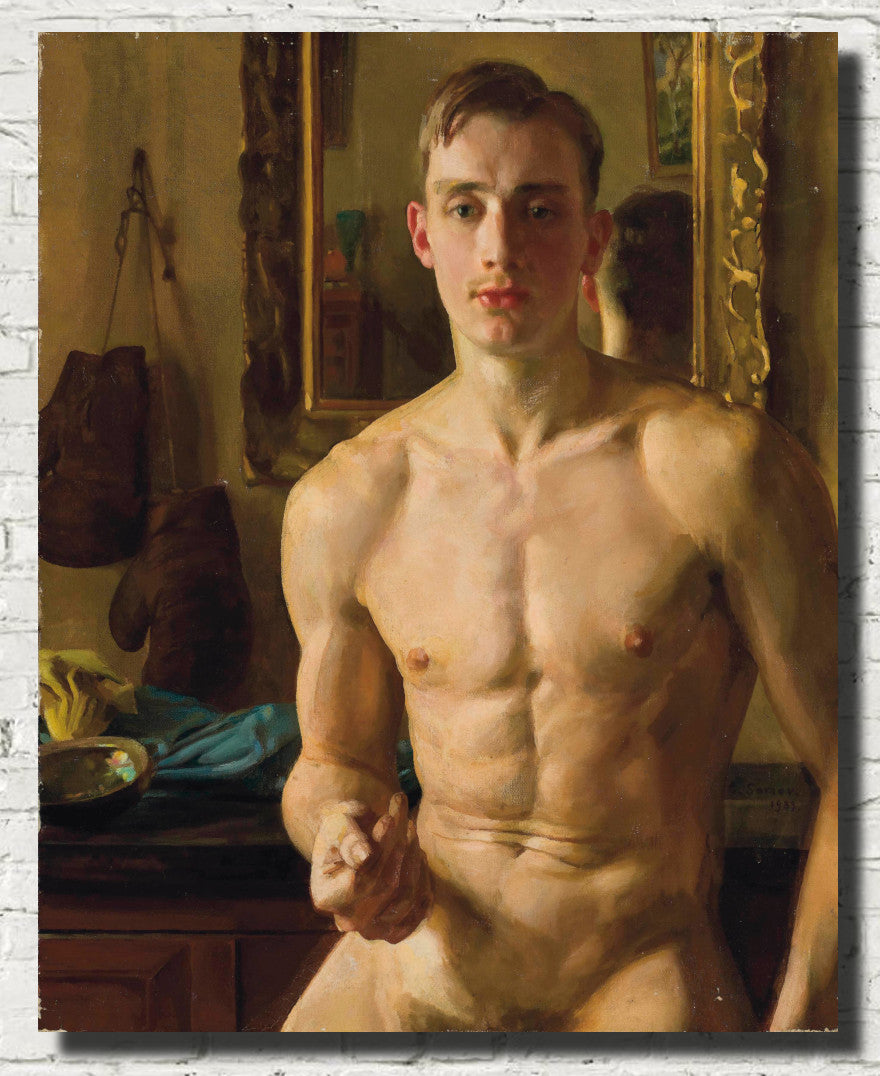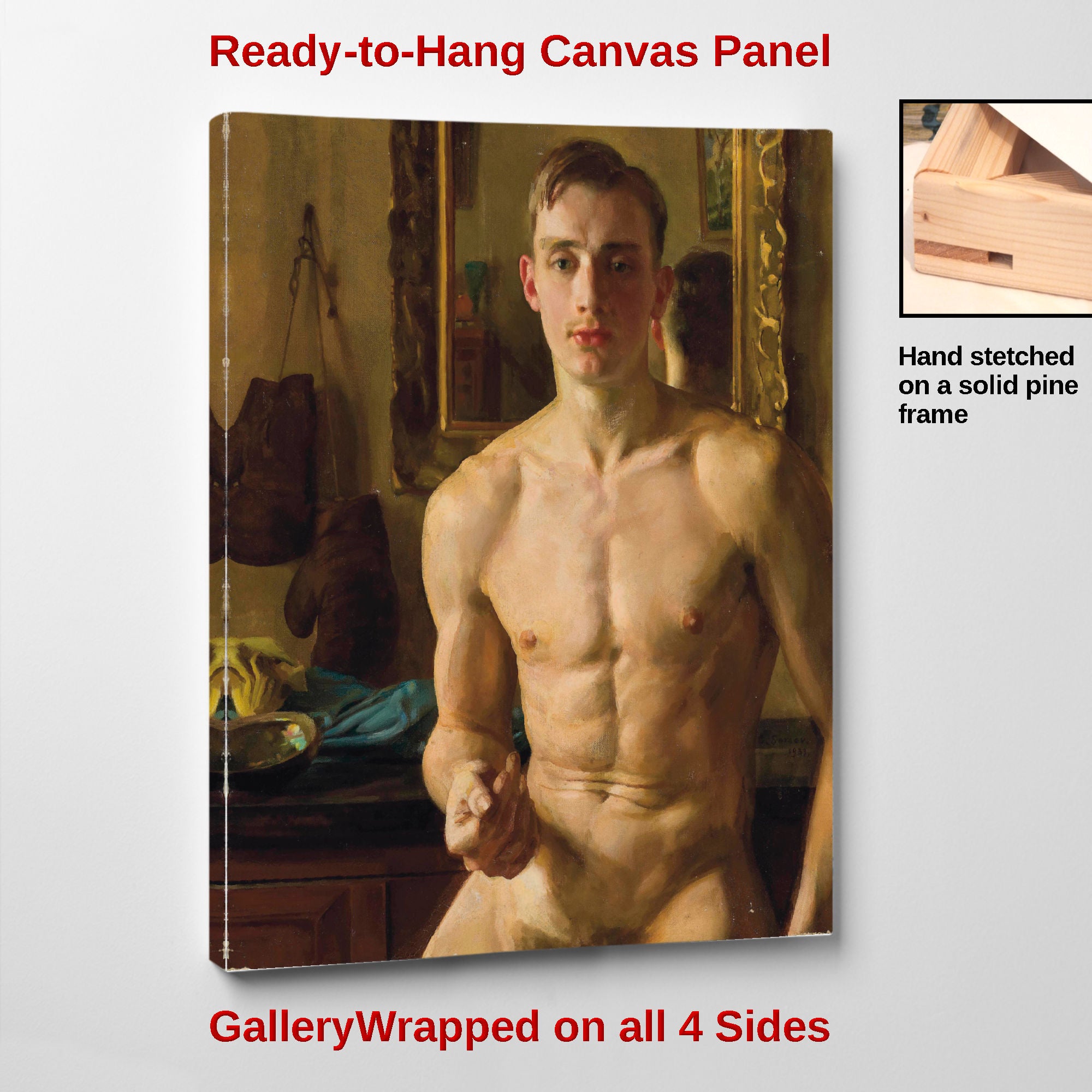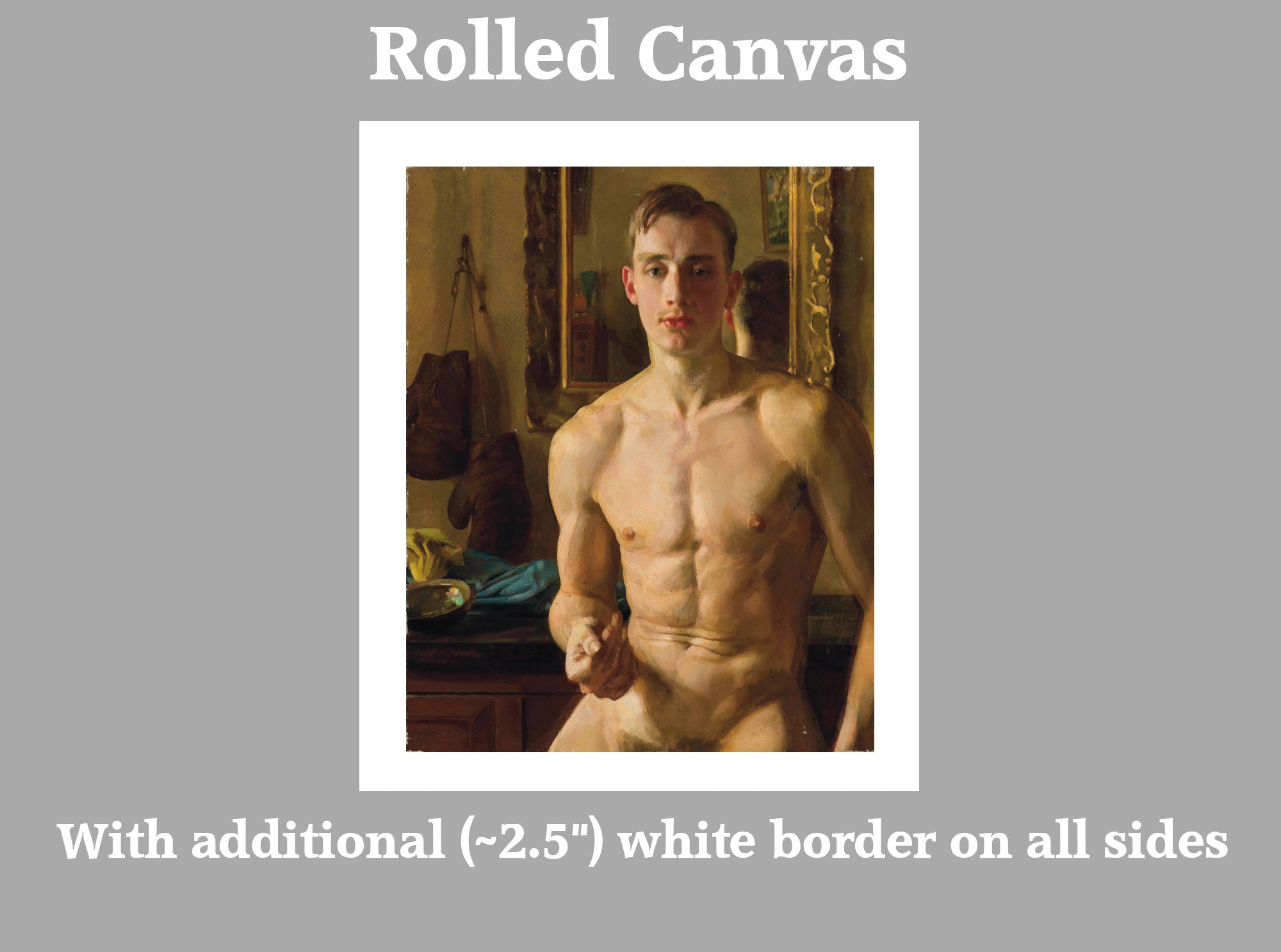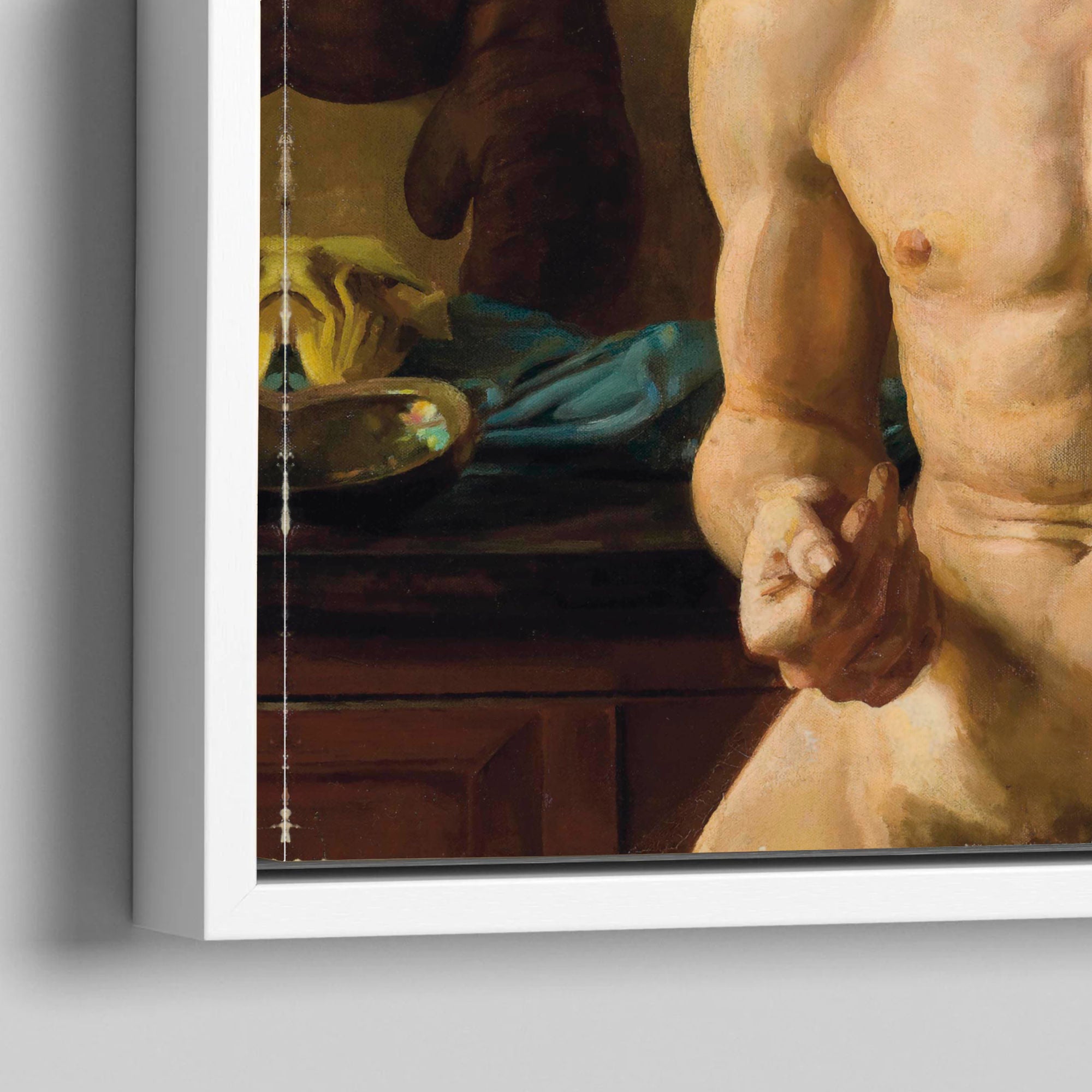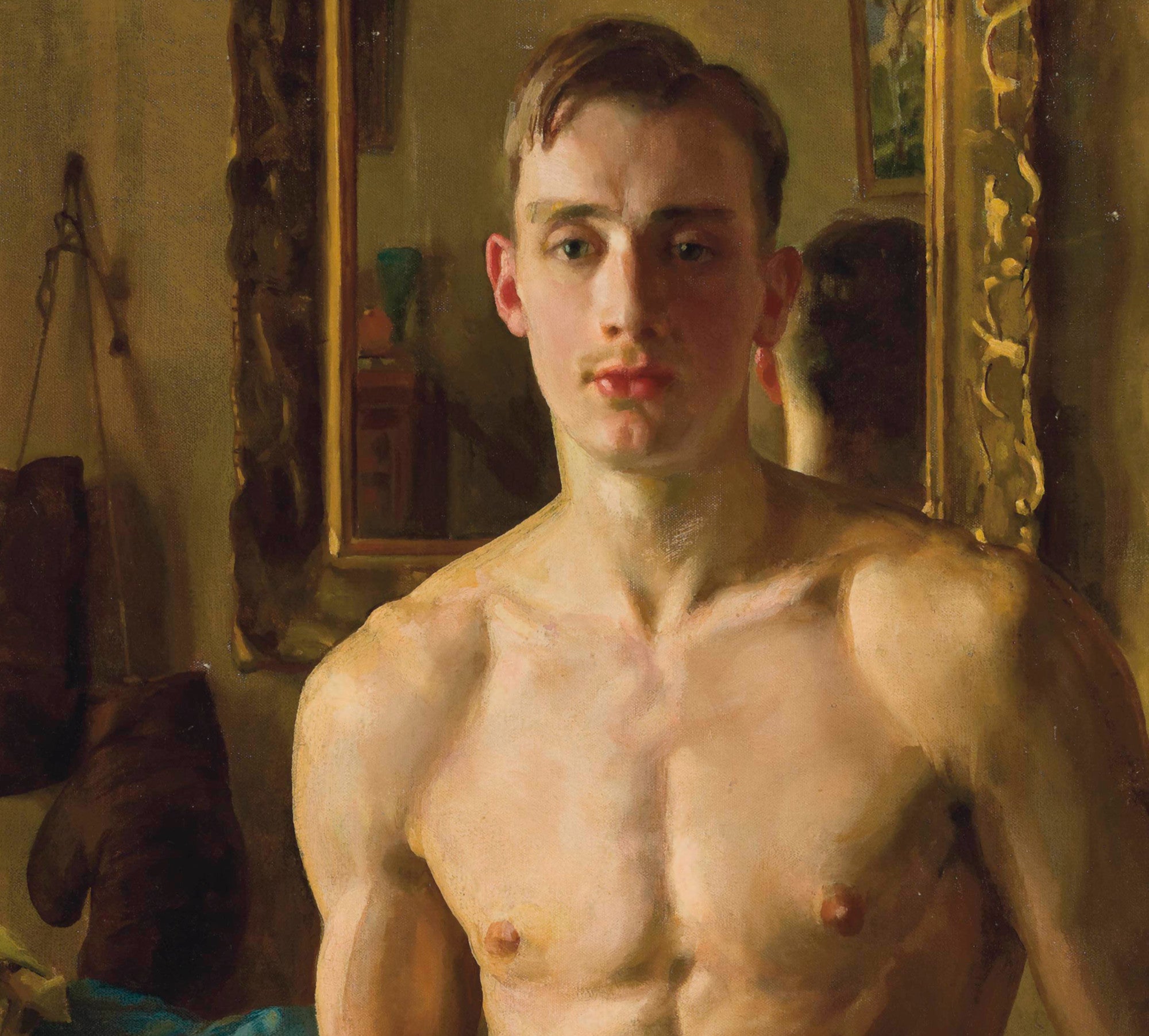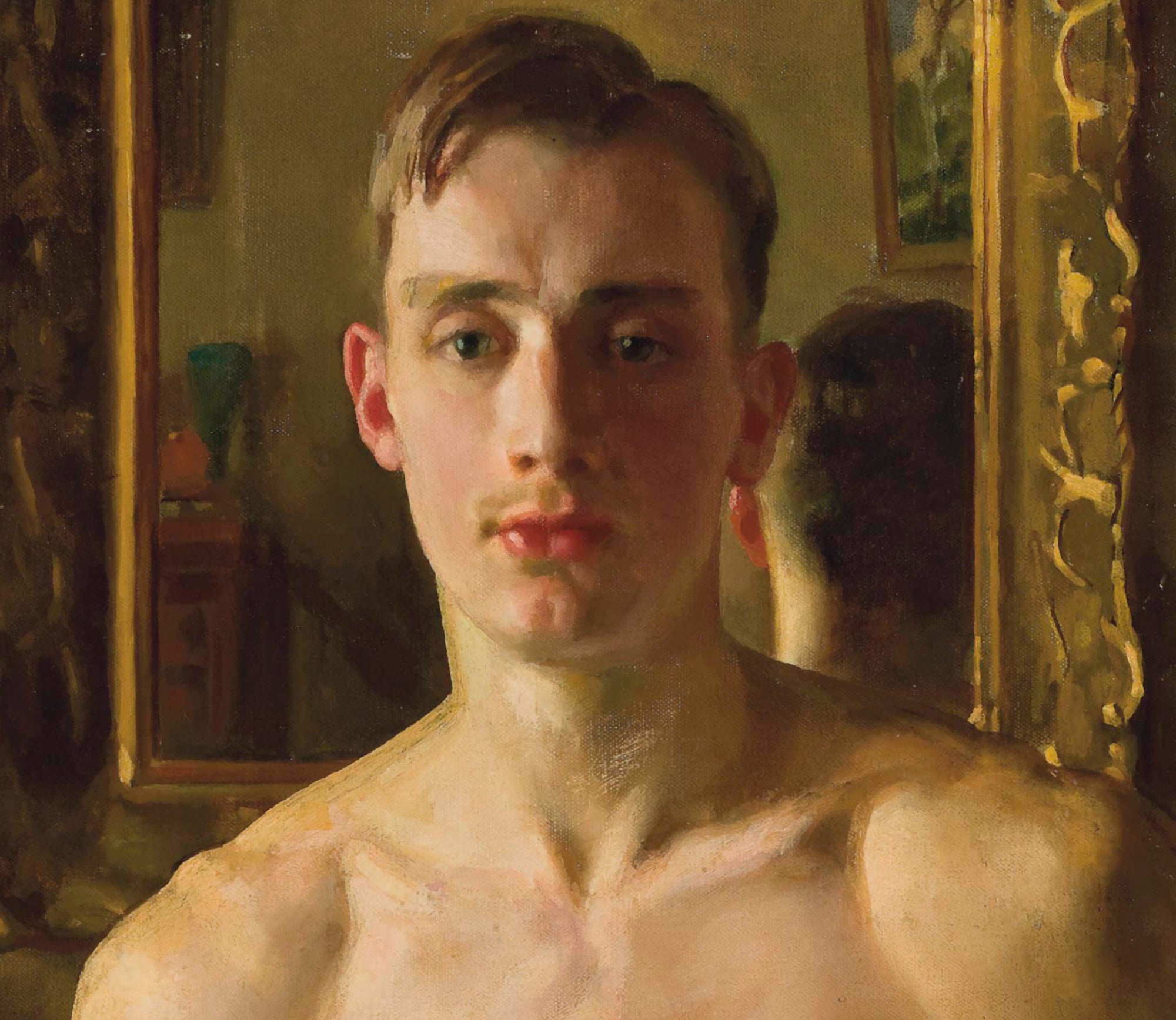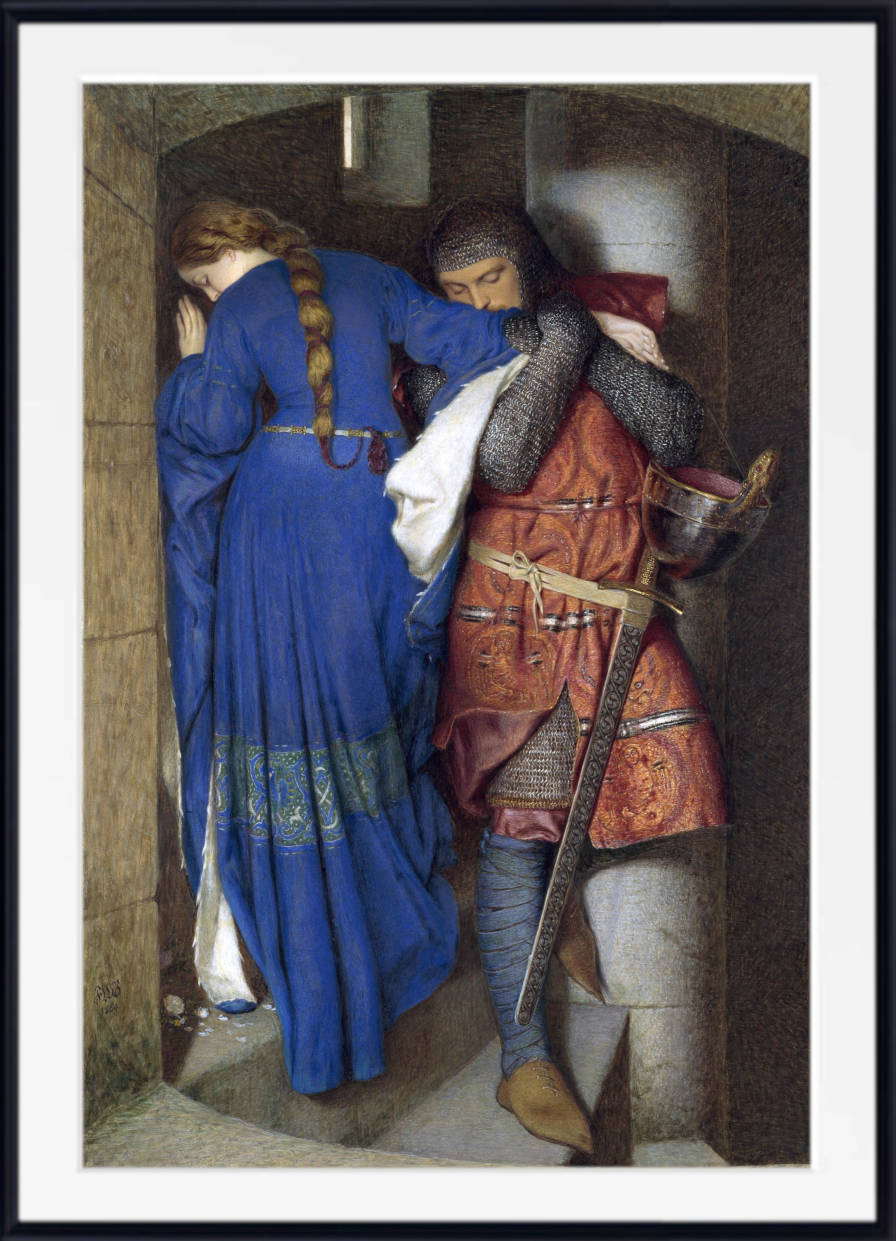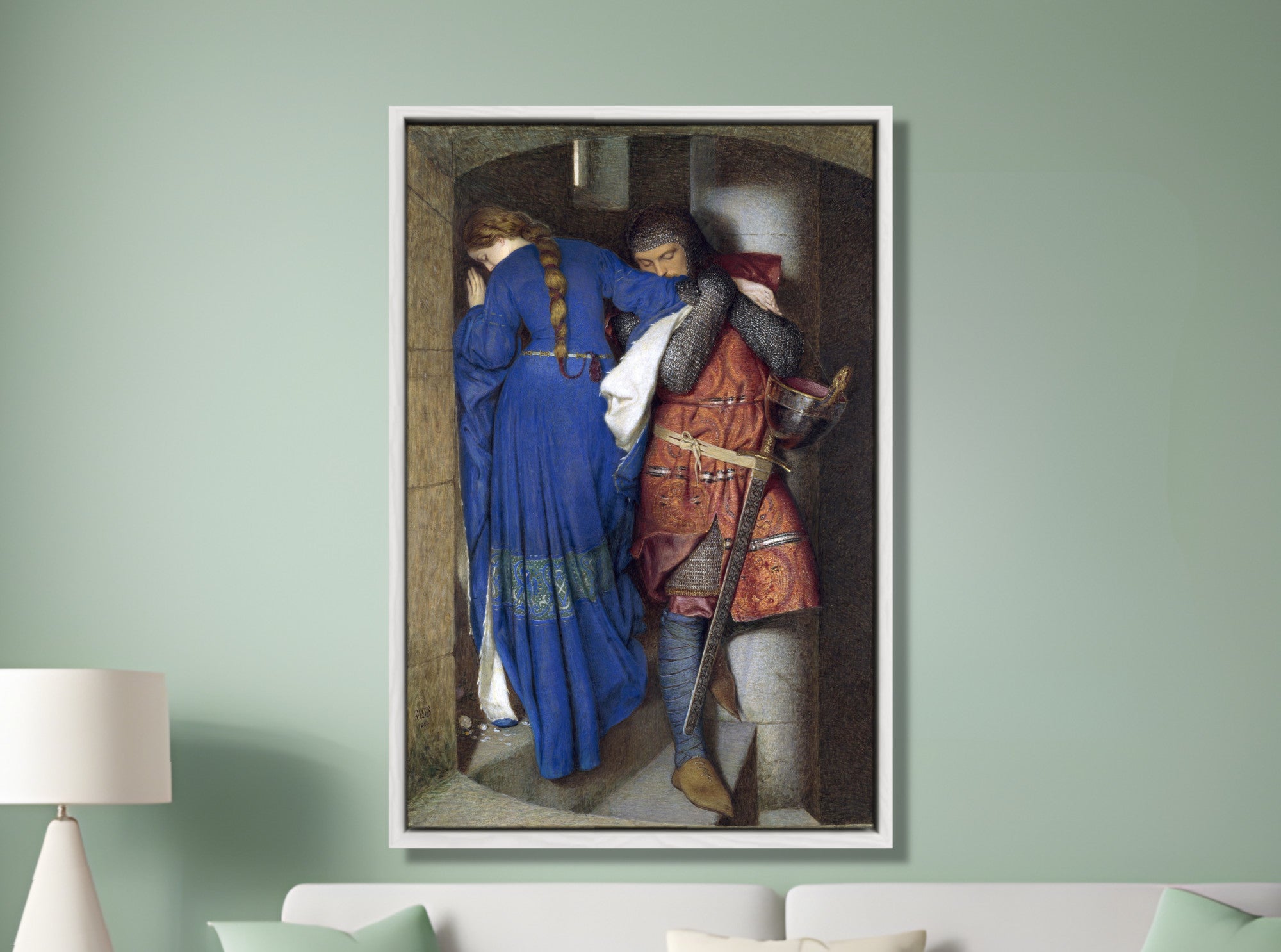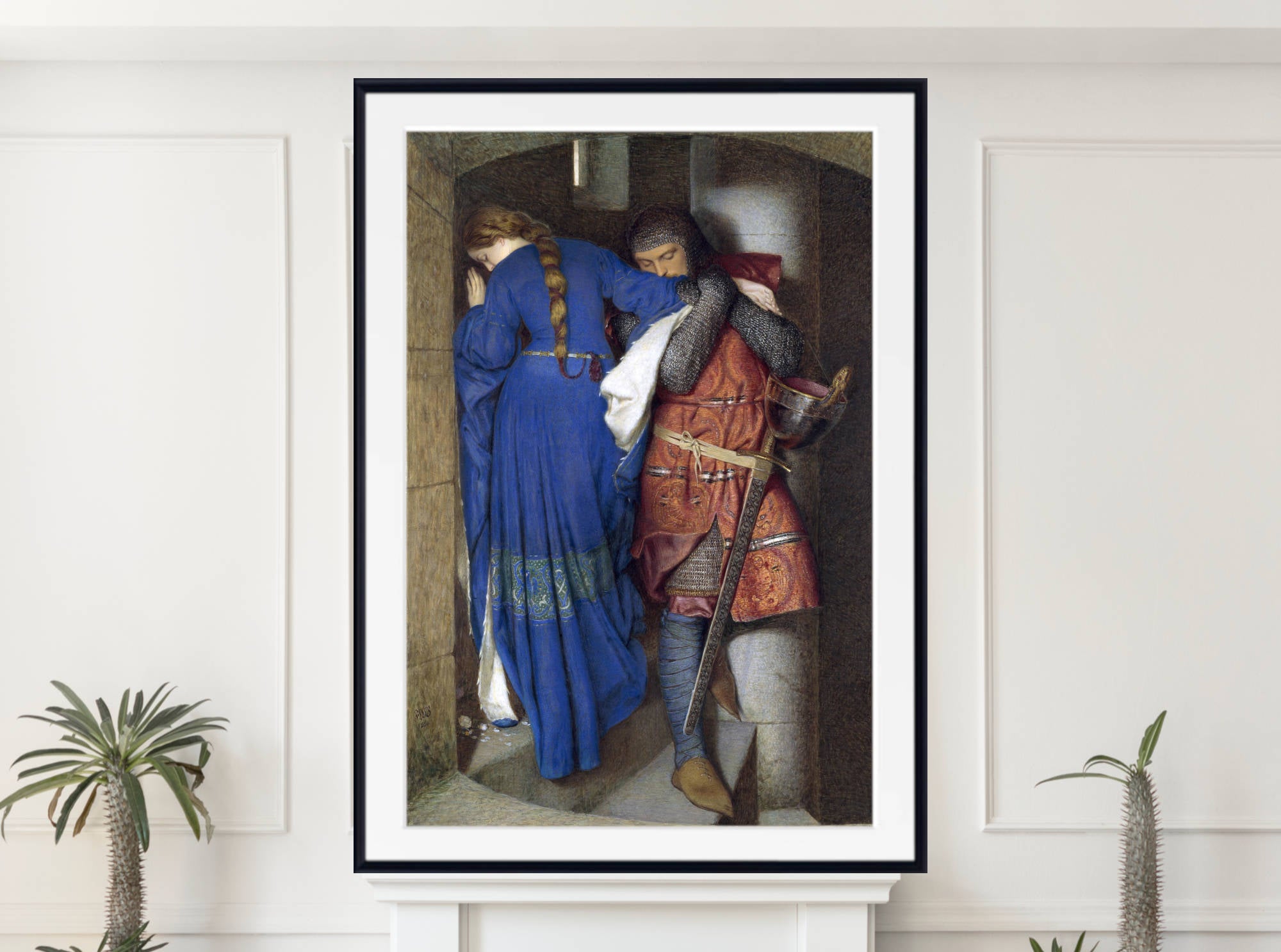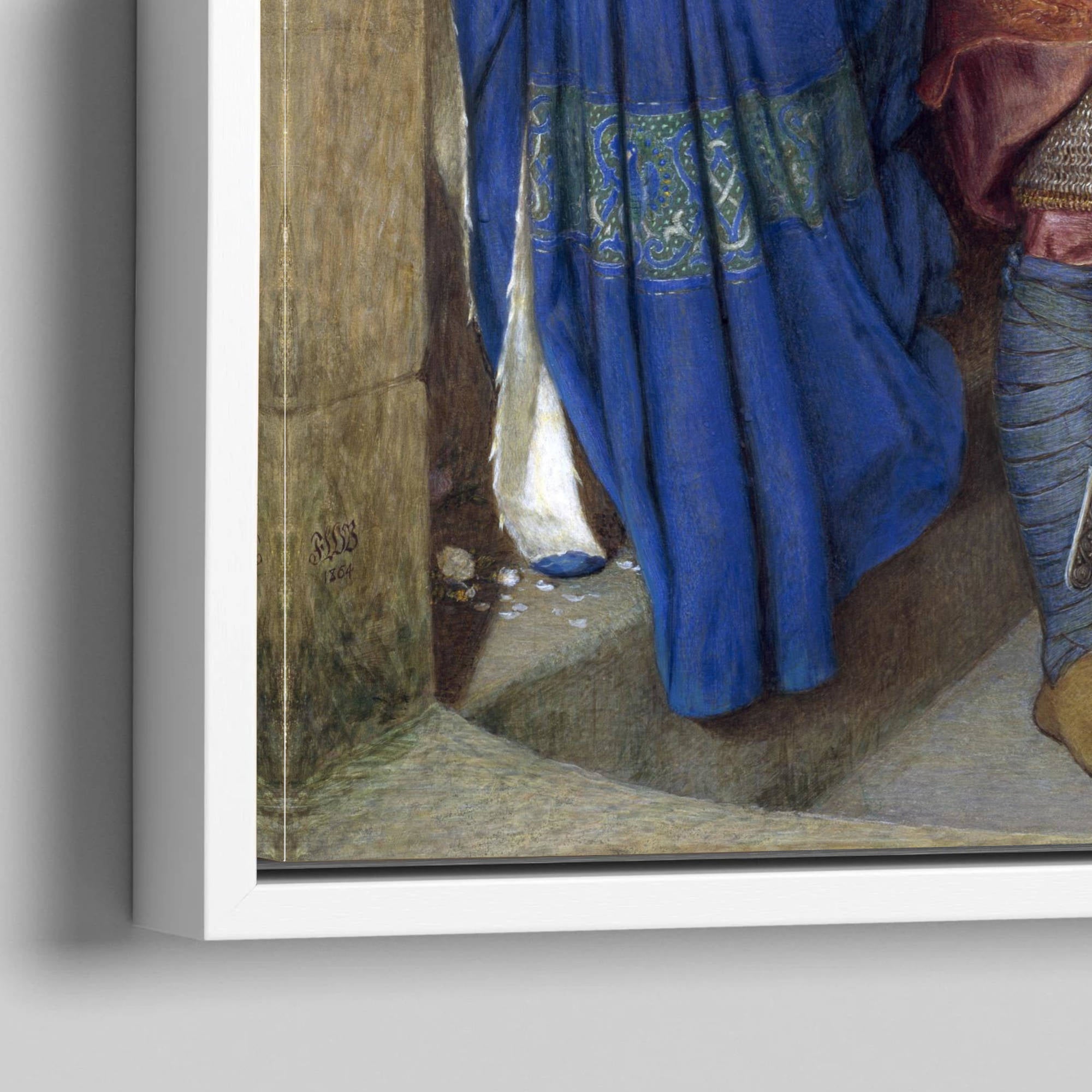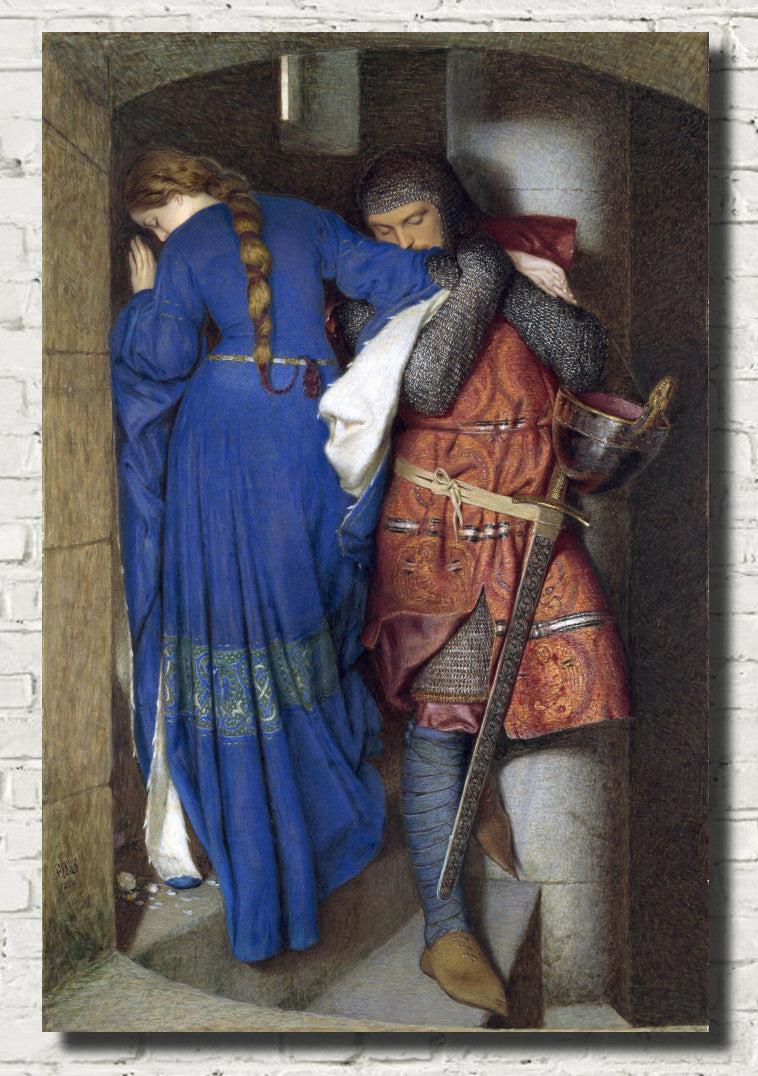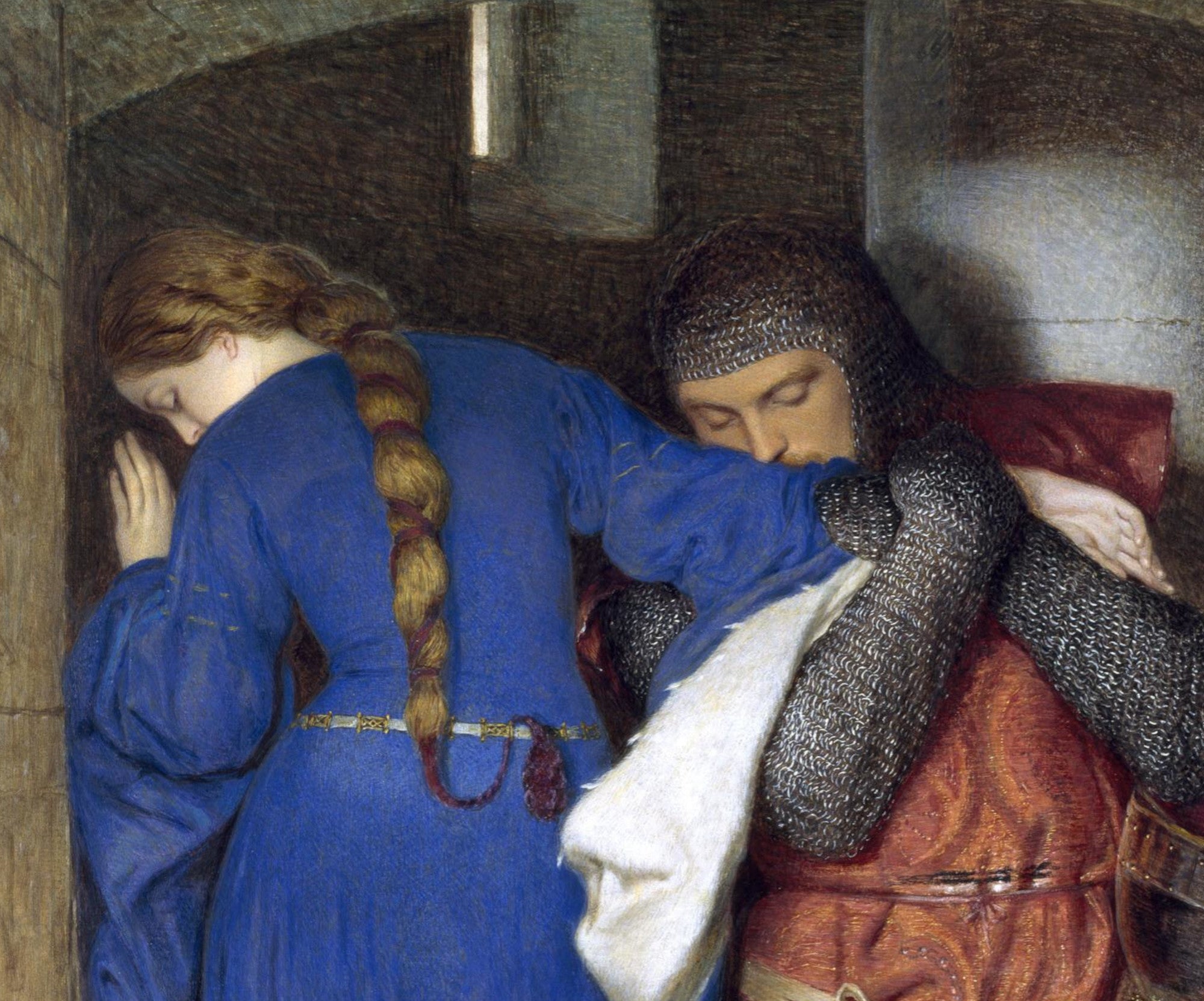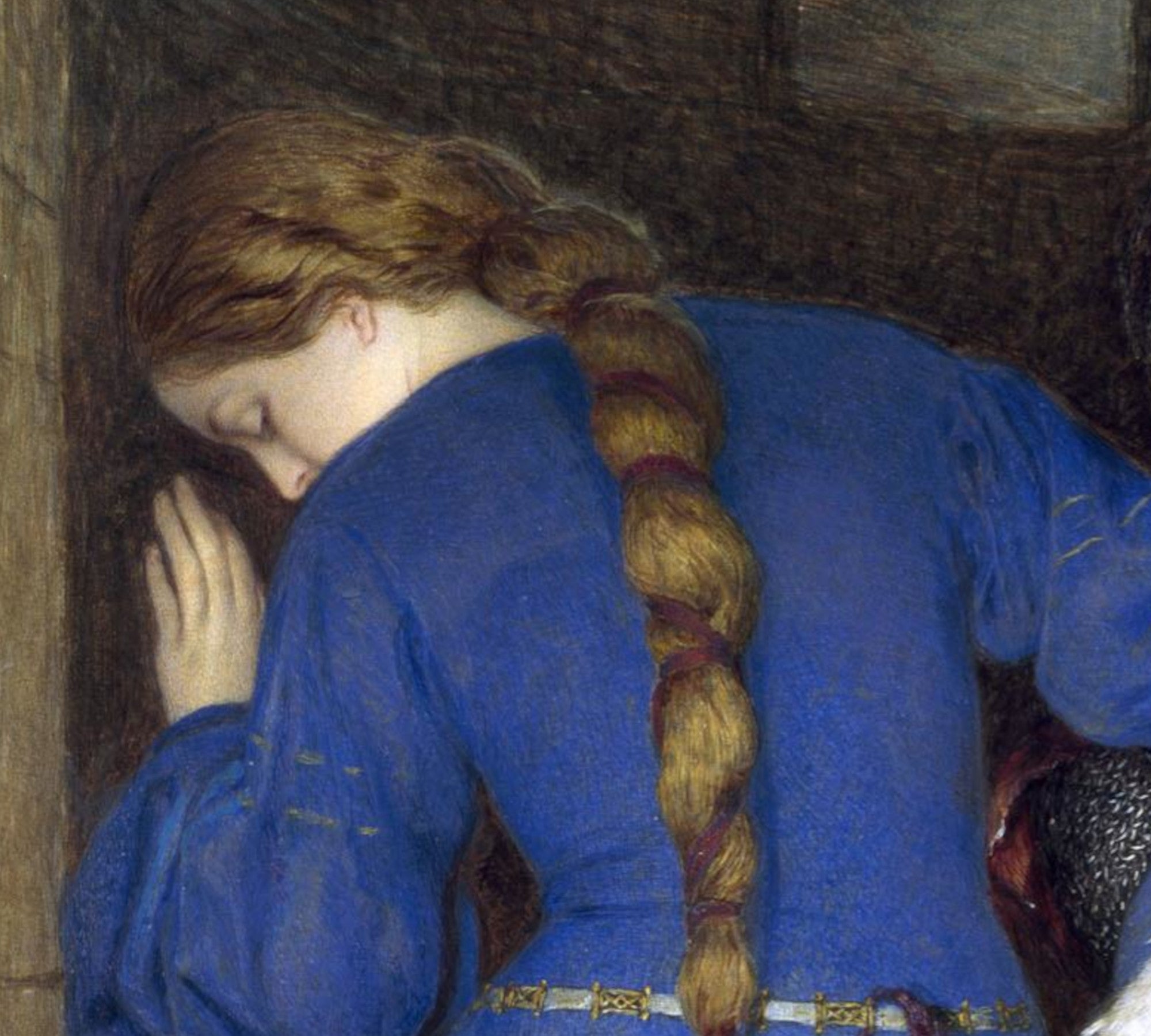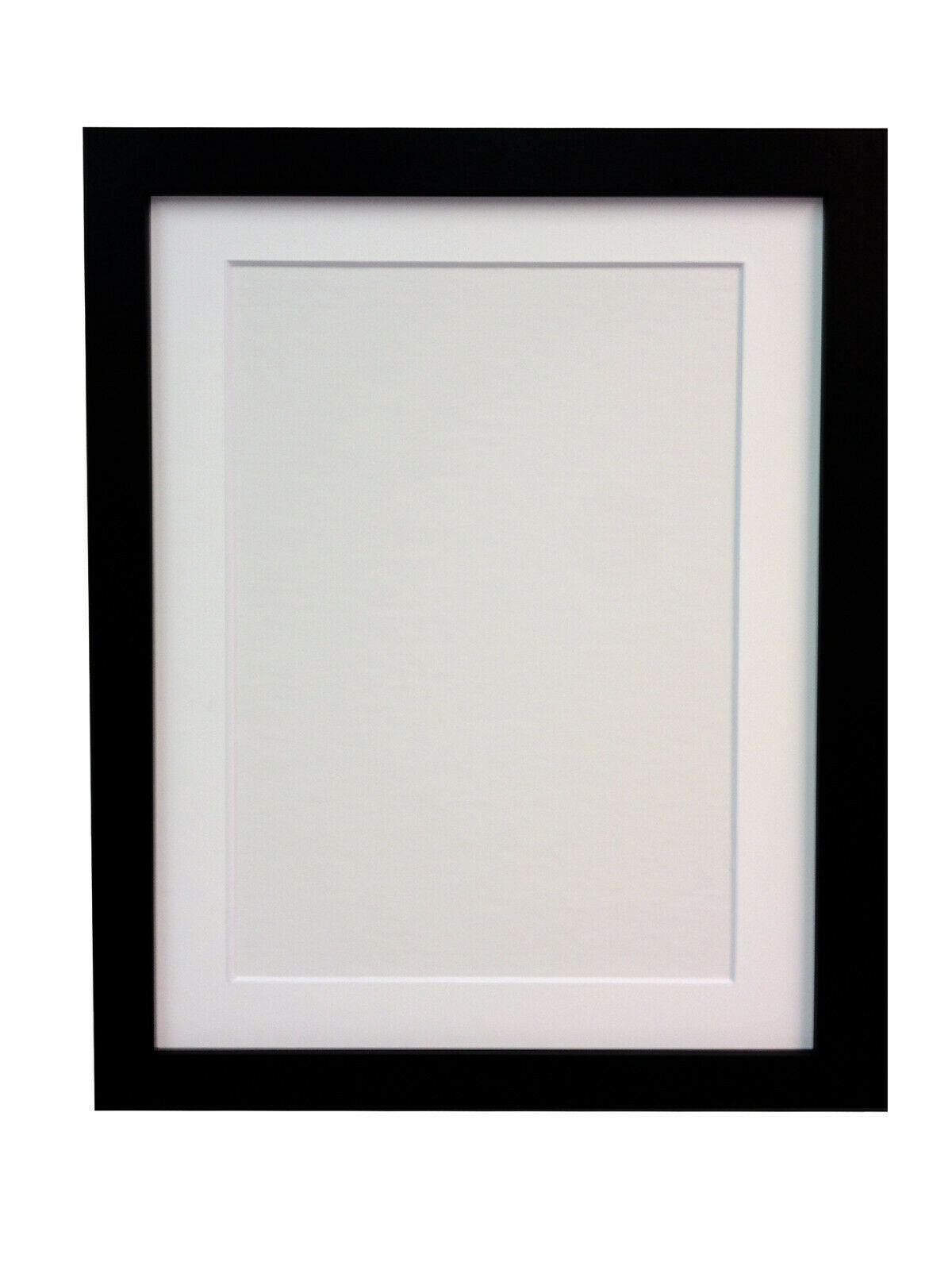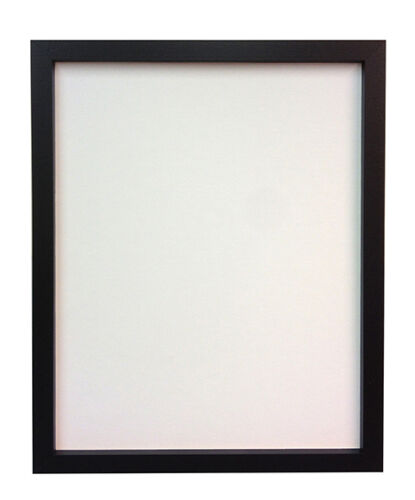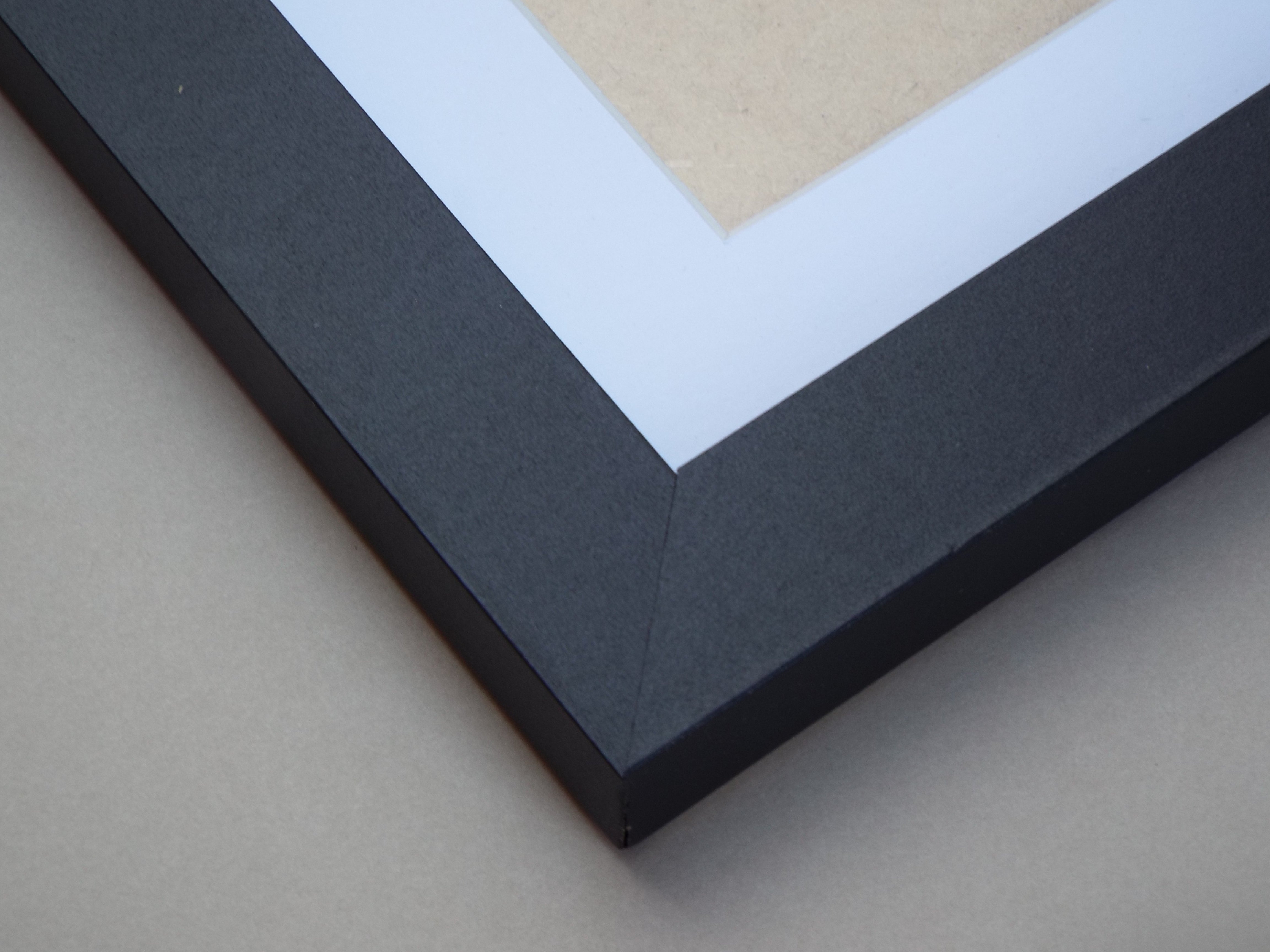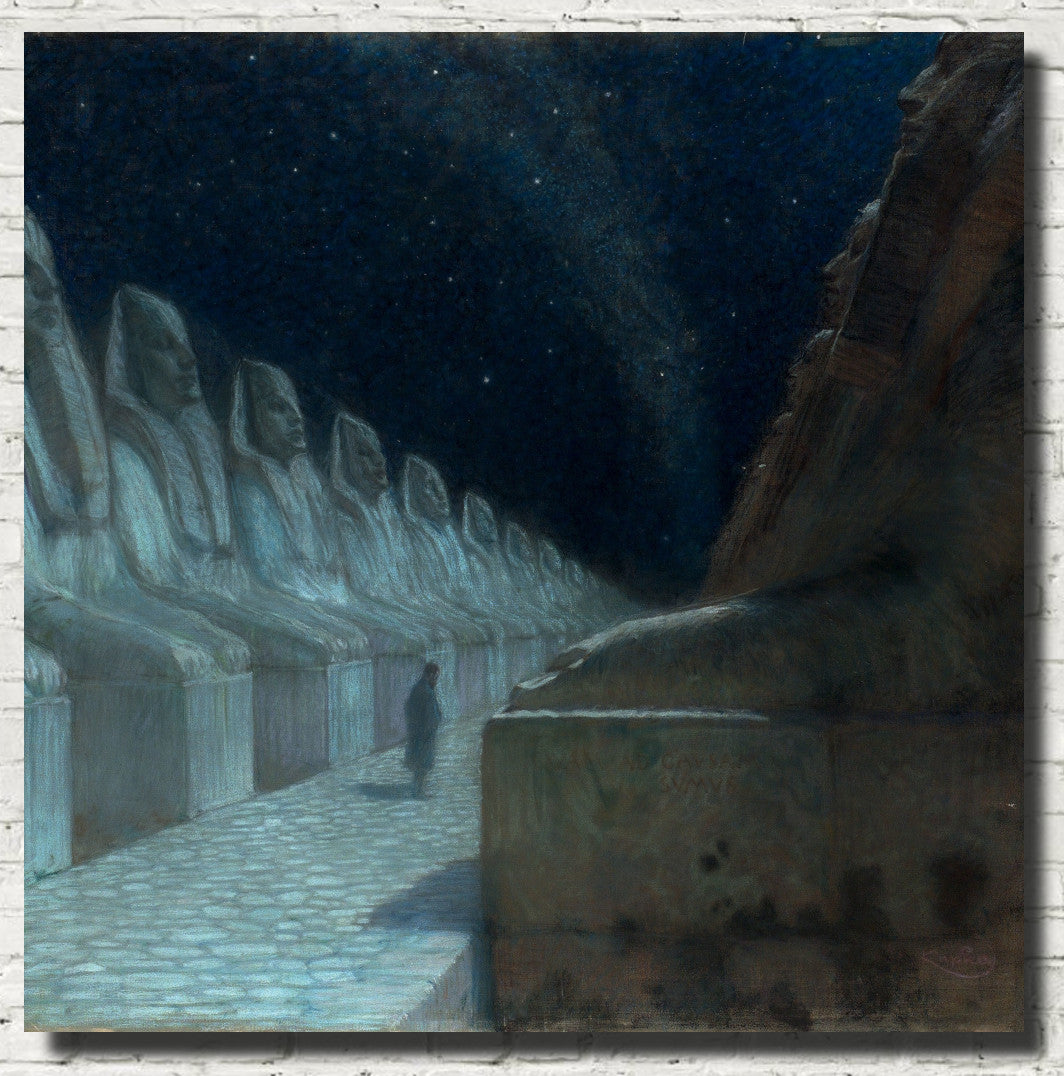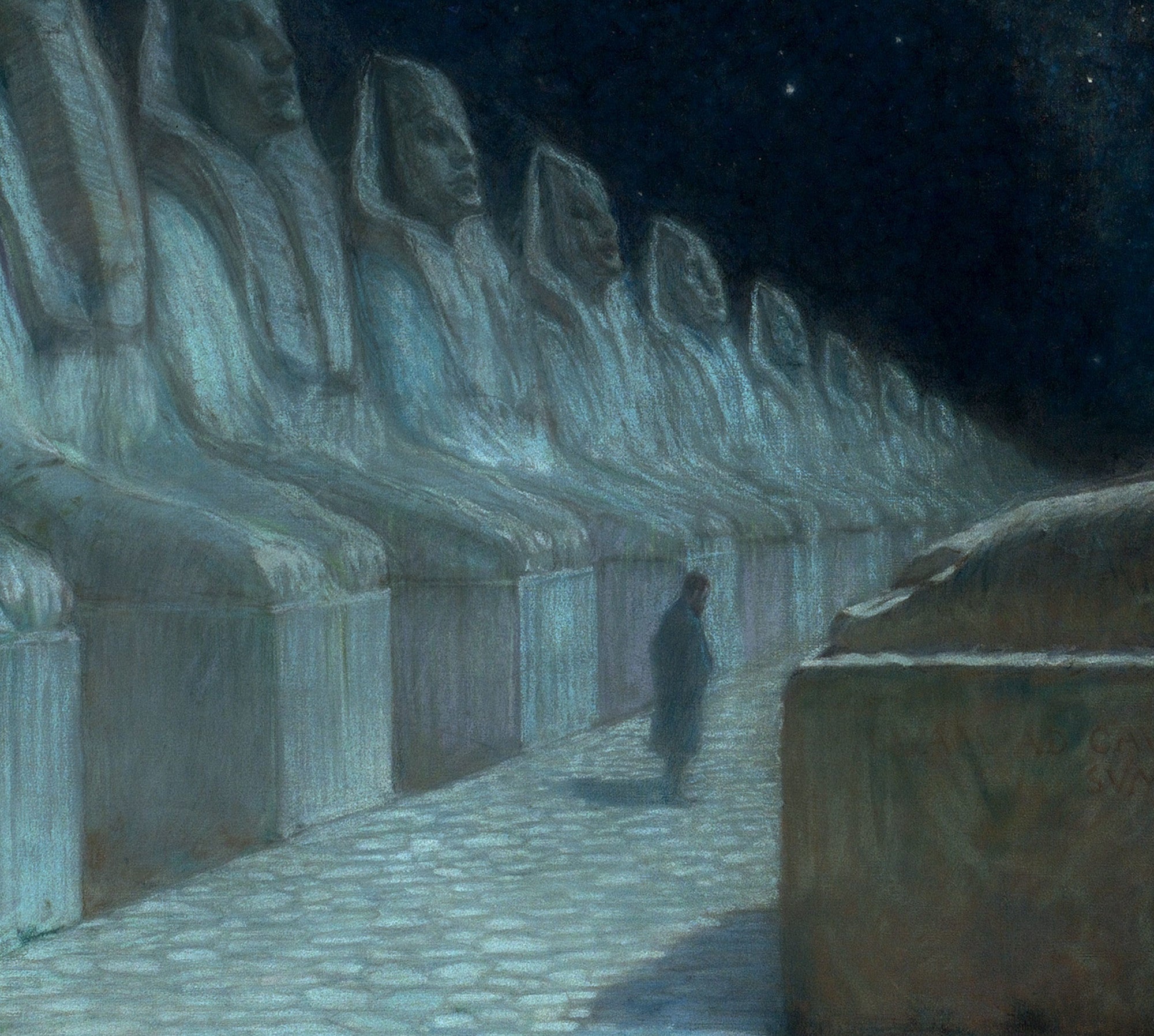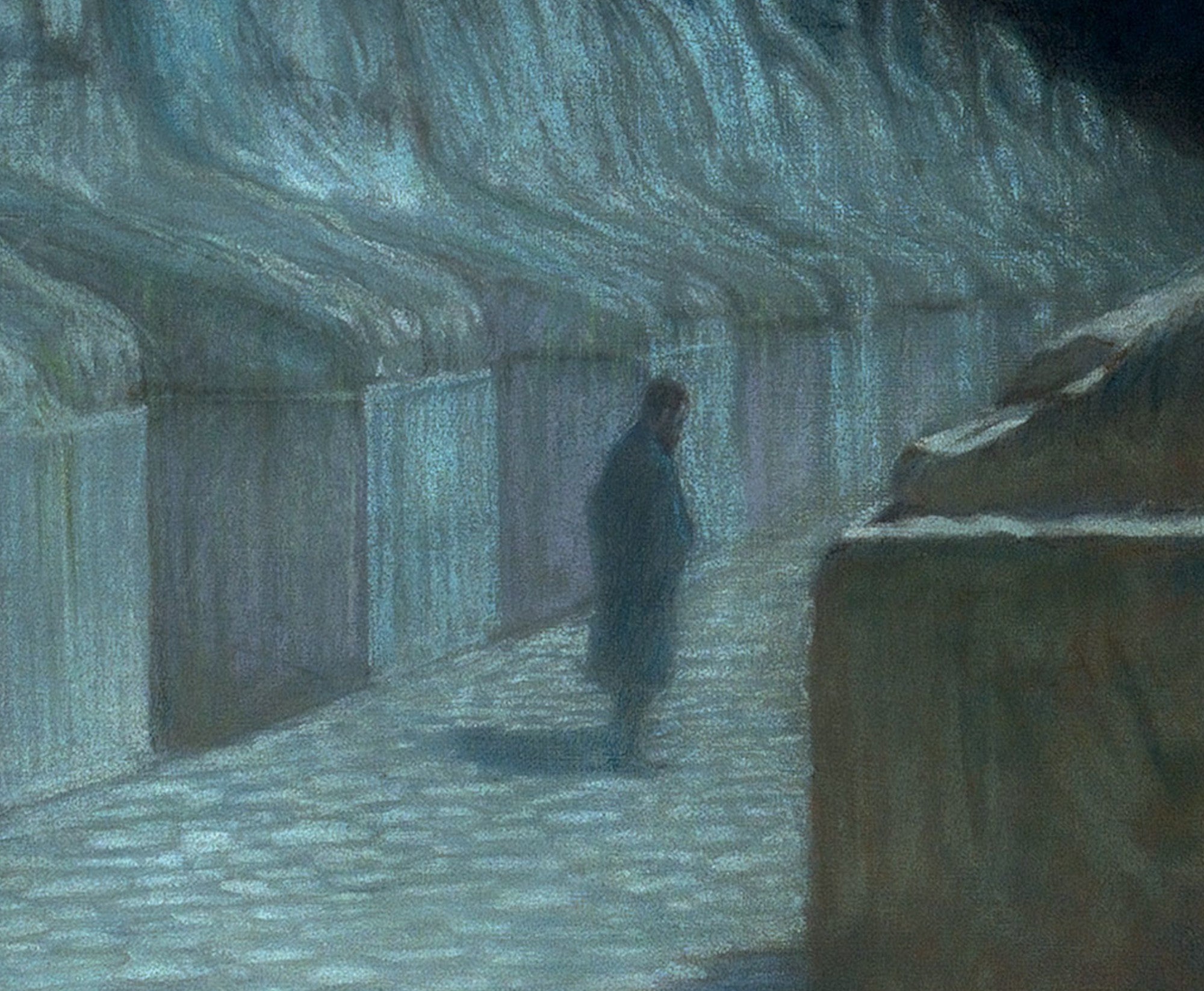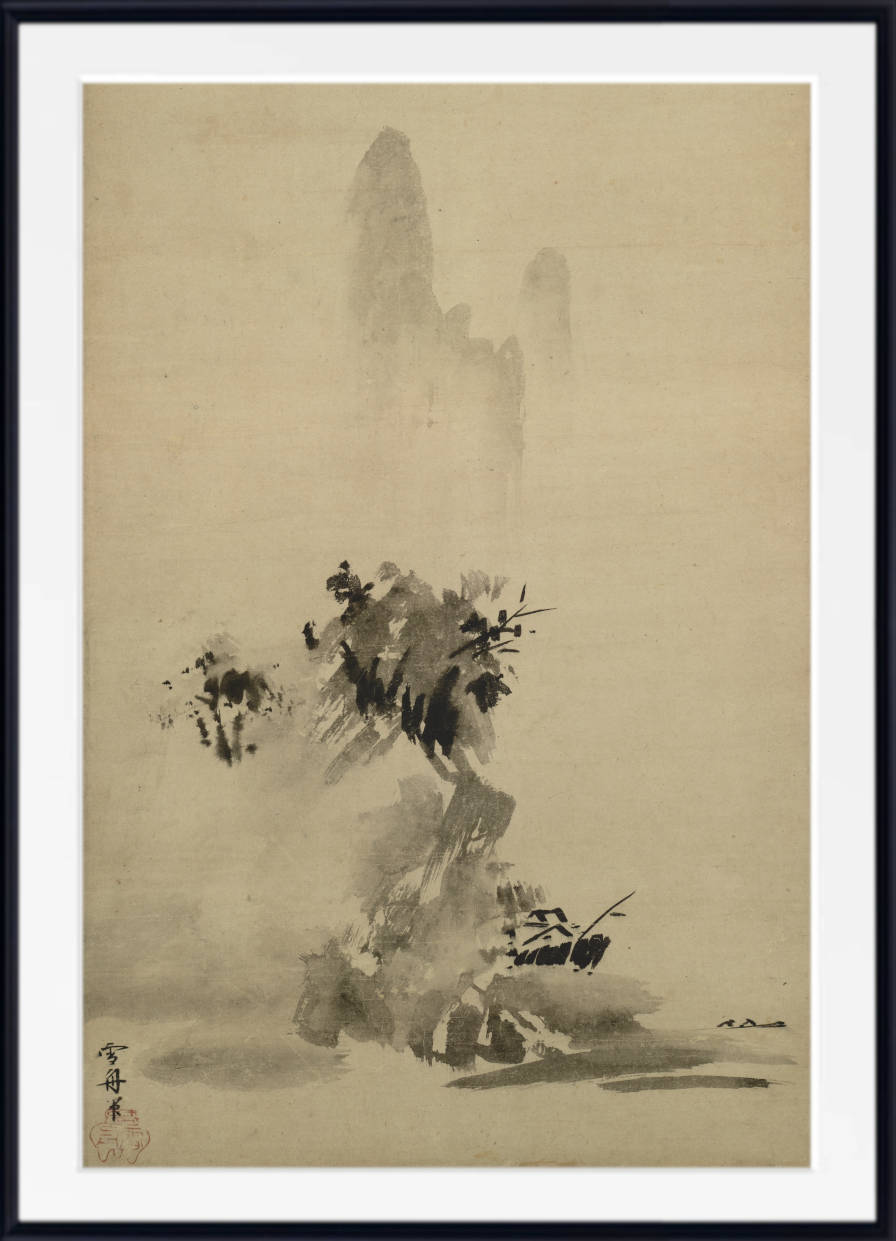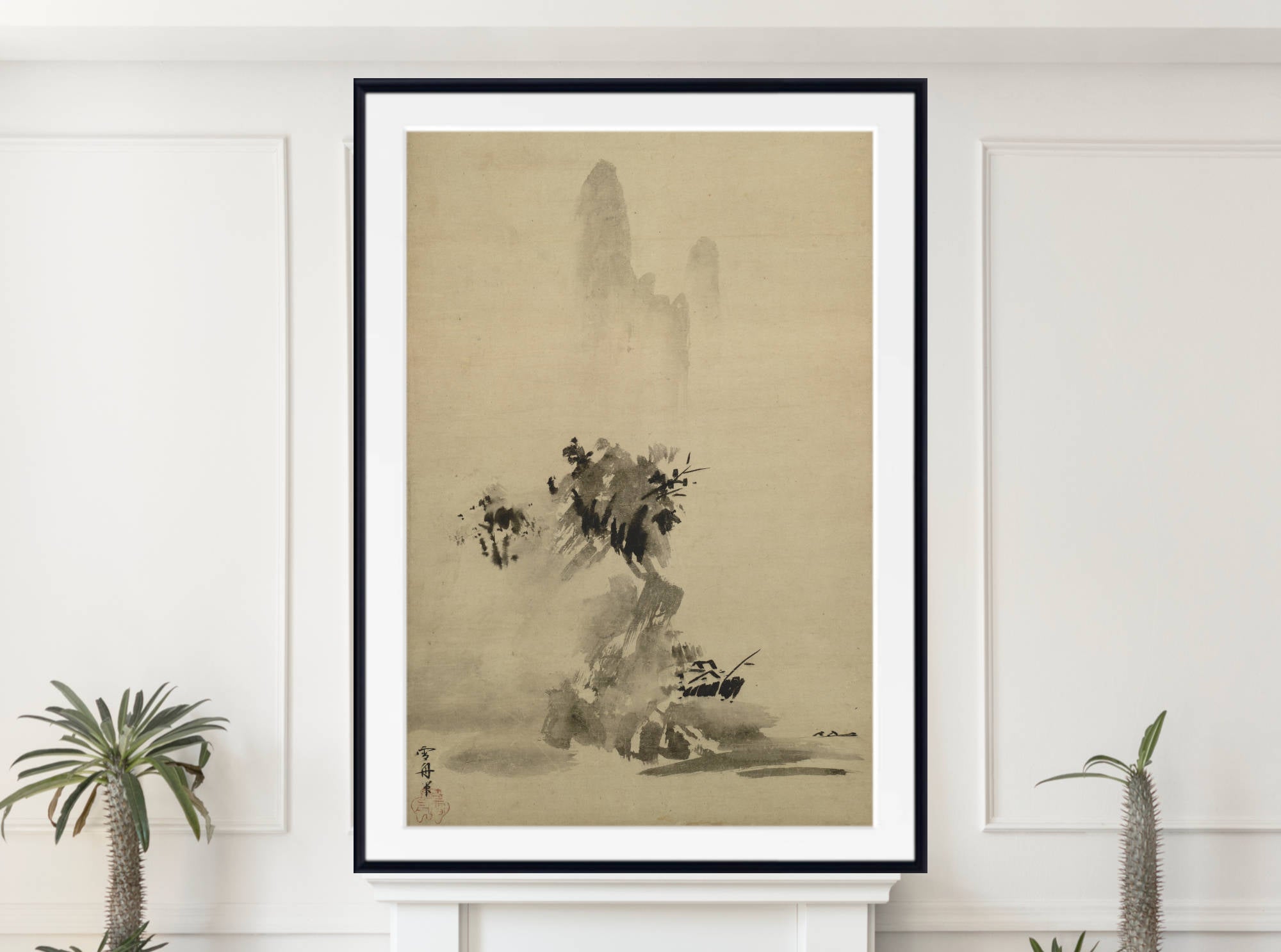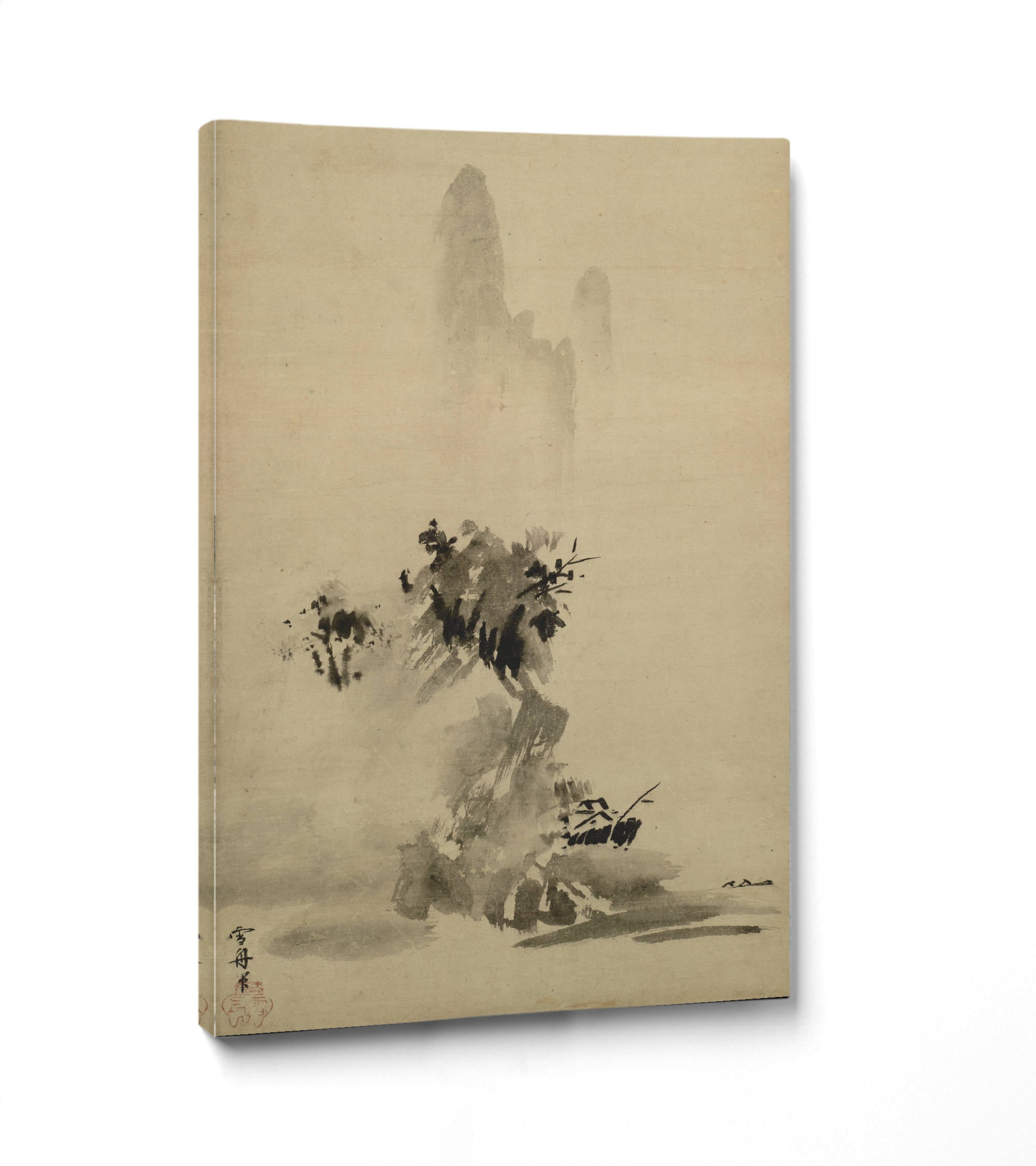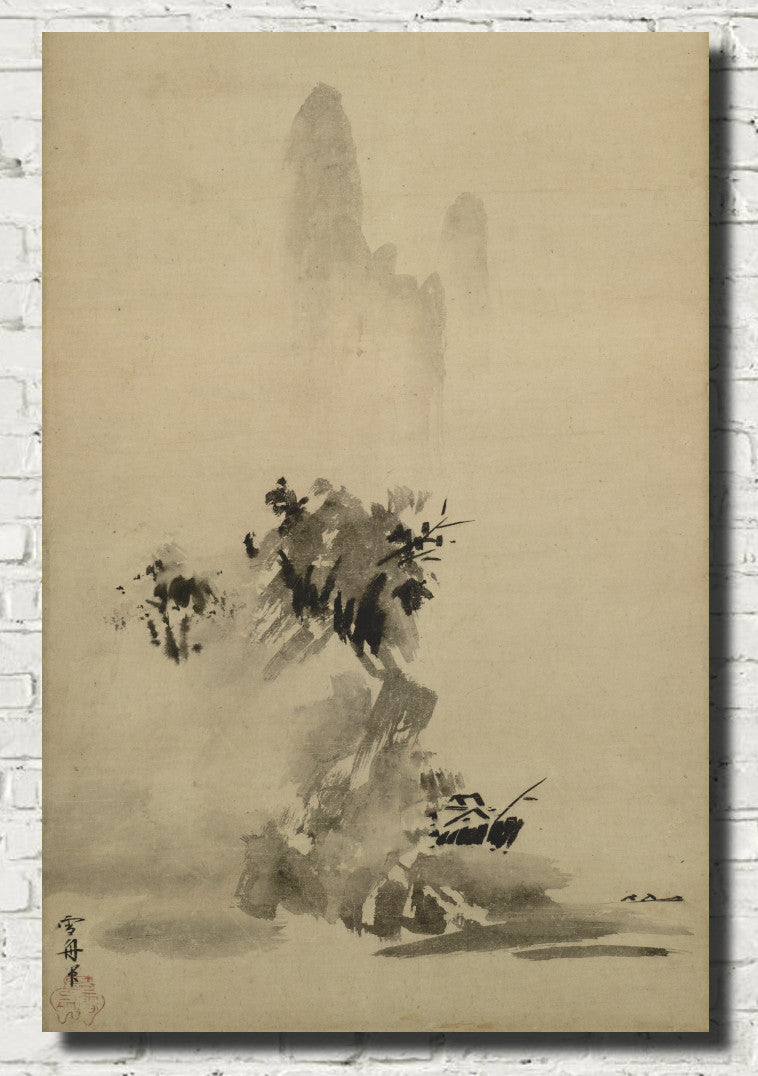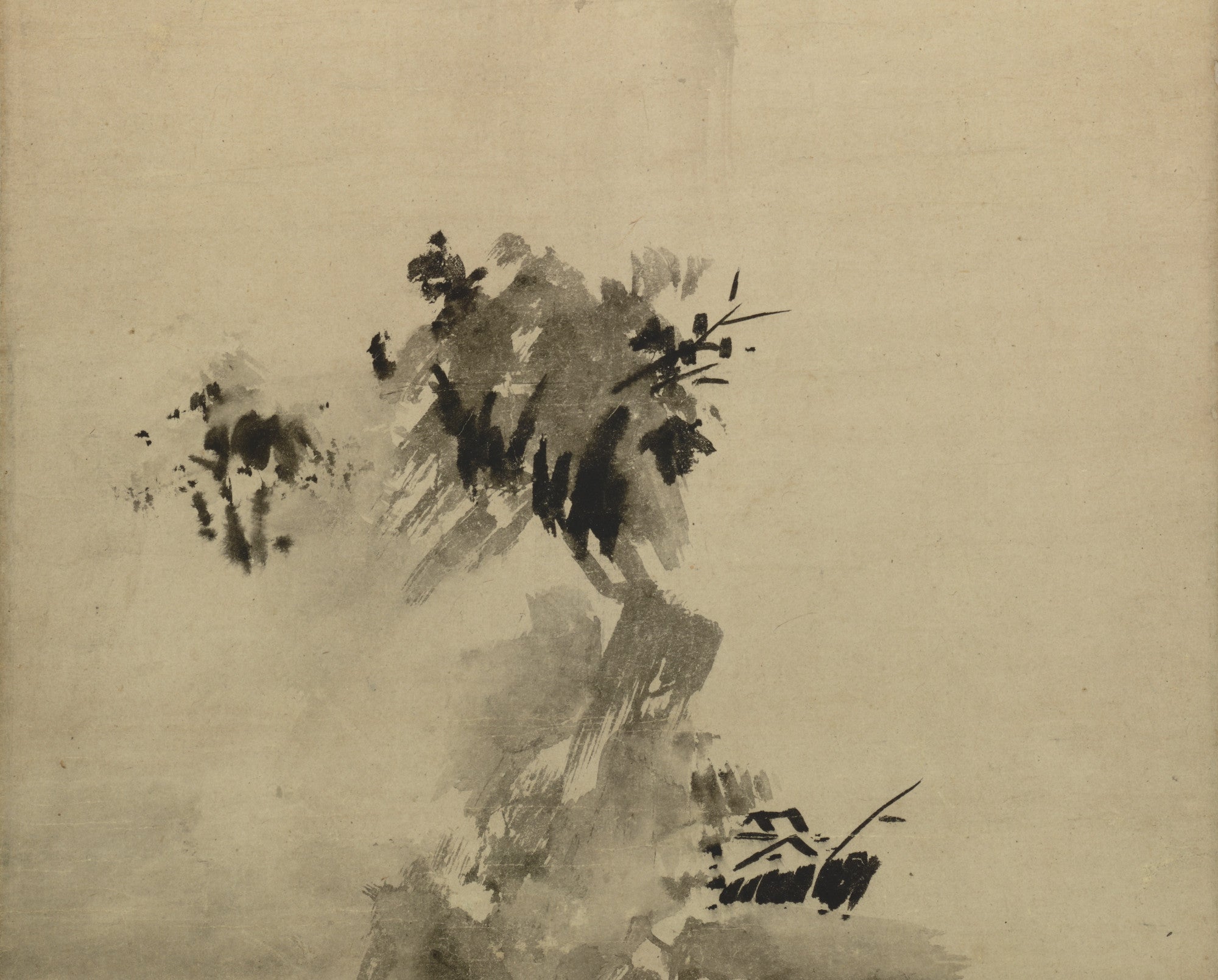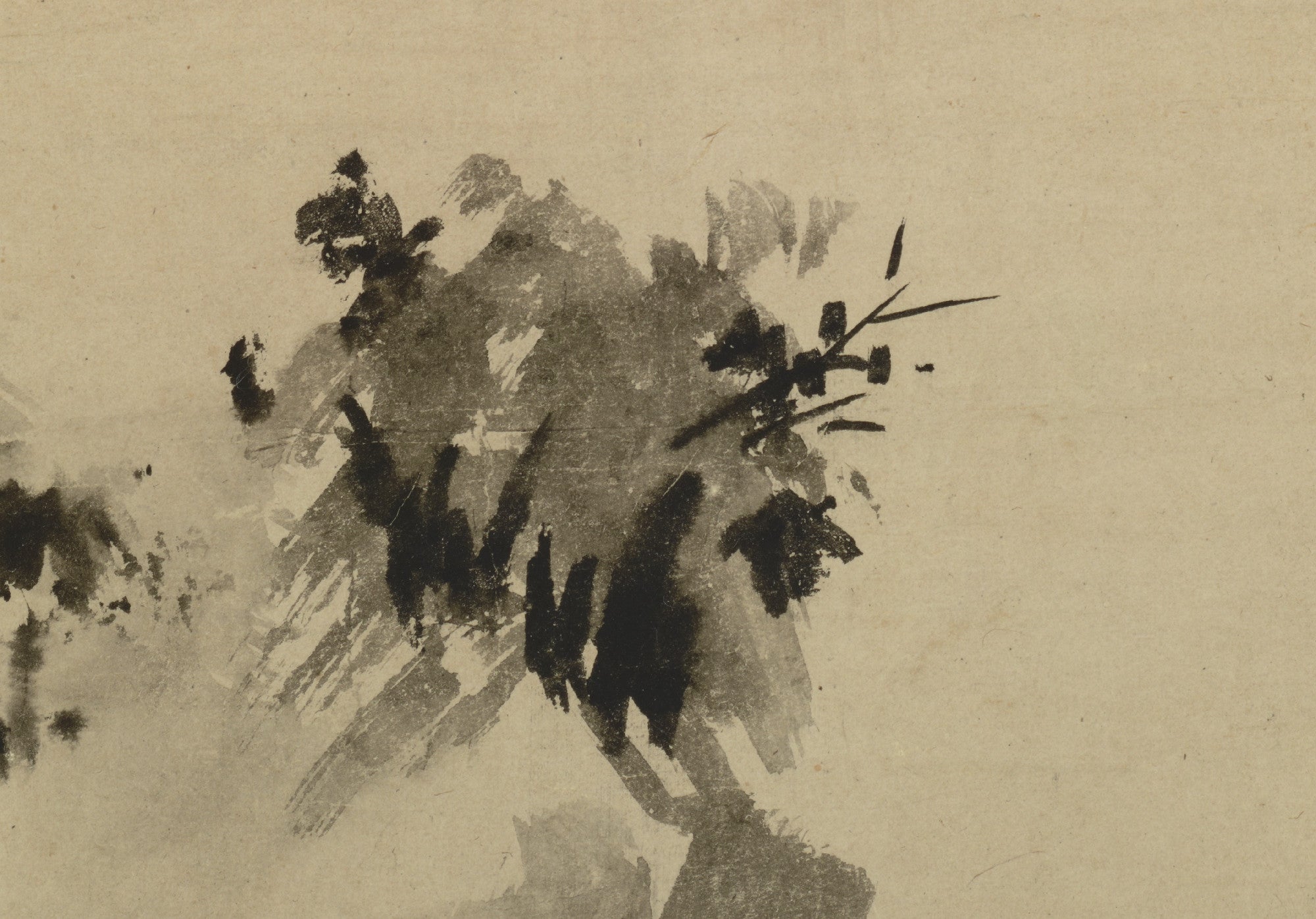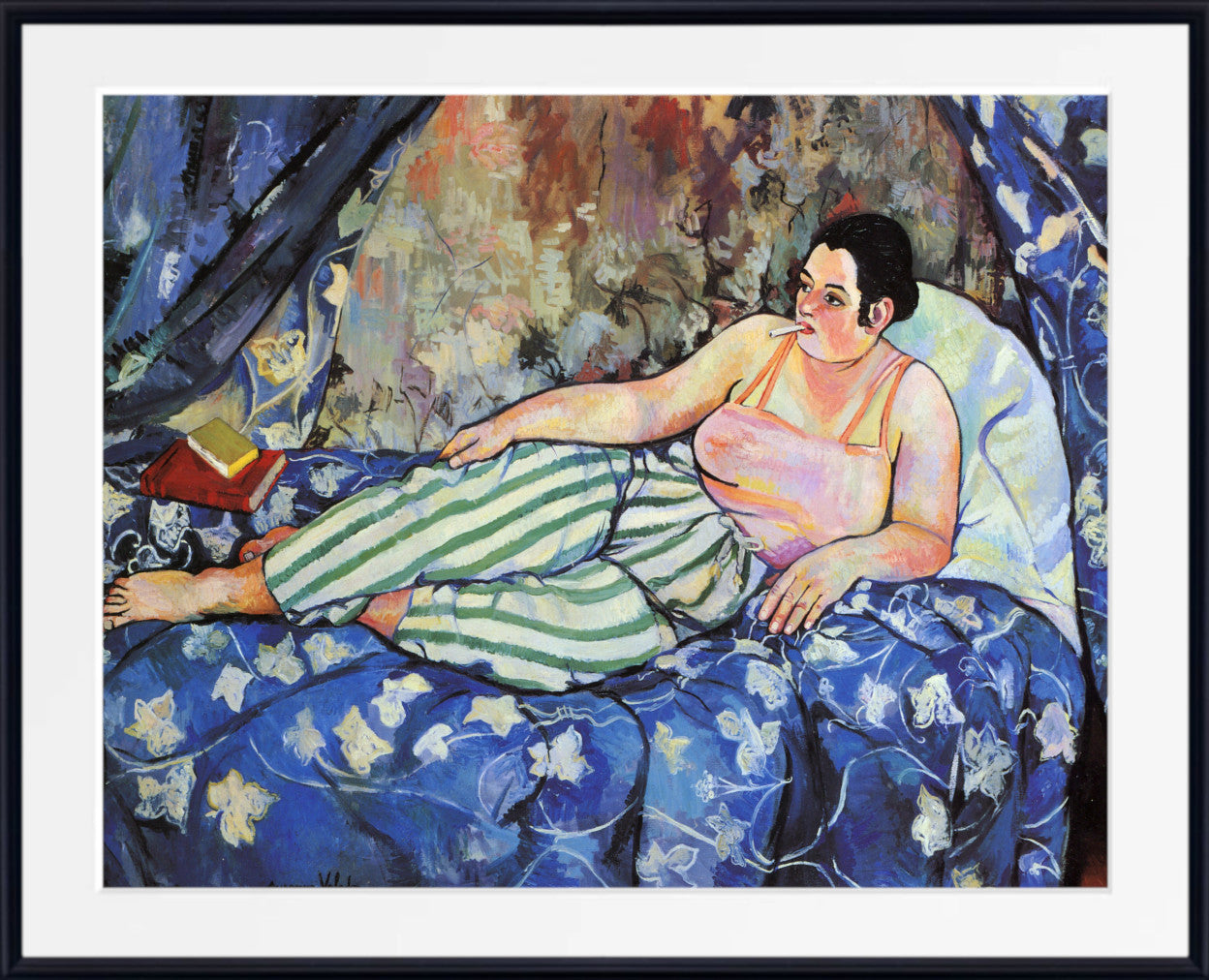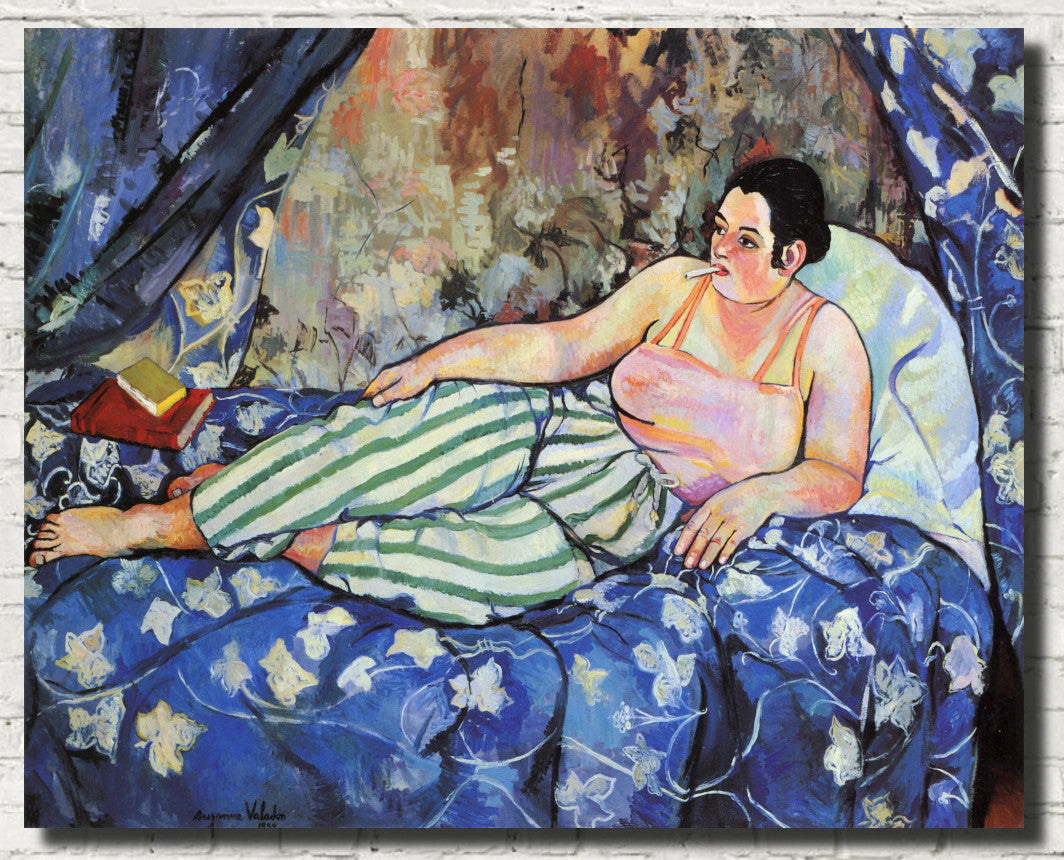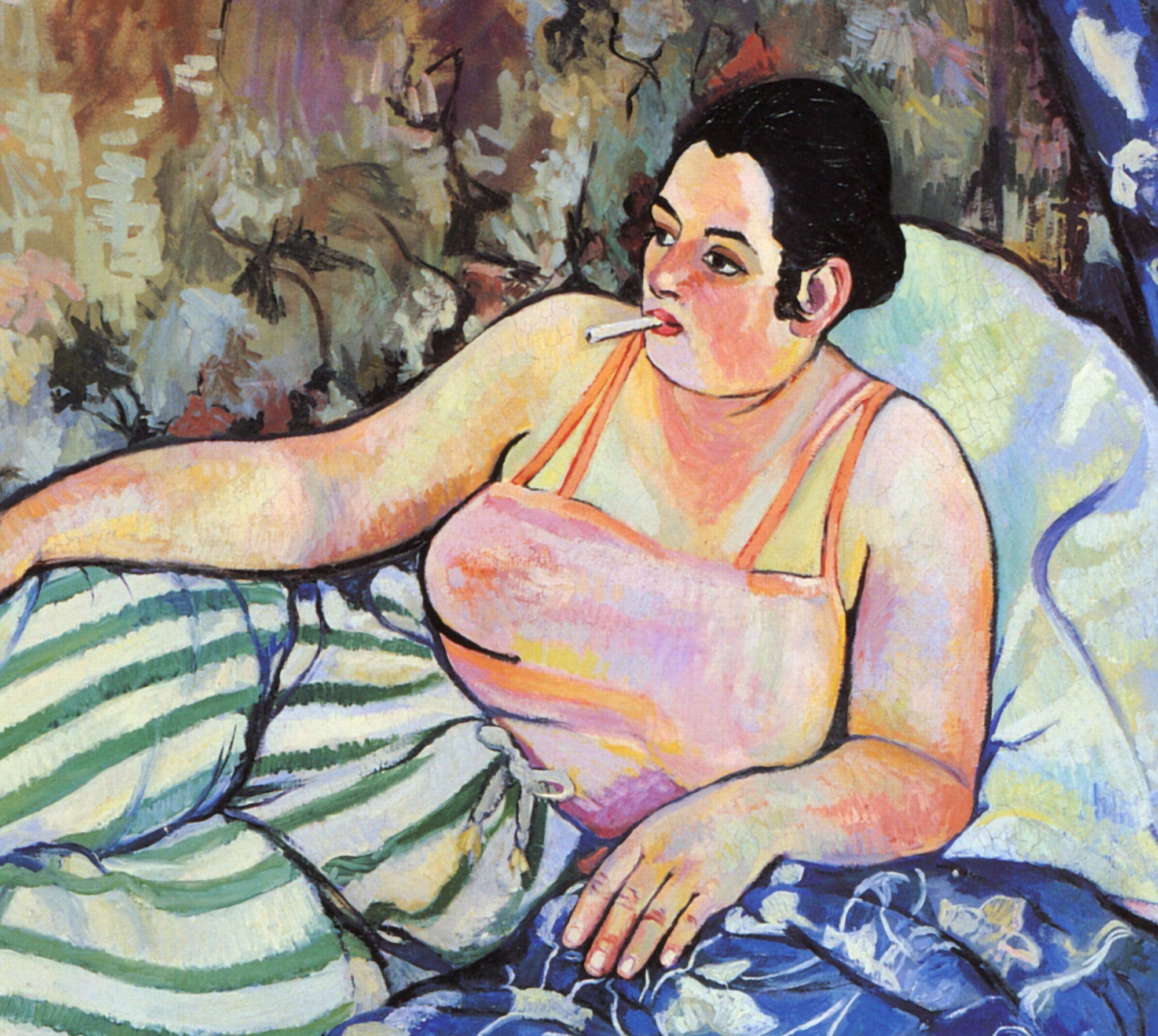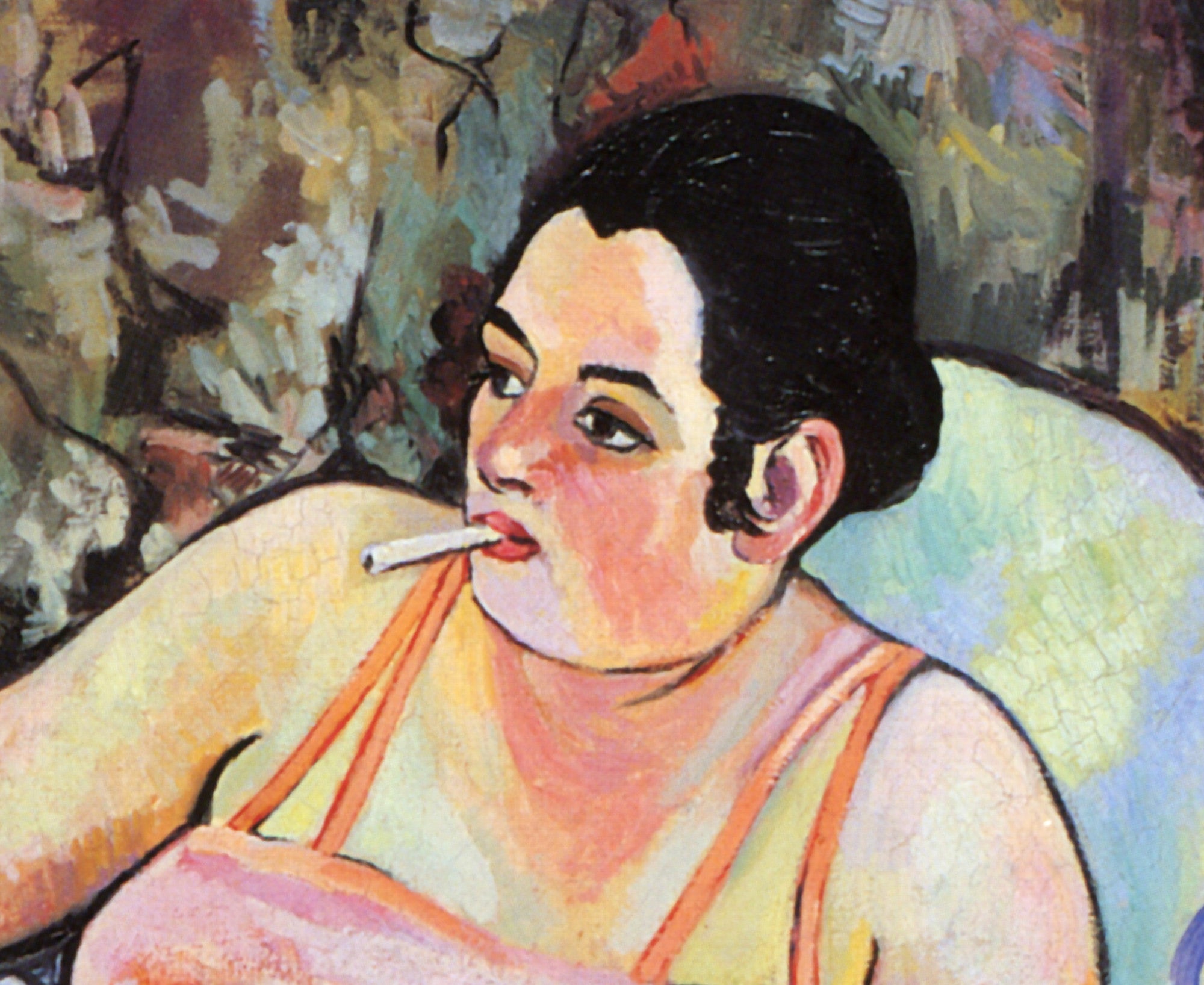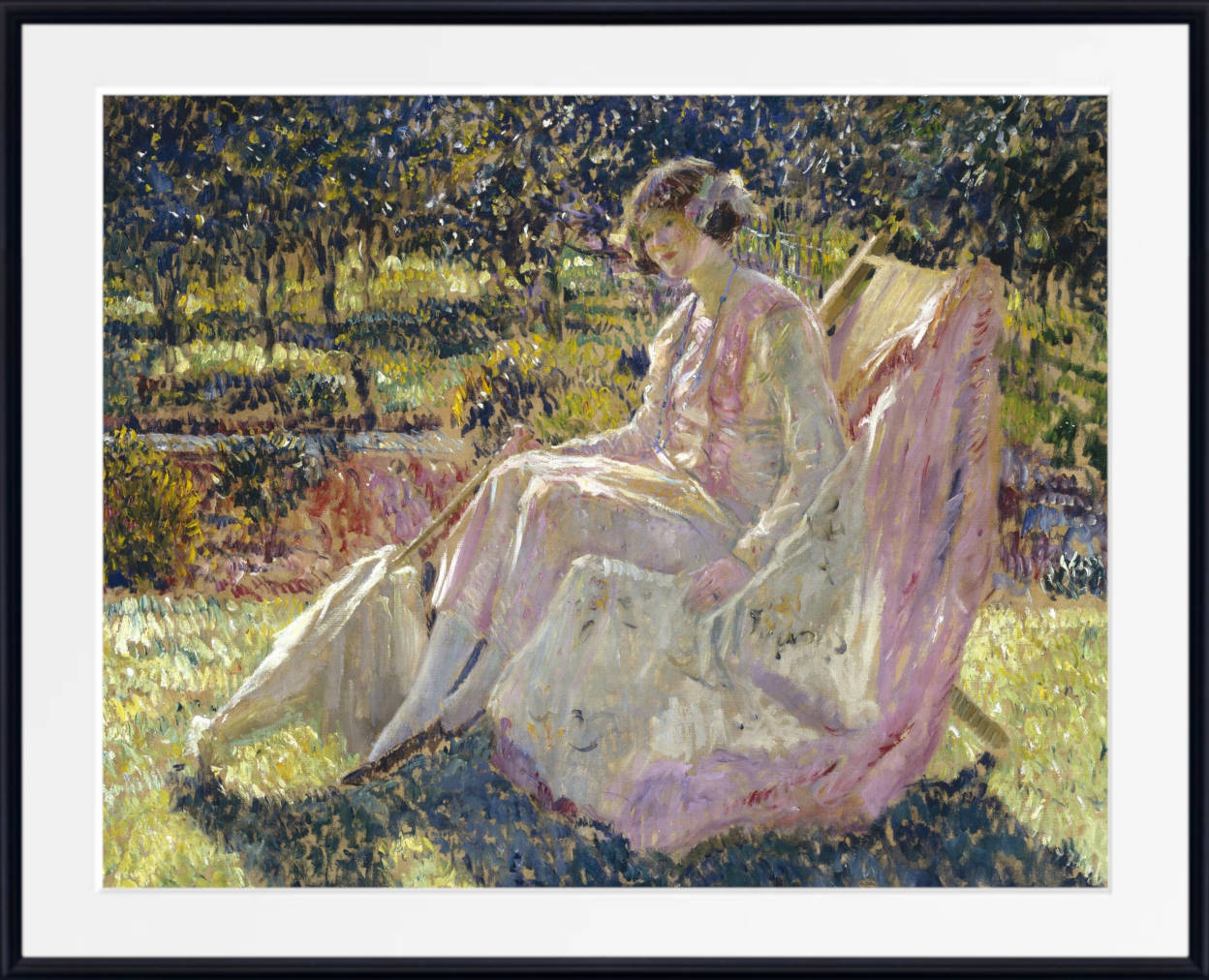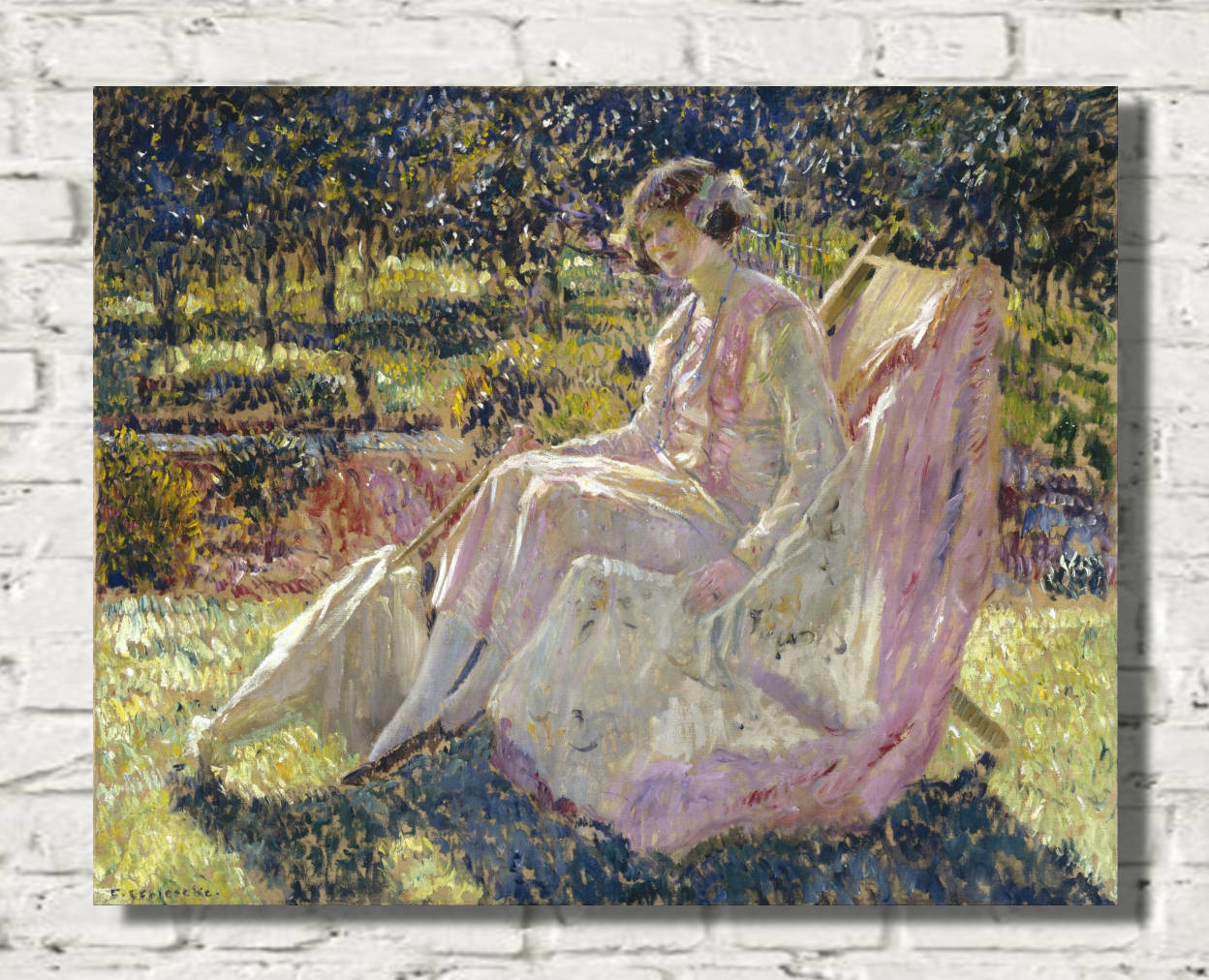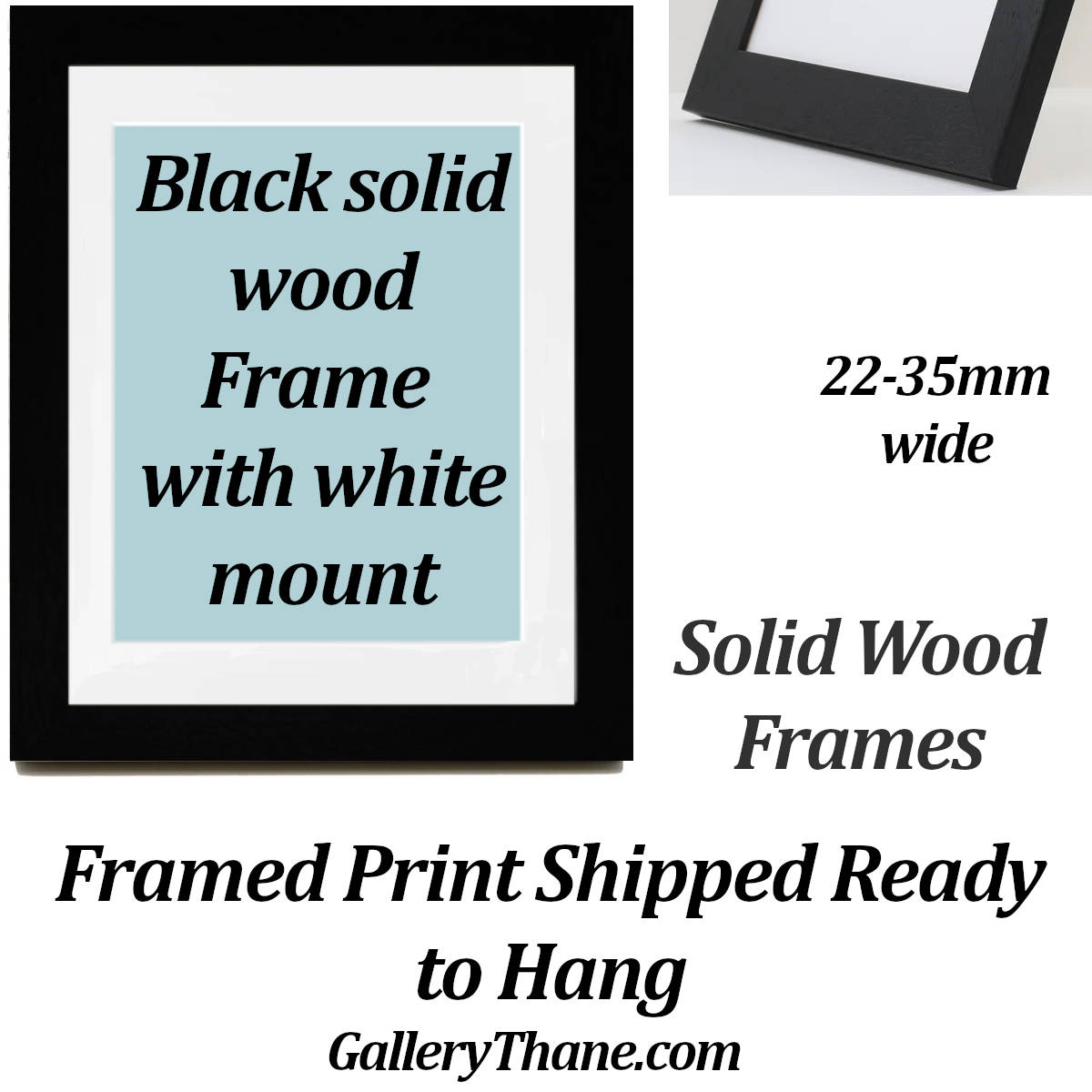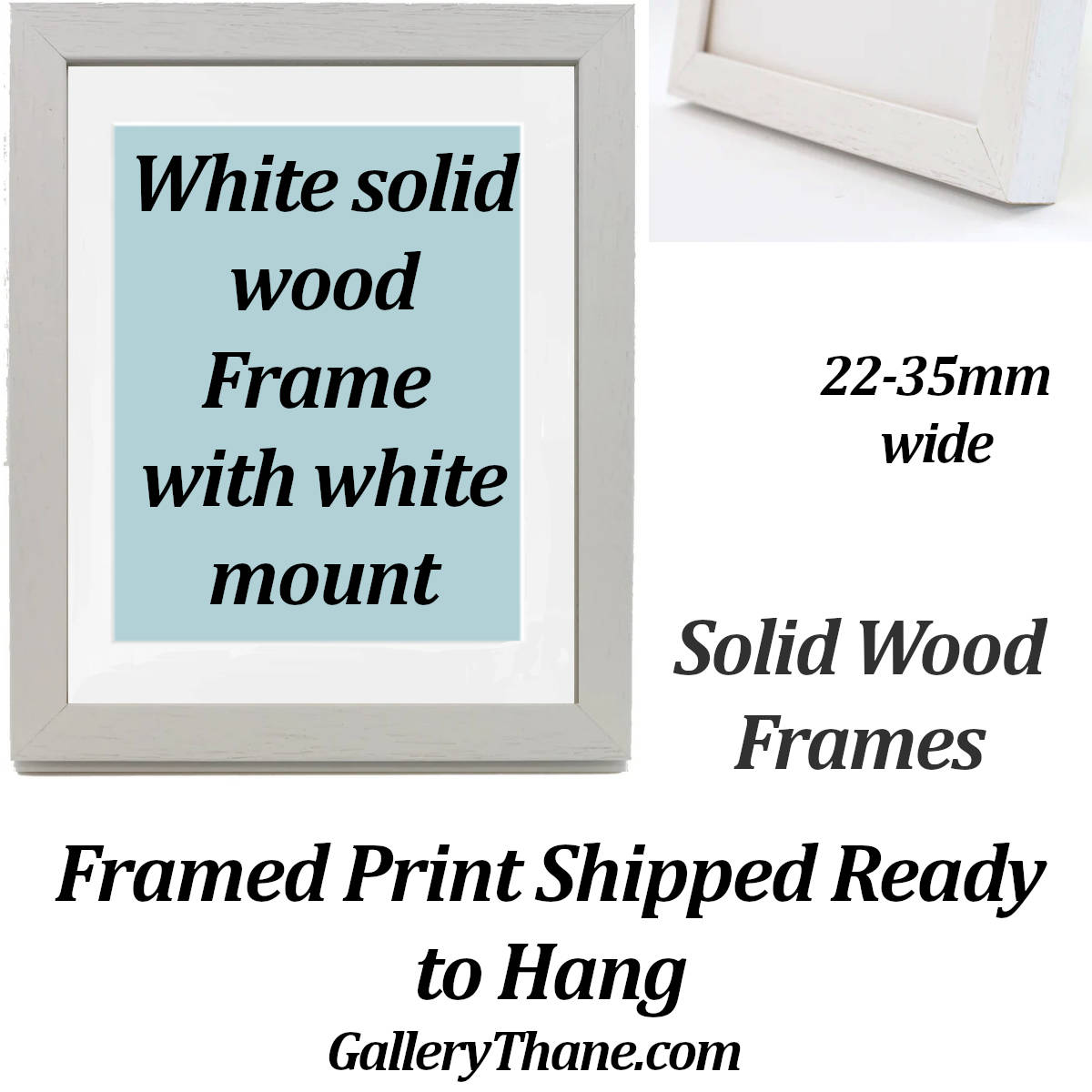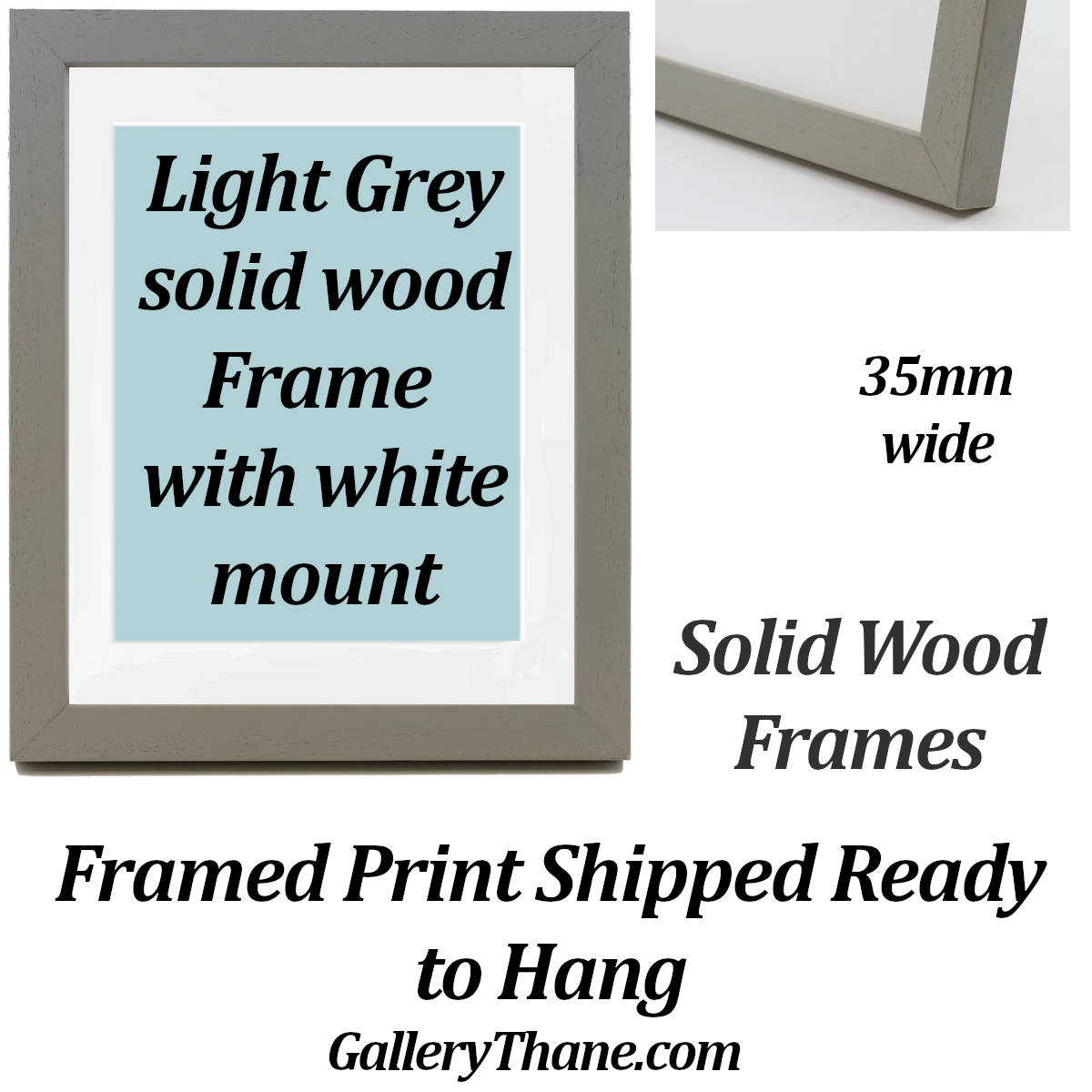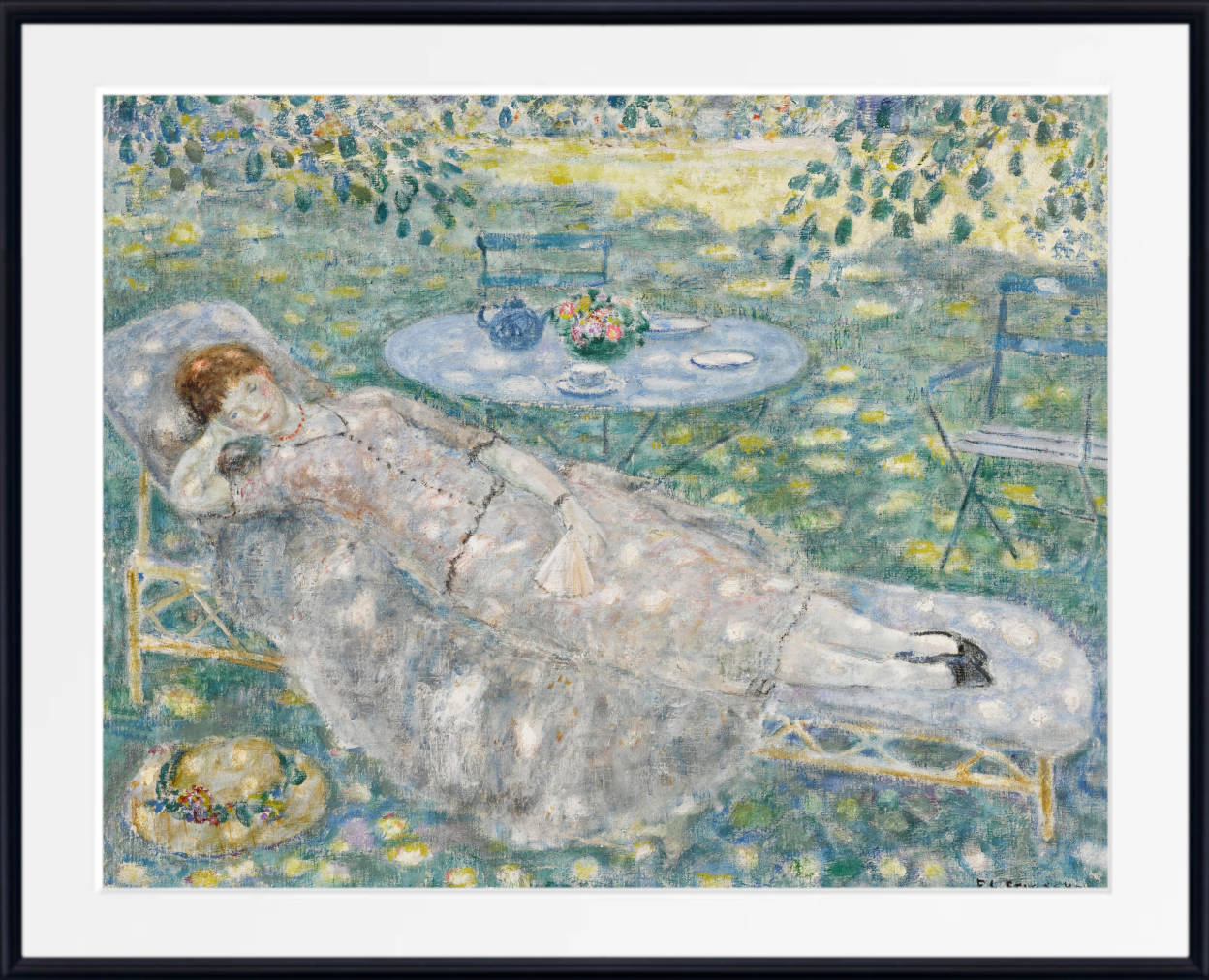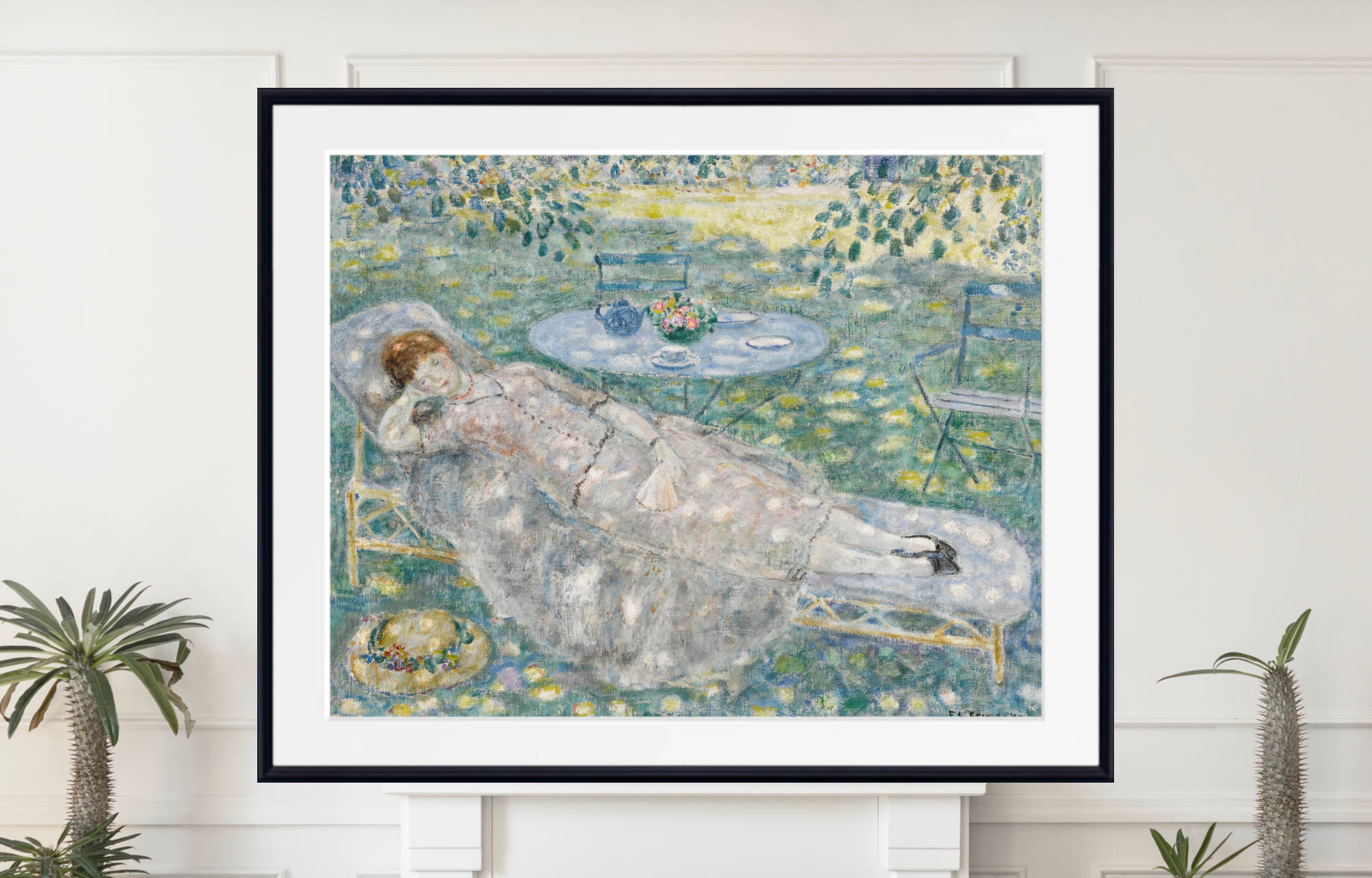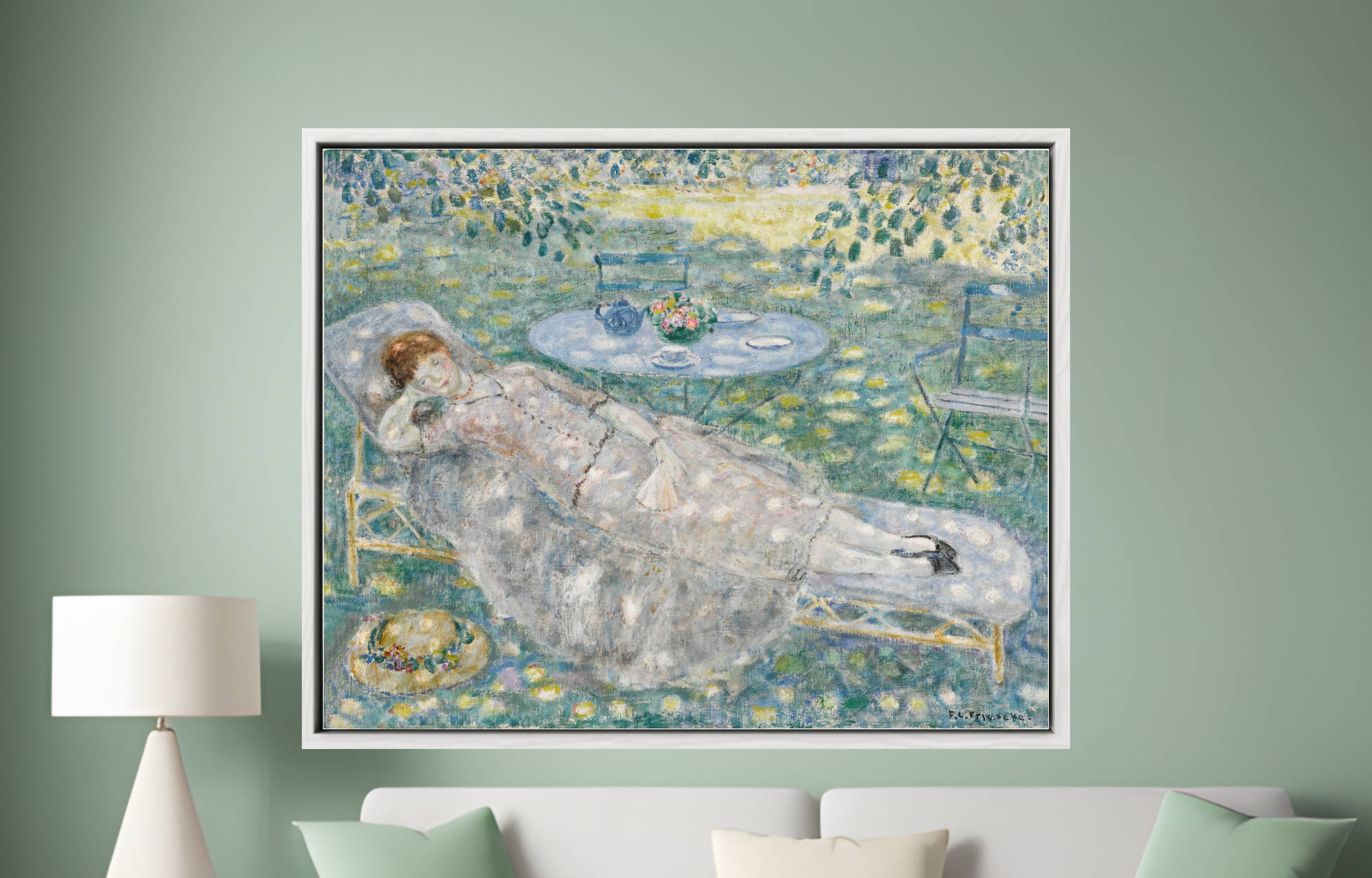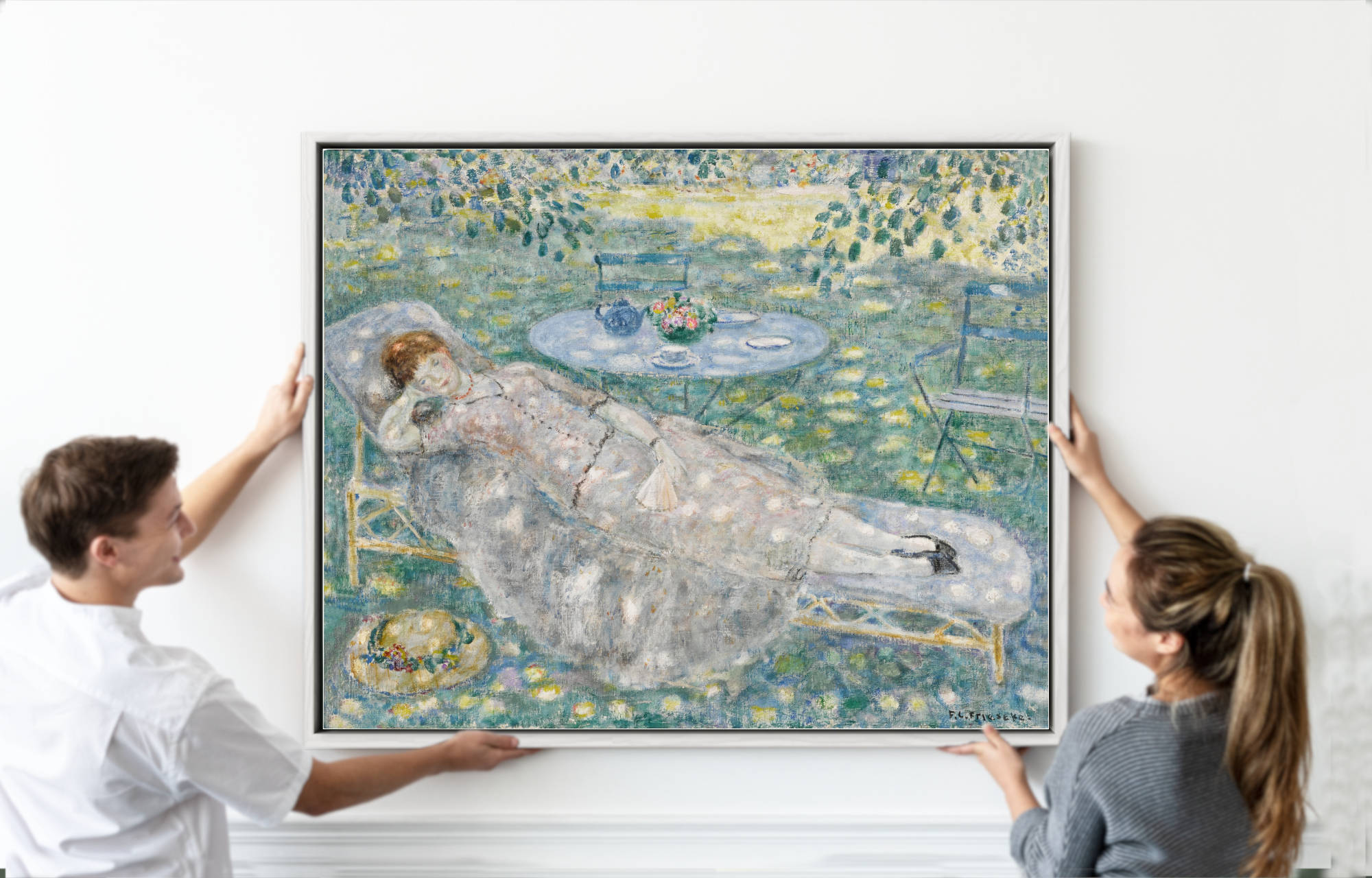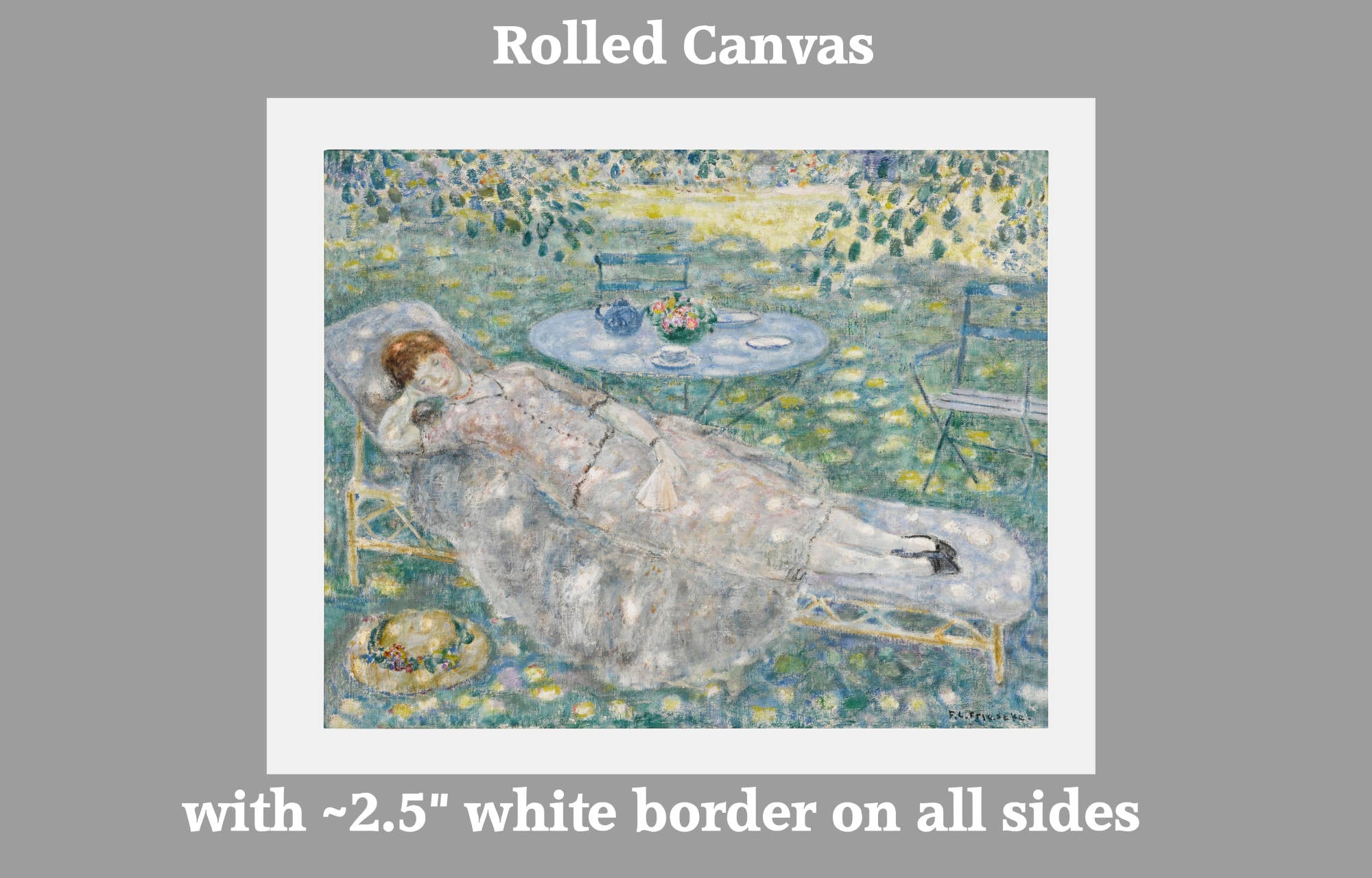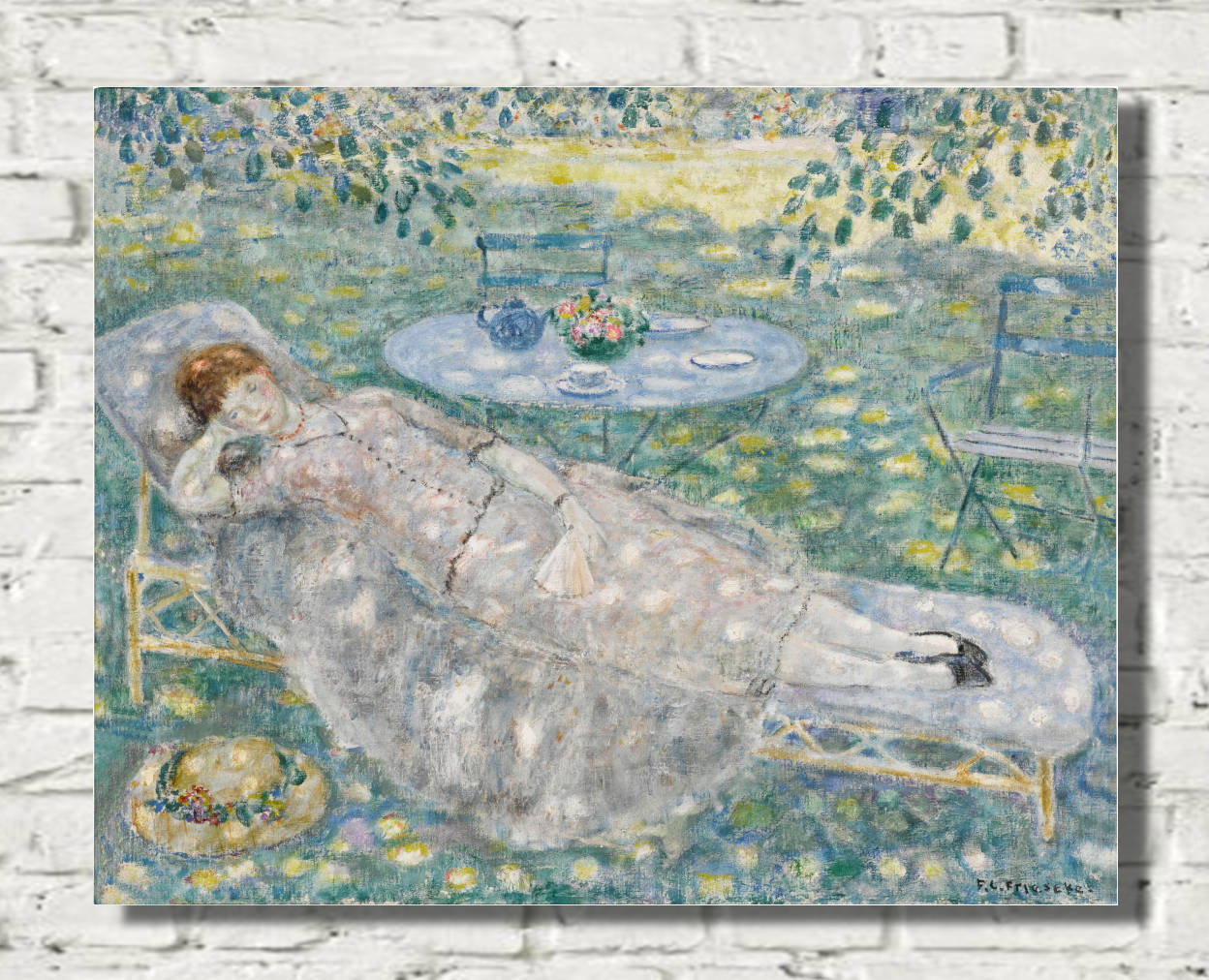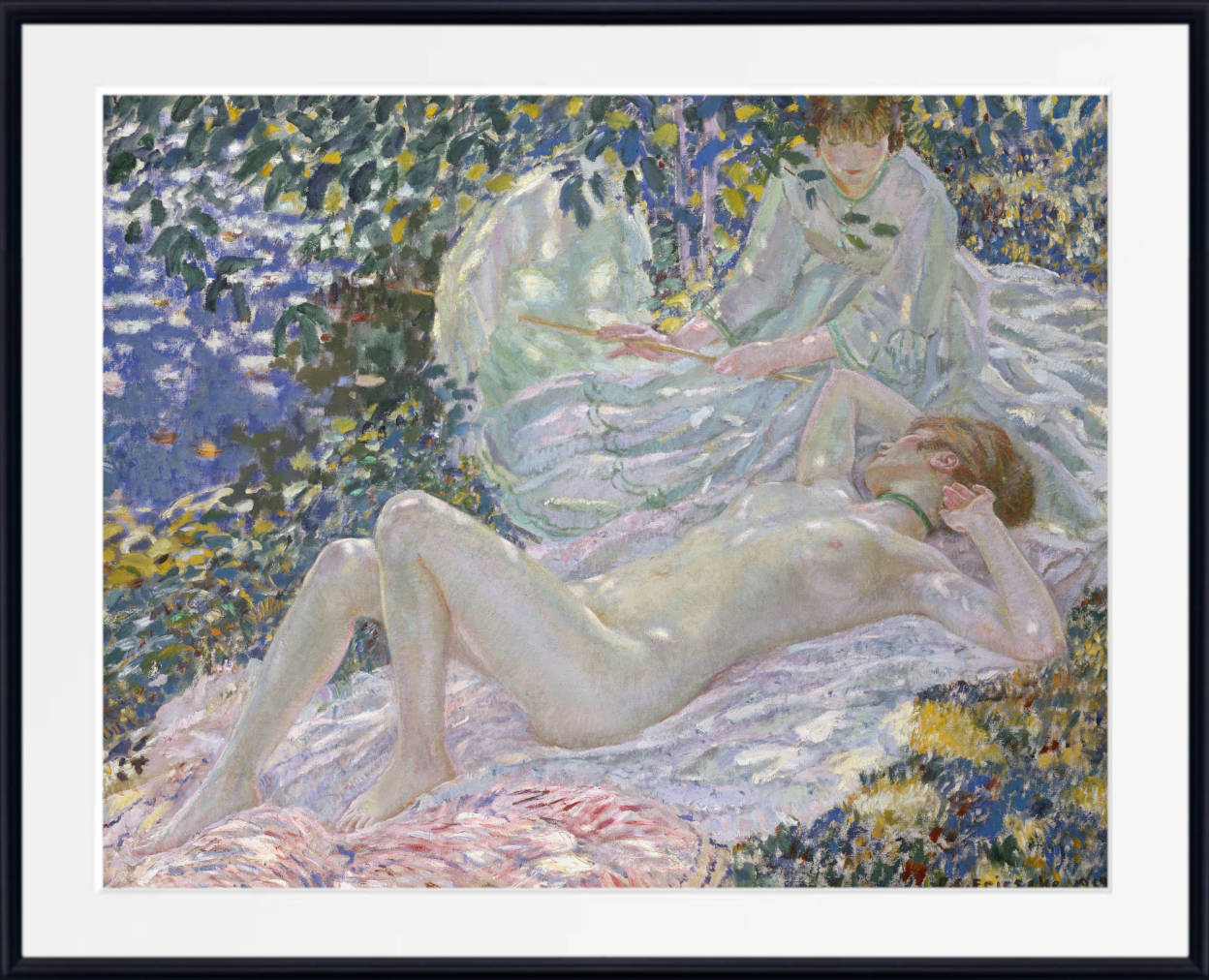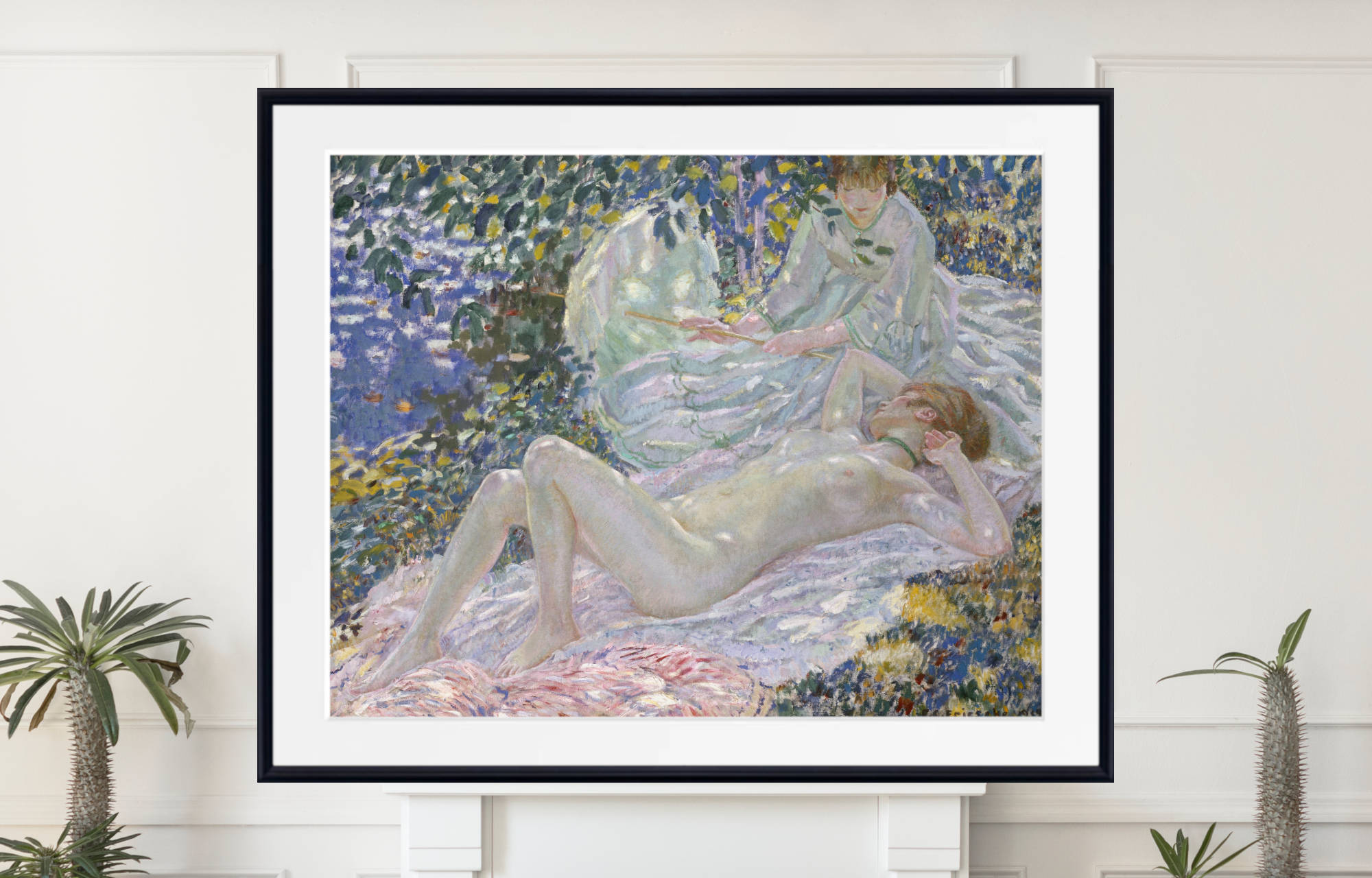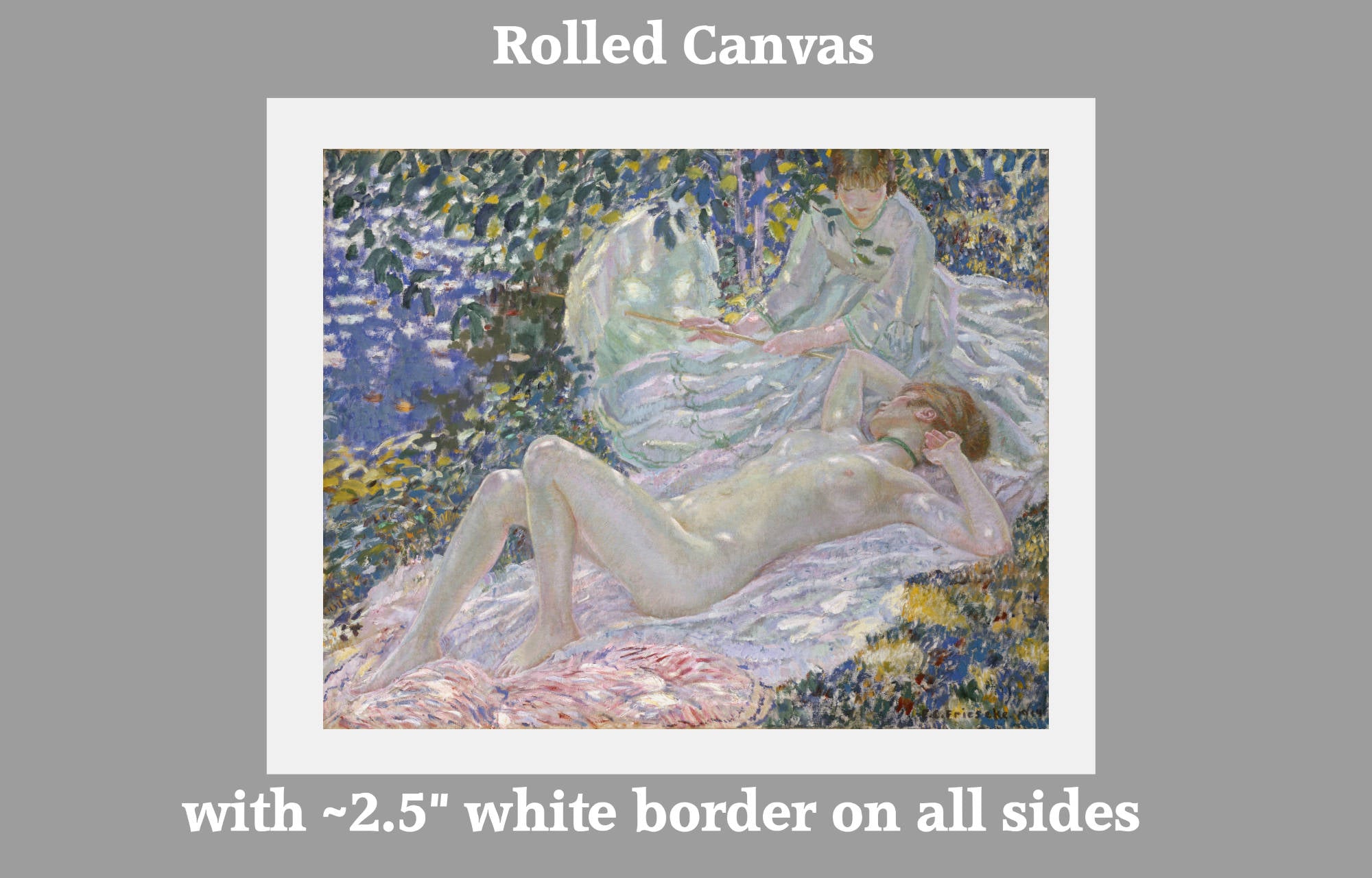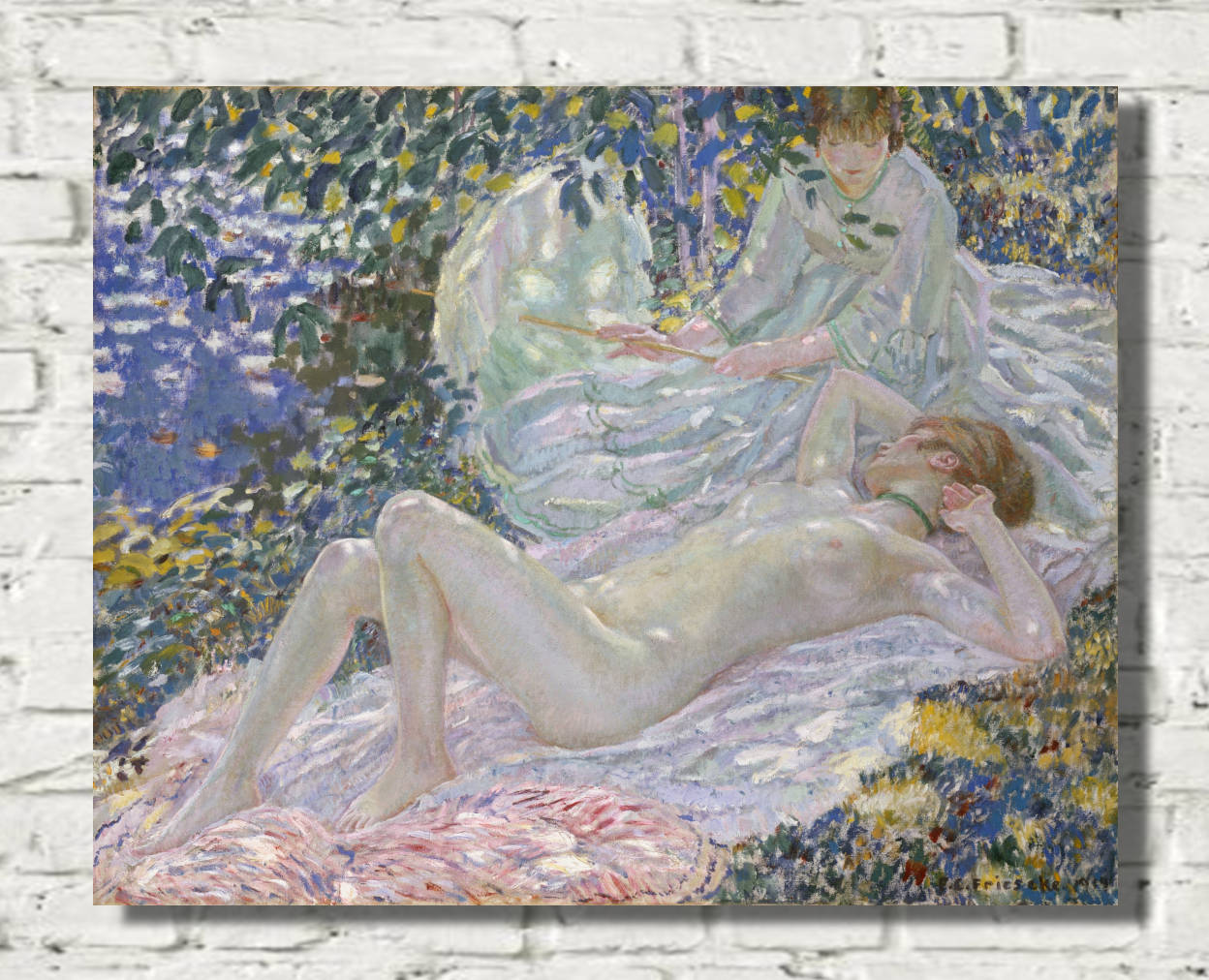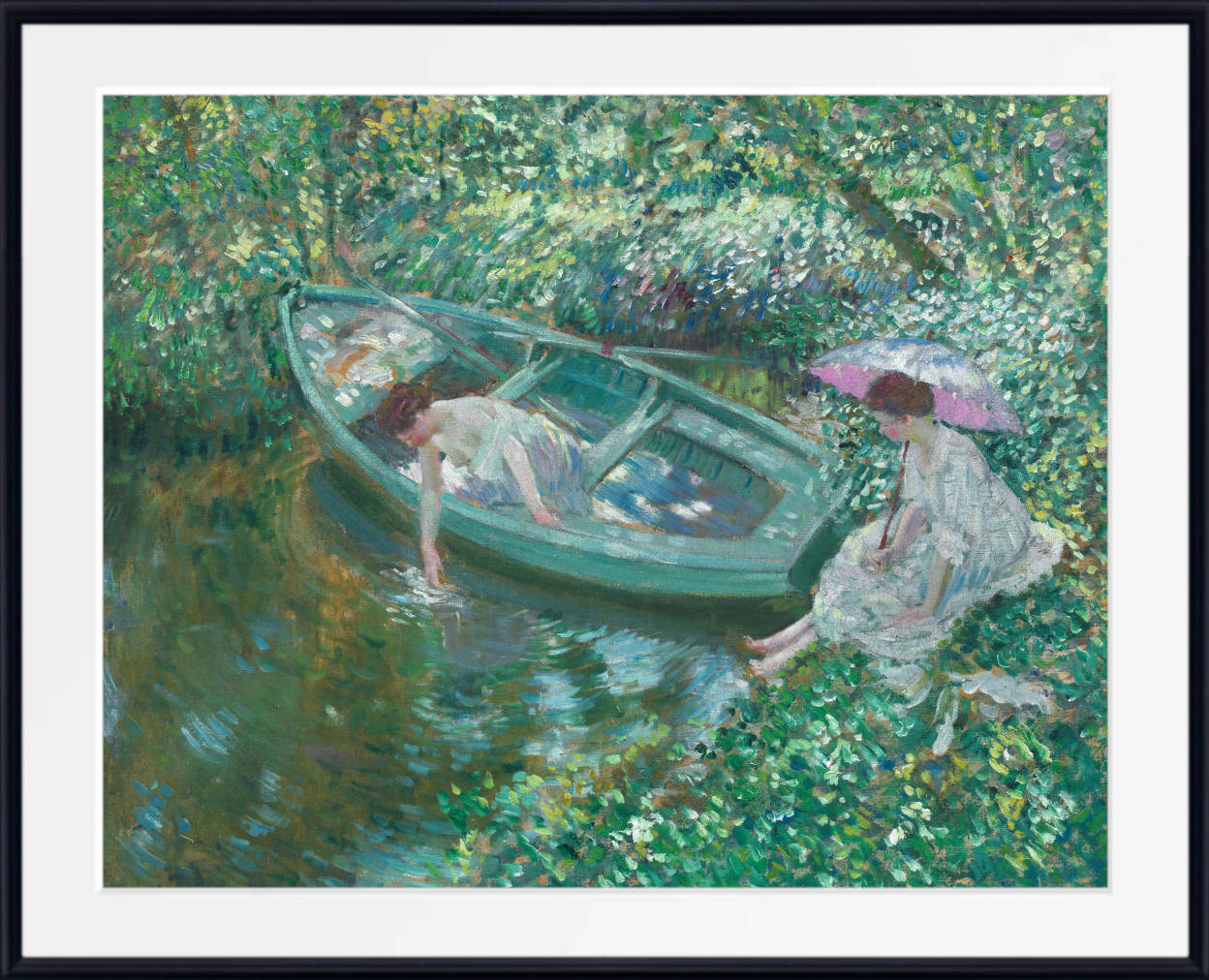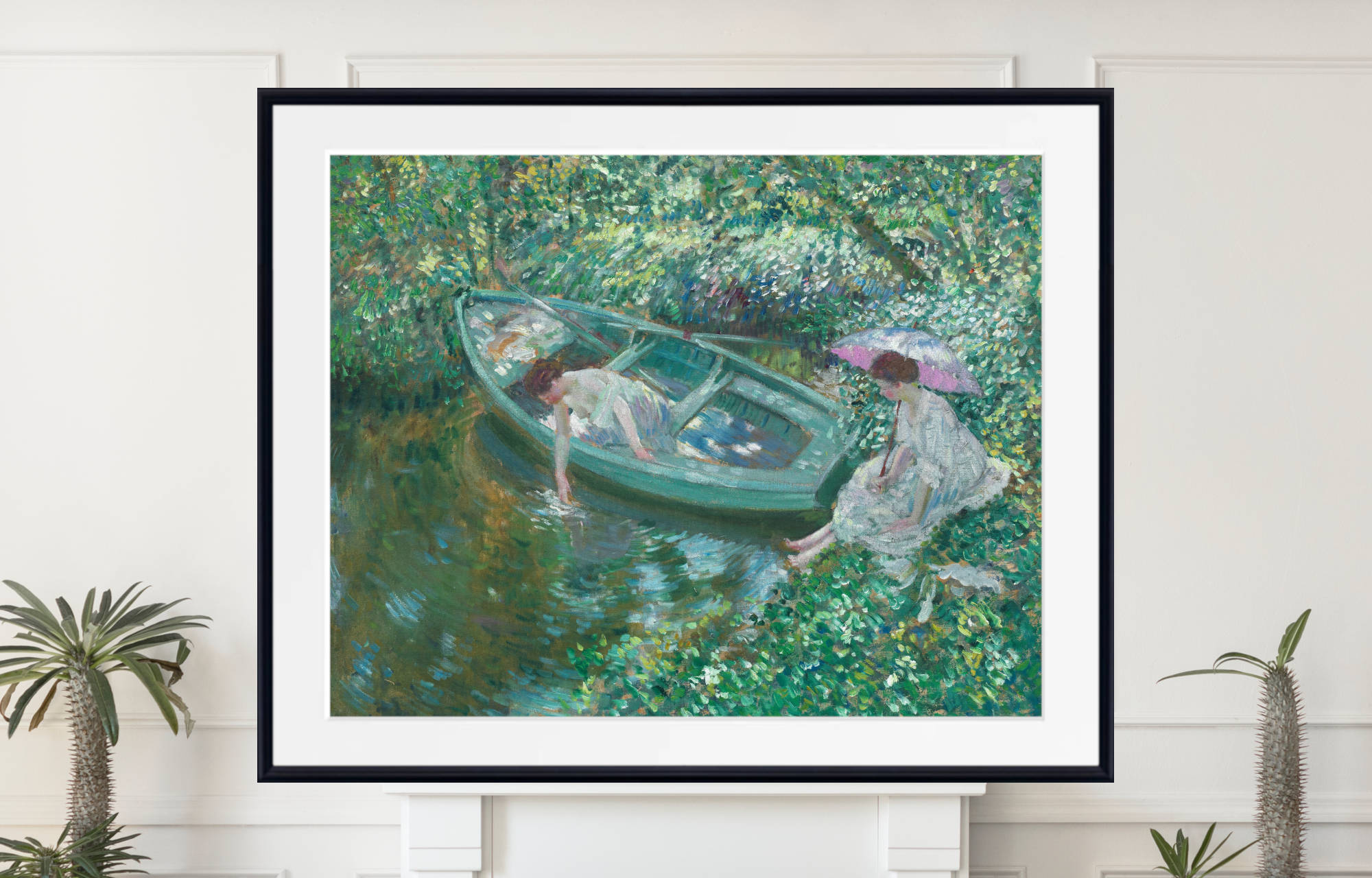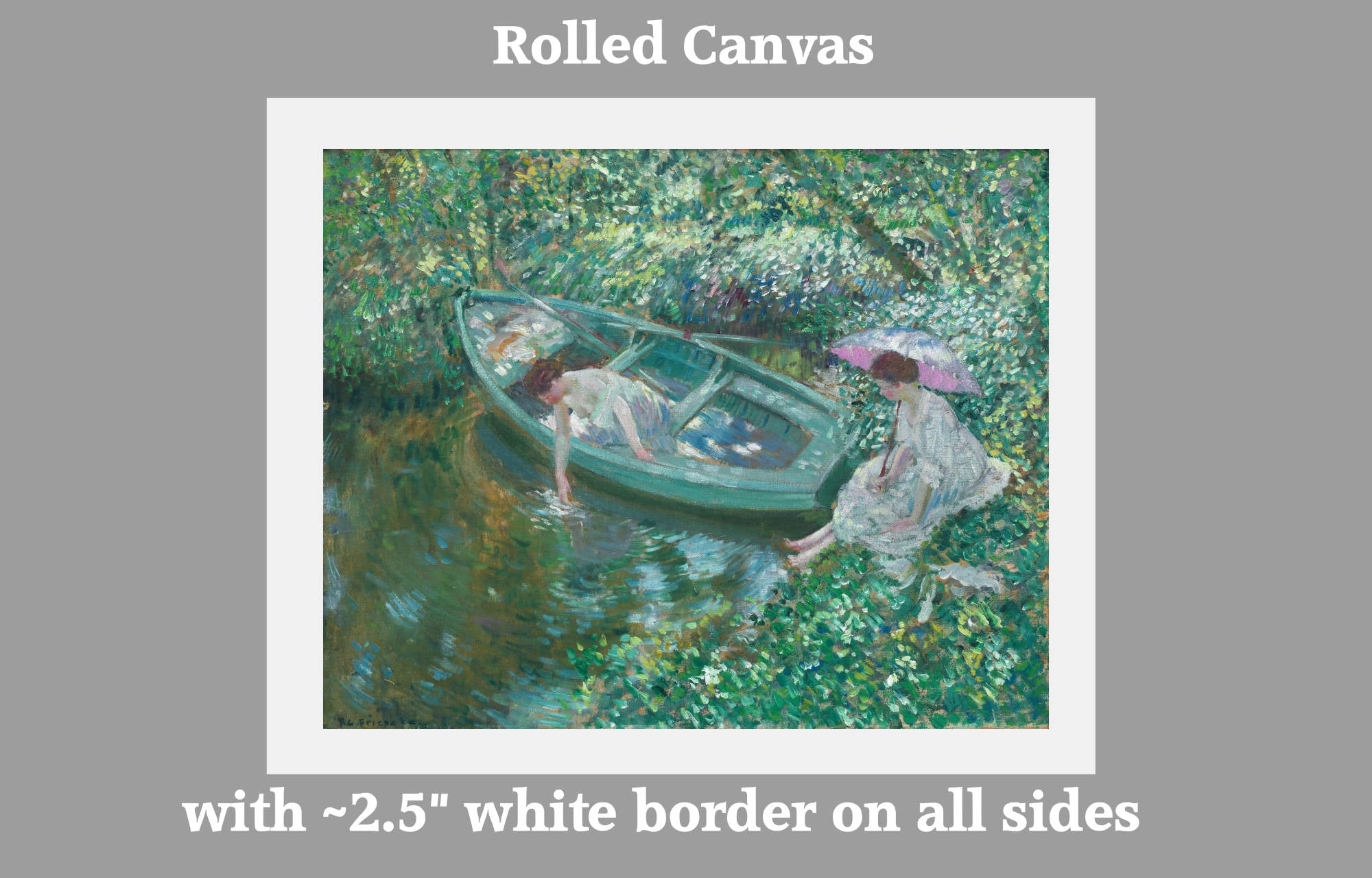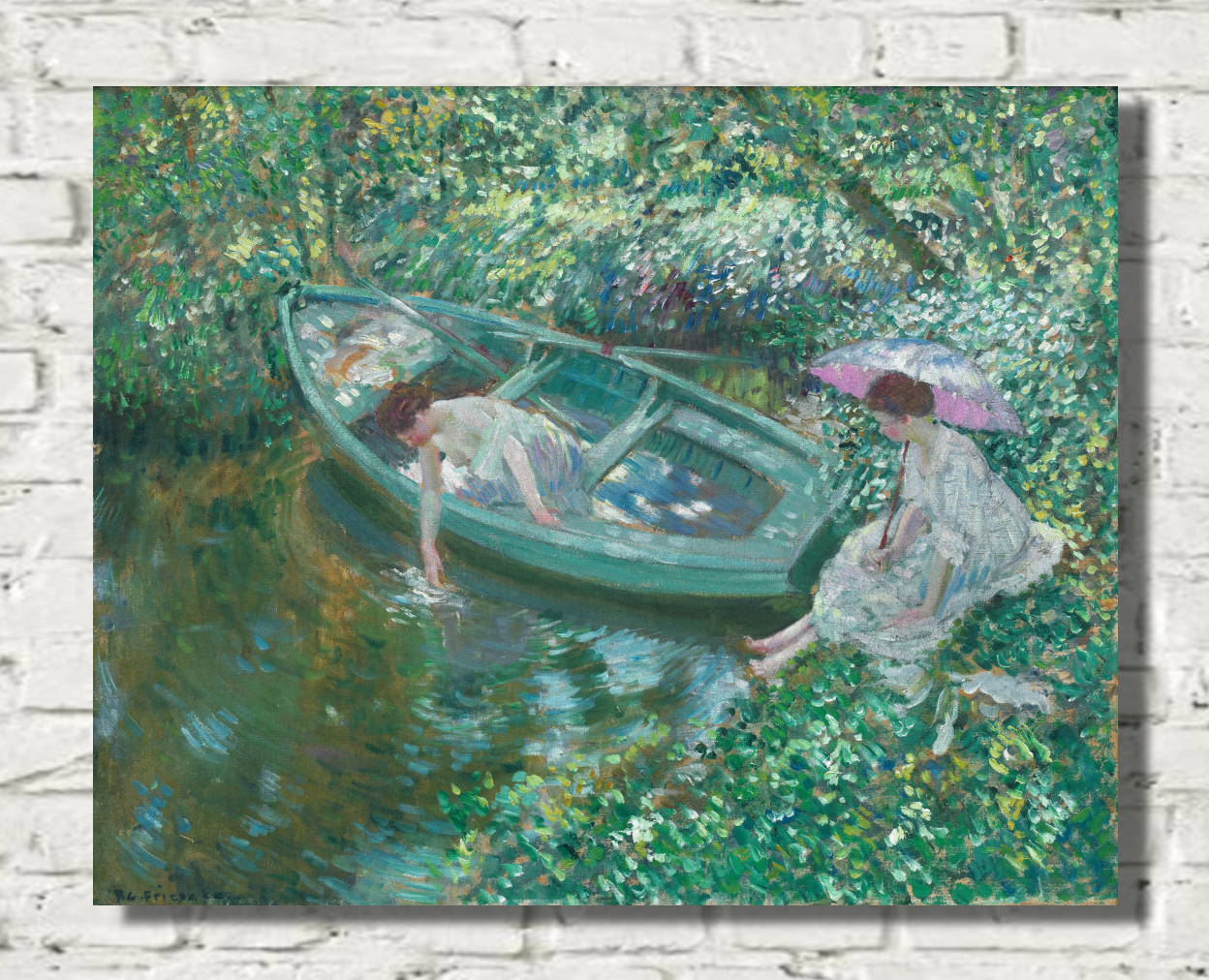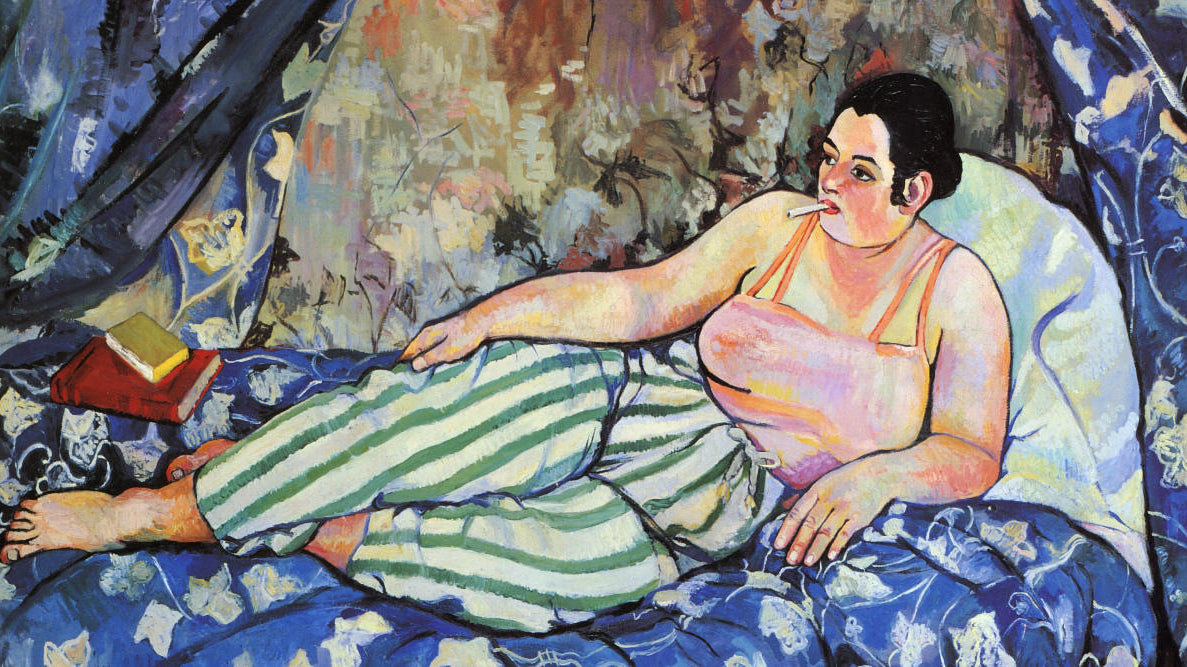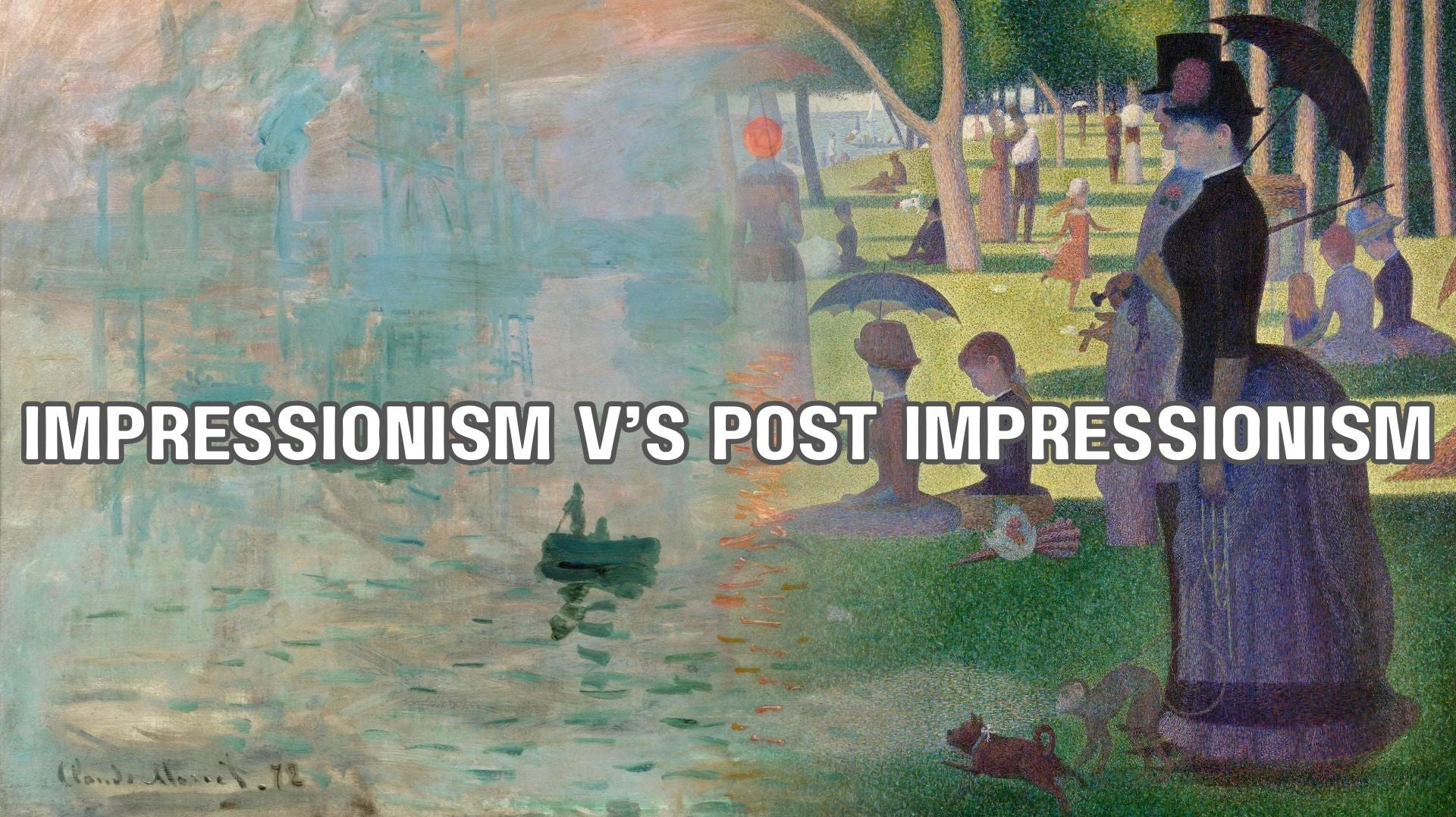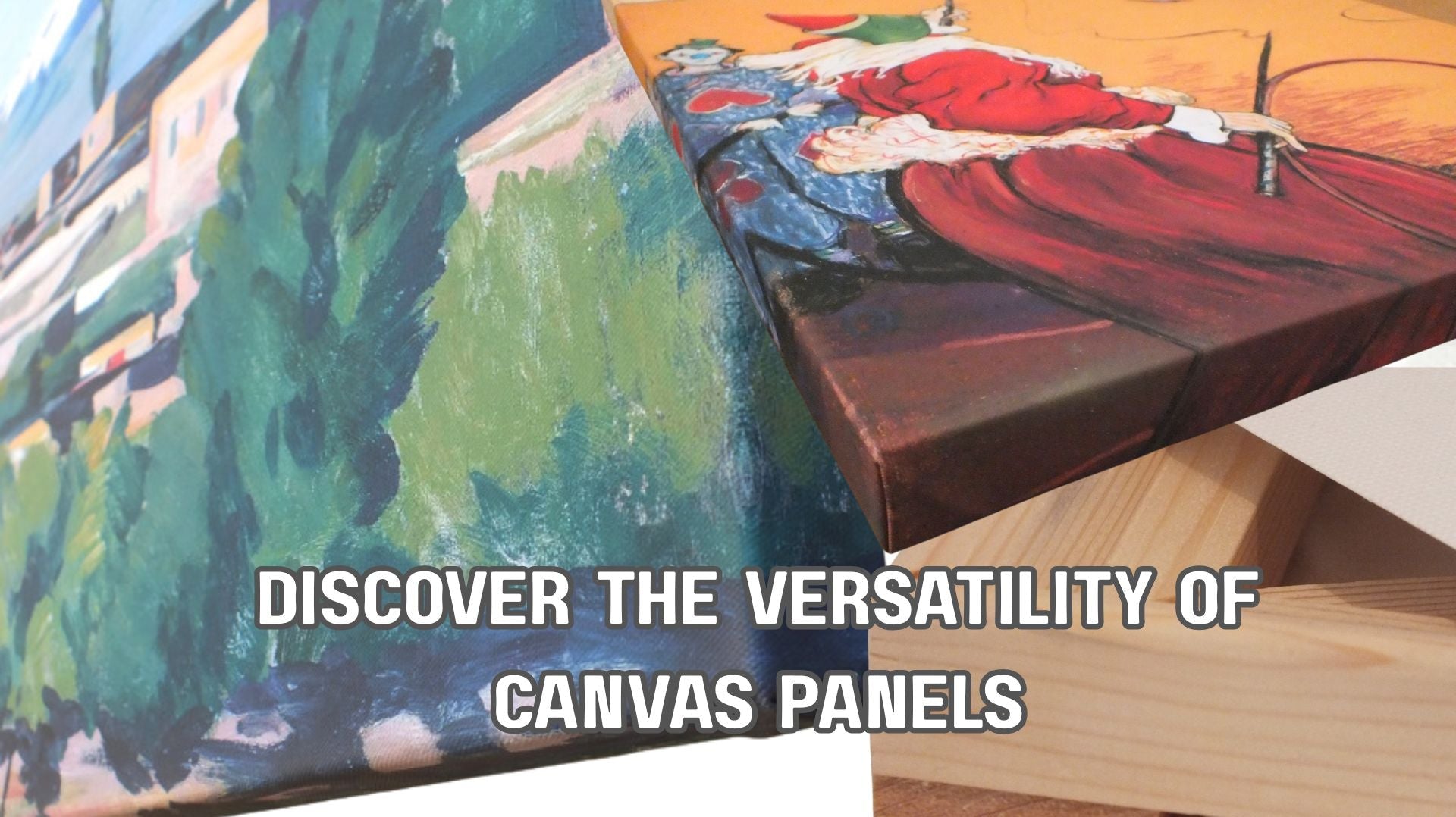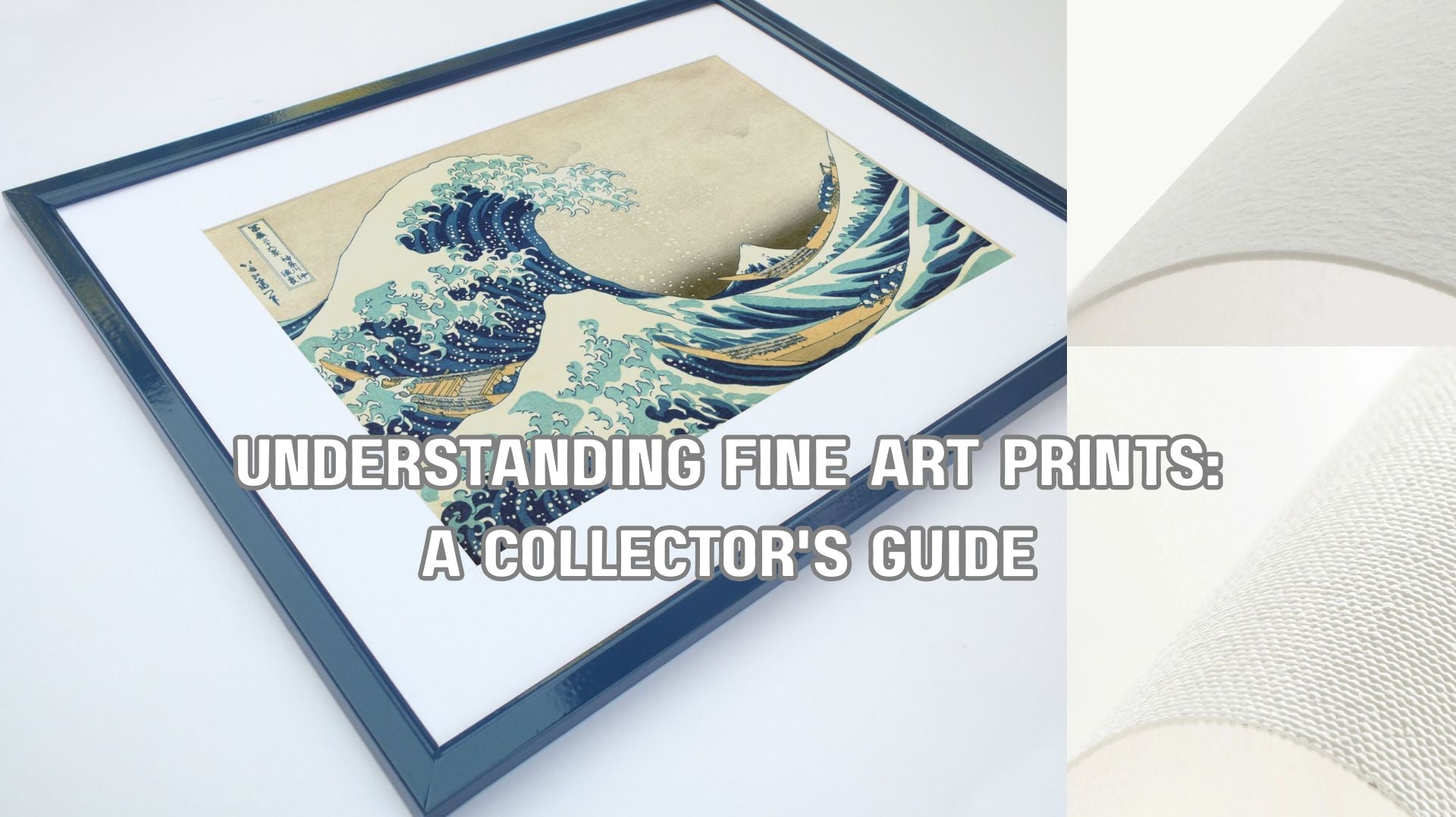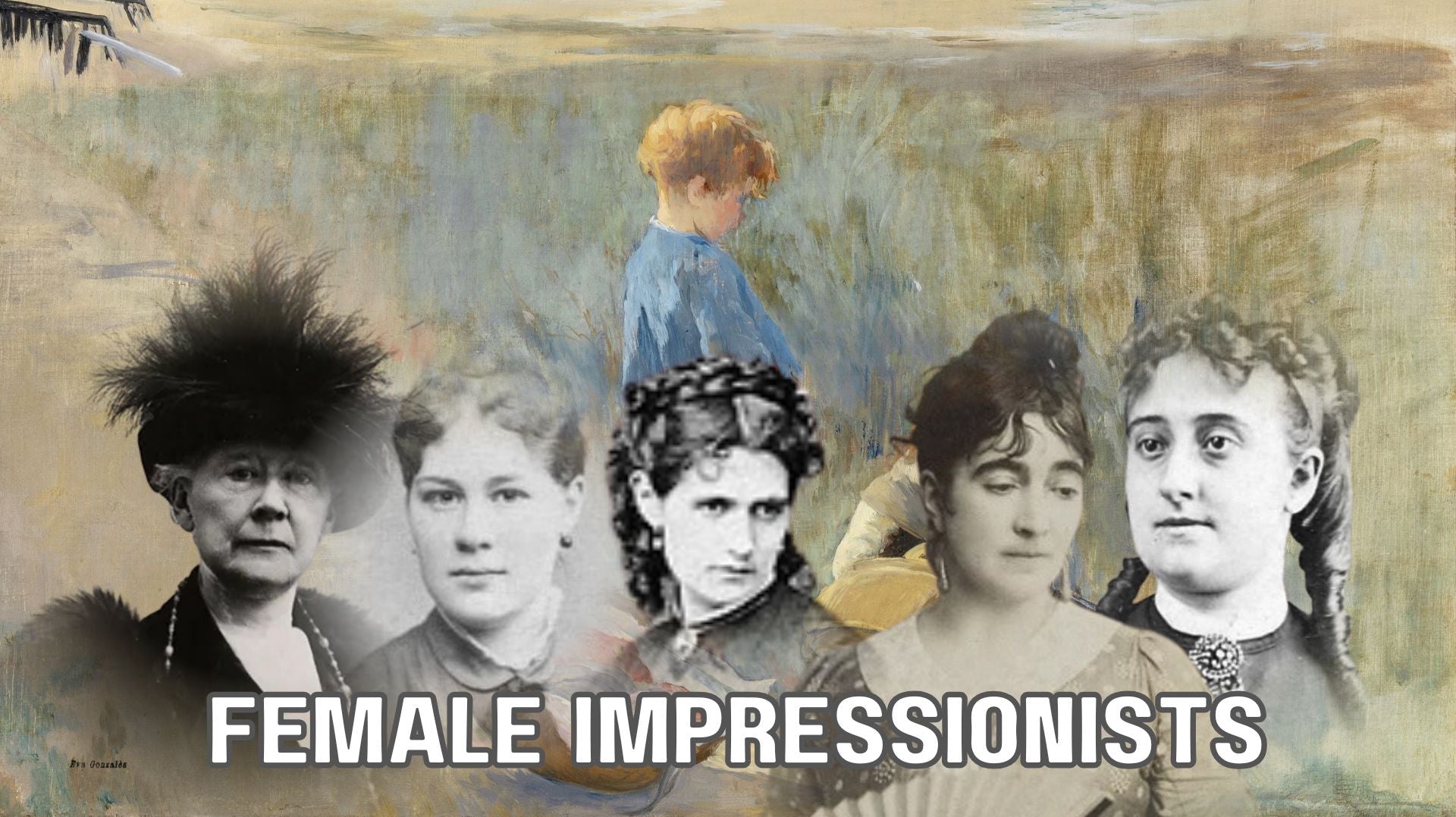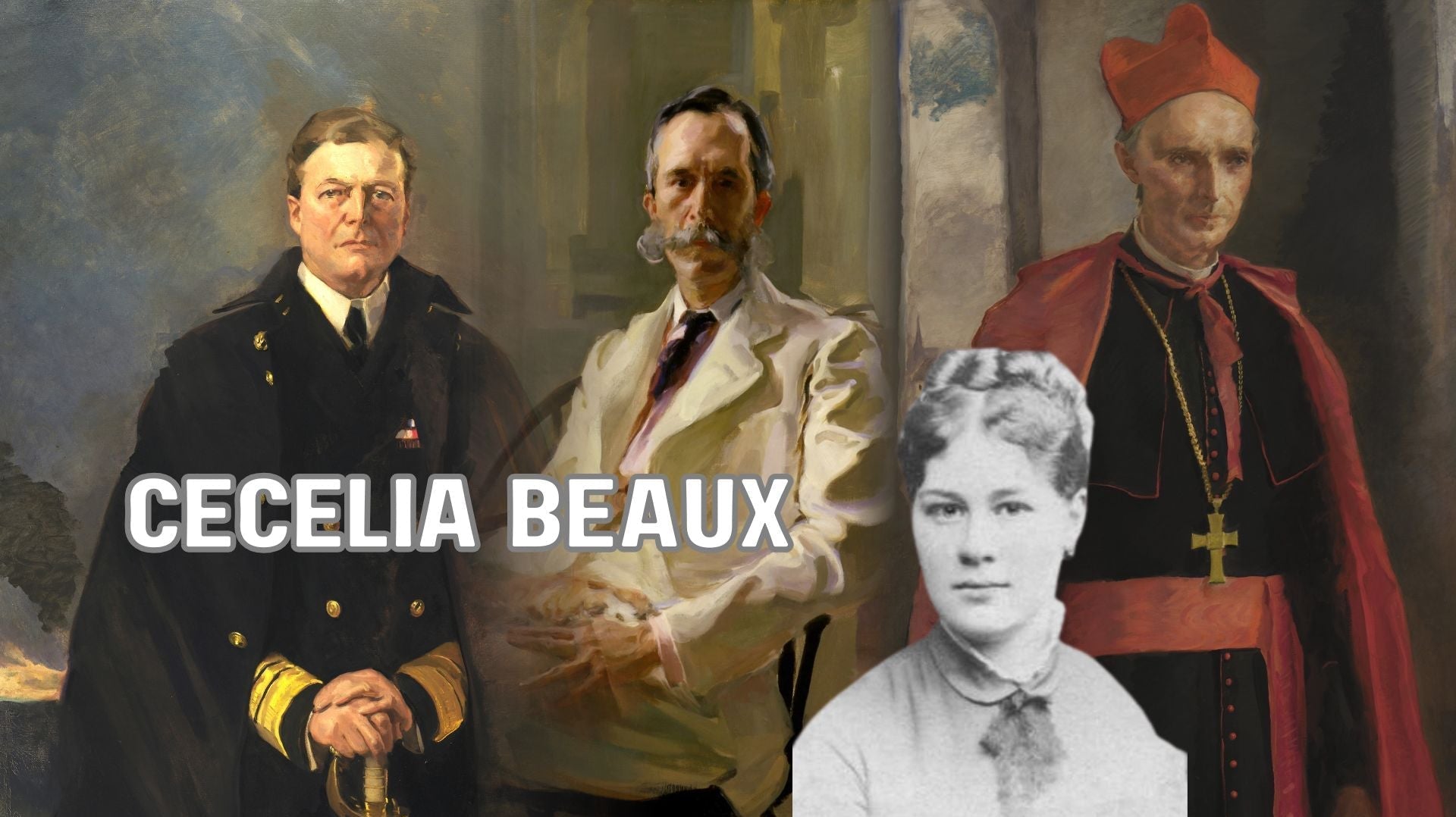Why Choose GalleryThane?
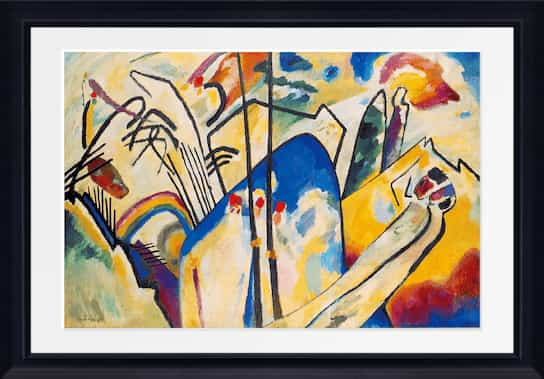
Exceptional Colour Reproduction
We use only the best pigment inks for our prints to give life-long vibrancy and superior fidelity.
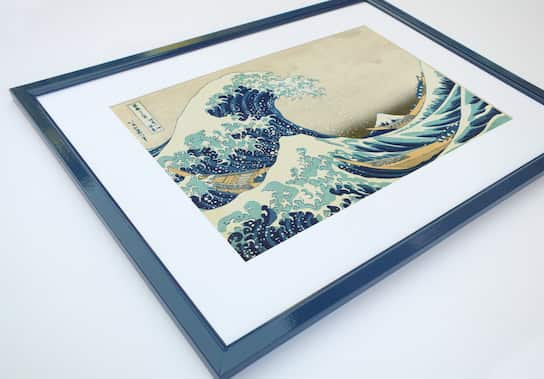
Highest Quality Materials
Every print uses the highest quality museum grade fine art papers or canvas and all of the wod used in our framing is responsibly sourced from manages sources.
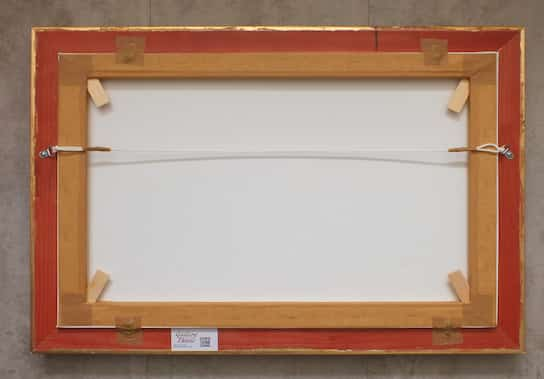
Ready To Hang
Every Framed print and canvas panel comes complete with hanging guide and picture hook.
Let customers speak for us
News and Guides
The Blue Room by Suzanne Valadon: A Feminist Masterpiece of Early Modern Art
Suzanne Valadon’s The Blue Room (1923) is a groundbreaking modernist painting that reimagines the female figure through bold color, post-Impressionist style, and a feminist lens. Depicting a confident woman at ease in a richly decorated interior, the work challenges traditional nudes and asserts female autonomy. Discover the story behind this iconic artwork at the Centre Pompidou.
Impressionism v's Post-Impressionism: A Timeless Revolution in Art
Explore the vibrant worlds of Impressionism and Post-Impressionism at GalleryThane. Discover how these groundbreaking movements revolutionized art with their emphasis on light, emotion, and vivid color. Our curated collection features museum-quality prints from iconic artists like Monet, Van Gogh, and Cézanne, bringing timeless beauty and artistic innovation into your home with unparalleled quality and style.
Discover the Versatility of Canvas Panels: A Guide by GalleryThane
Discover the versatility of canvas panels with GalleryThane’s expert guide! Lightweight, affordable, and durable, canvas panels offer a modern, frameless aesthetic that complements any décor. Learn how to choose the perfect piece, creative ways to display them, and why GalleryThane’s high-quality, vibrant prints are a favorite among art lovers and interior designers alike.
Understanding Fine Art Prints: A Collector's Guide by GalleryThane
Discover the world of fine art prints with GalleryThane's comprehensive guide. Learn how high-quality giclée prints capture exceptional detail and vibrant colors that last for decades. Explore the benefits of choosing fine art prints for affordability and accessibility, and get tips on selecting the perfect piece to enhance your space with lasting beauty and style.
Spotlight on Female Impressionists: Wall Art Celebrating Women in Art
Discover the remarkable contributions of female Impressionists, including Berthe Morisot, Mary Cassatt, and Eva Gonzalès. Learn about their biographies, unique painting styles, and their impact on the art world. Explore stunning art prints that celebrate these pioneering women and their ability to capture light, color, and everyday life with breathtaking beauty.
The Paintings of Cecilia Beaux: A Master of Portraiture
Cecilia Beaux was a pioneering American portraitist, blending Impressionist light with academic realism. Her refined brushwork and keen psychological insight brought her subjects to life. Explore her most famous works, including Sita and Sarita, and discover how her luminous paintings continue to captivate audiences worldwide.

